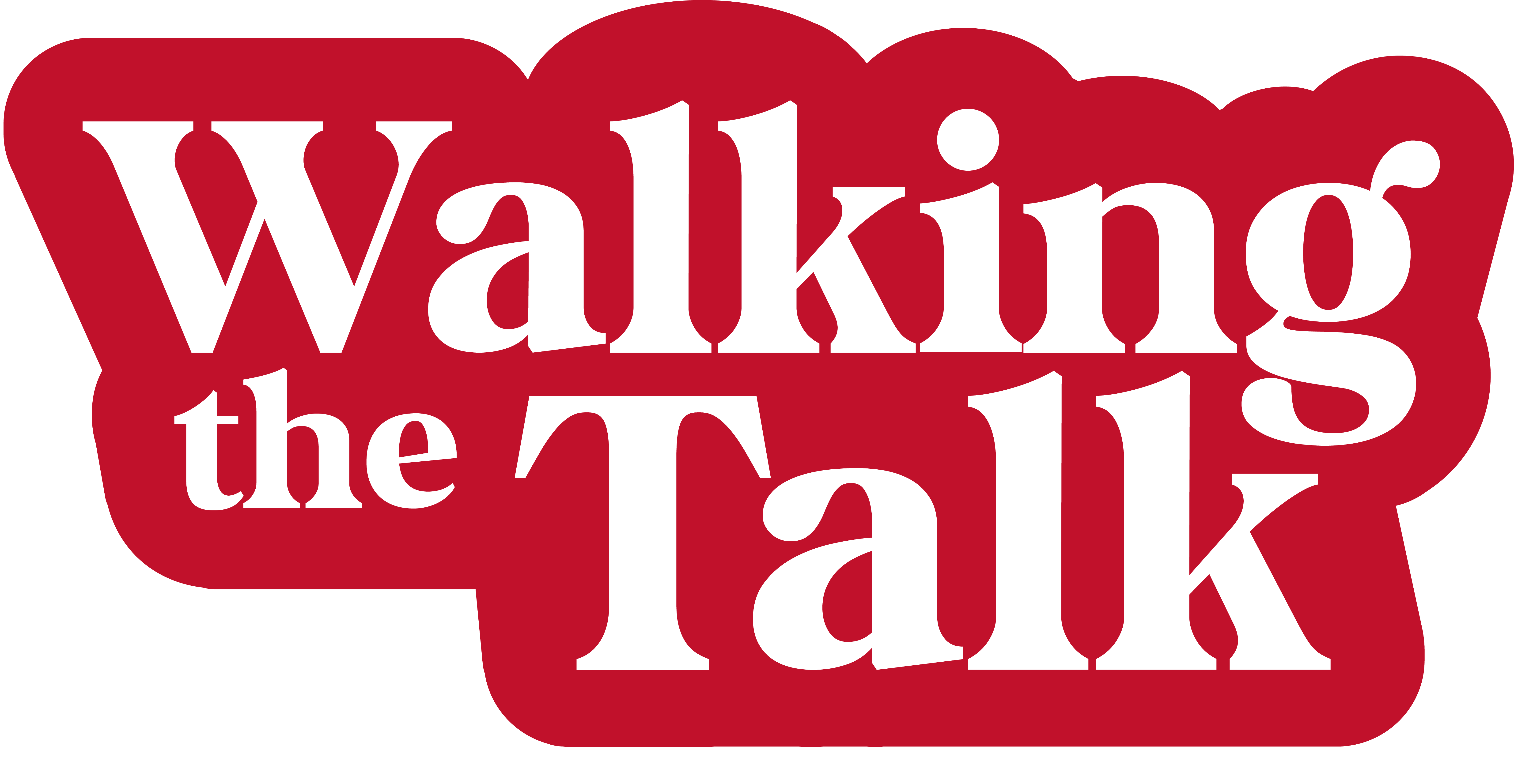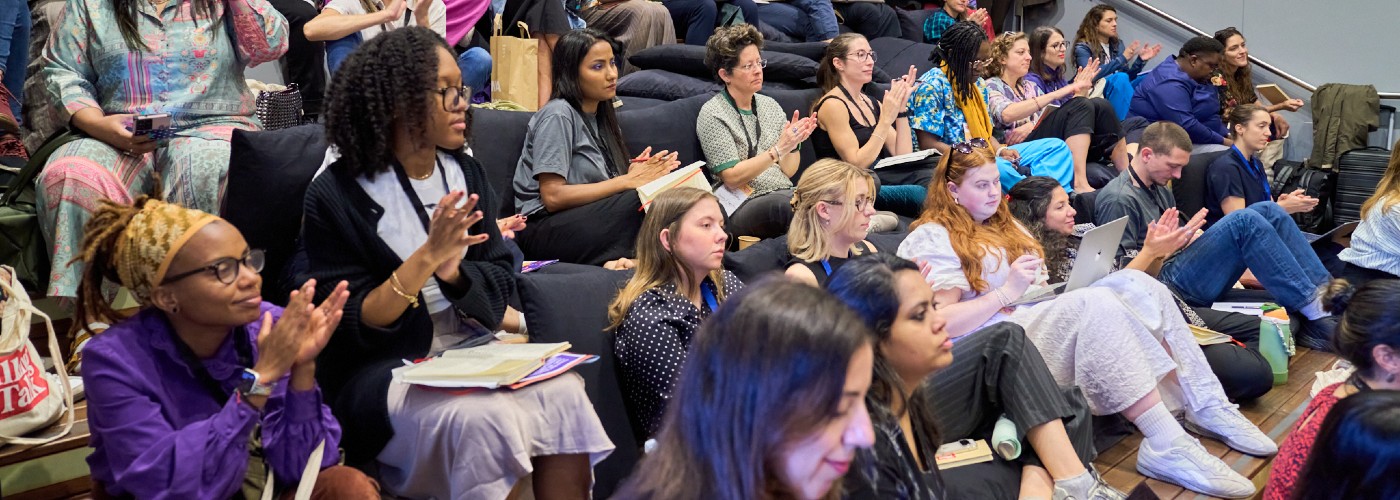Click on a session to see its abstract and speakers. Please note that sessions speakers may change due to unforeseen cancelations.
Session 001: Countering Anti-Gender Movements: Disrupting the Dollars and Reinforcing the Resistance
This session, co-hosted with Center for Transformative Narrative (CTN), European Parliamentary Forum for Sexual and Reproductive Rights (EPF), Fòs Feminista, and Deutsche Gesellschaft für Internationale Zusammenarbeit (GIZ), will examine the funding flows sustaining anti-gender and anti-rights movements. Drawing on new research from EPF, it will explore how feminist funding and collaboration can dismantle harmful narratives, foster resilience, and strengthen collective advocacy through shared strategies between feminist movements, donors, and policymakers. Grounded in the themes of Resistance, Resilience, and Remembrance, panelists will discuss how localized anti-gender rhetoric connects to global agendas and co-create practical solutions for supporting CSOs and feminist networks.
Speakers:
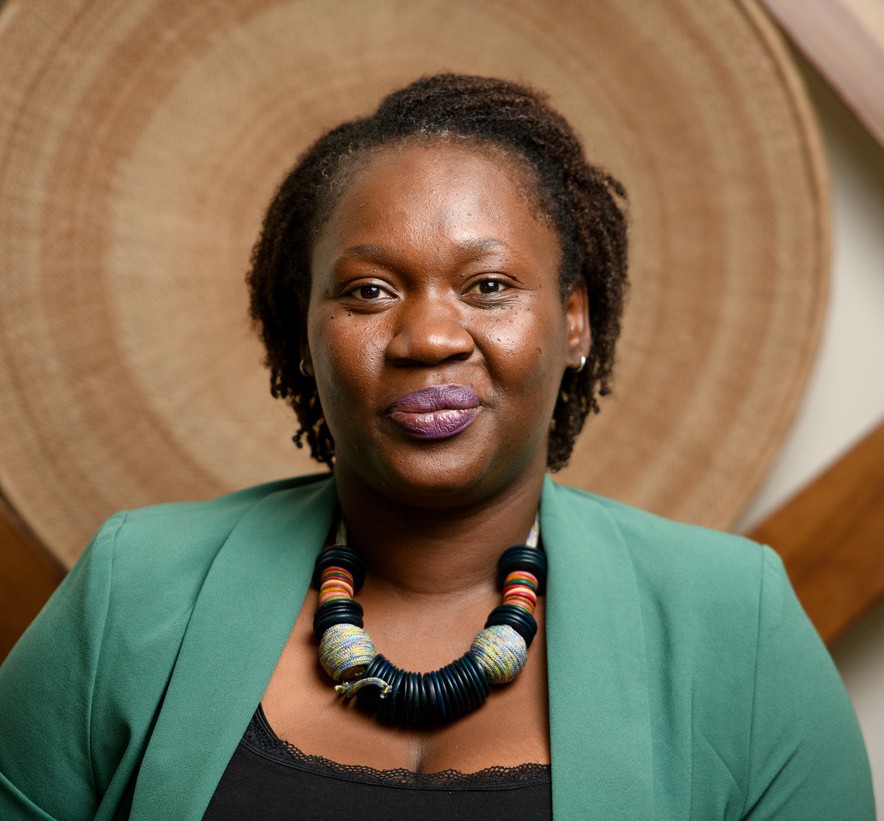
Fadekemi (Kemi) Akinfaderin is a feminist thought leader with over 25 years of experience advancing sexual and reproductive justice across Africa and the Global South. She is the Chief Global Advocacy Officer at Fòs Feminista and has previously held leadership roles at the Equality Fund and PROSPERA, after beginning her career as co-founder of Education as a Vaccine in Nigeria. Kemi also serves on the boards of the Global Fund for Women and the WHO Civil Society Commission, and holds degrees from Wesleyan University and Columbia University’s Mailman School of Public Health.
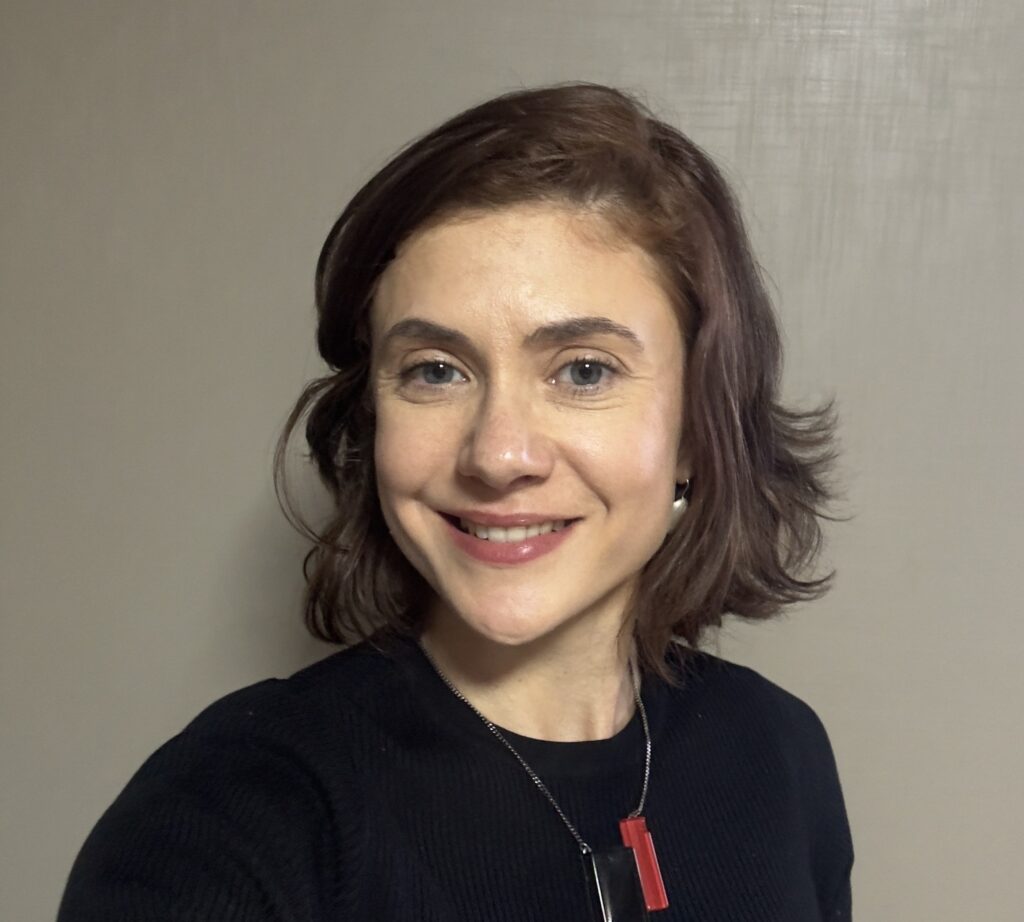
Luciana Brito is co-director at Anis, a nonprofit, non-governmental feminist organization that promotes reproductive justice in Brazil through research, policy and legal advocacy, and community mobilization. Luciana and her team are committed to creating social and political spaces that are safe for women and free from violence and harassment. We believe that gender justice and bodily autonomy should be fulfilled for everyone, especially women and girls on the margins, including during health emergencies.
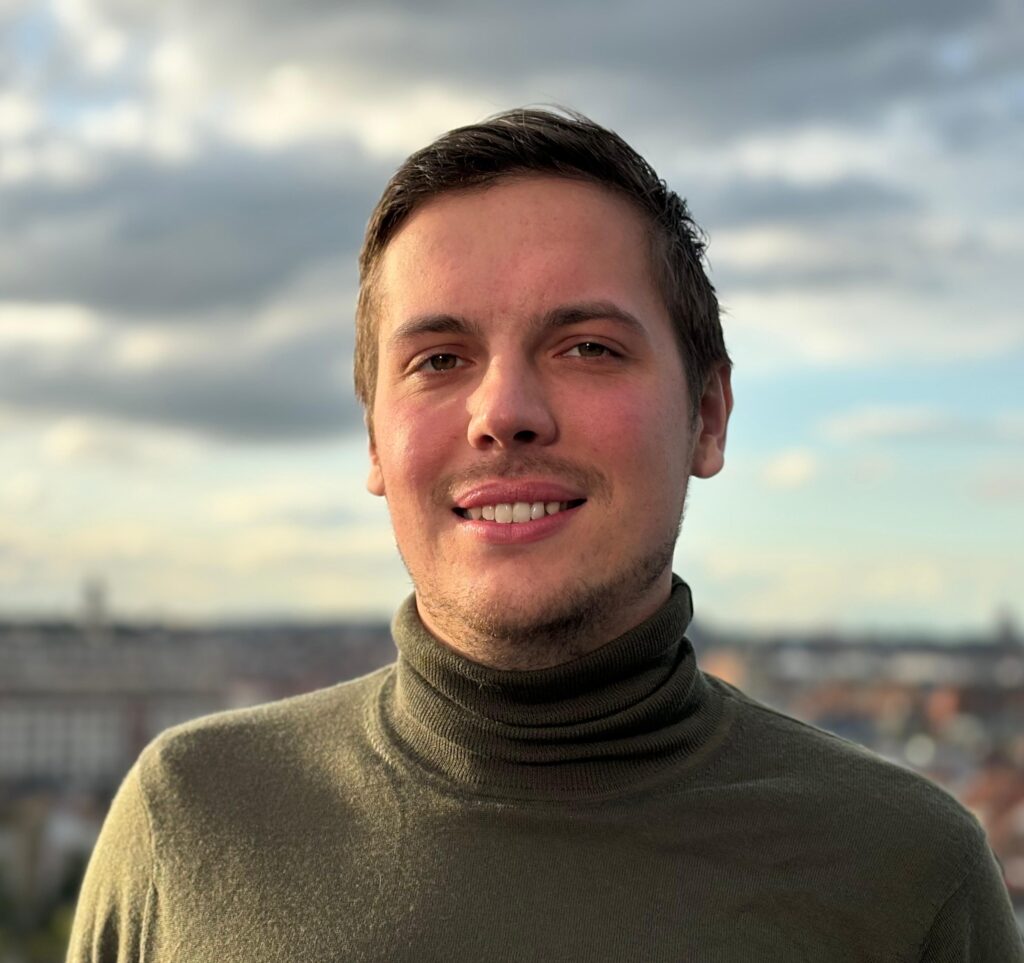
Vladislav Velizanin is Advocacy Associate at the European Parliamentary Forum for Sexual and Reproductive Rights, where he works on researching SRHR policies and challenges posed by anti-rights movements. Before joining the Secretariat, Vladislav worked as a communication advisor at the Estonian Chamber of Disabled People. Vladislav holds a master’s degree in political science from Tallinn University. He is an alumnus of the 2015 Benjamin Franklin Transatlantic Fellowship at Wake Forest University in North Carolina and Erasmus+ alumnus at Erasmus University in Rotterdam. Vladislav is fluent in Estonian, English, Russian and Spanish.
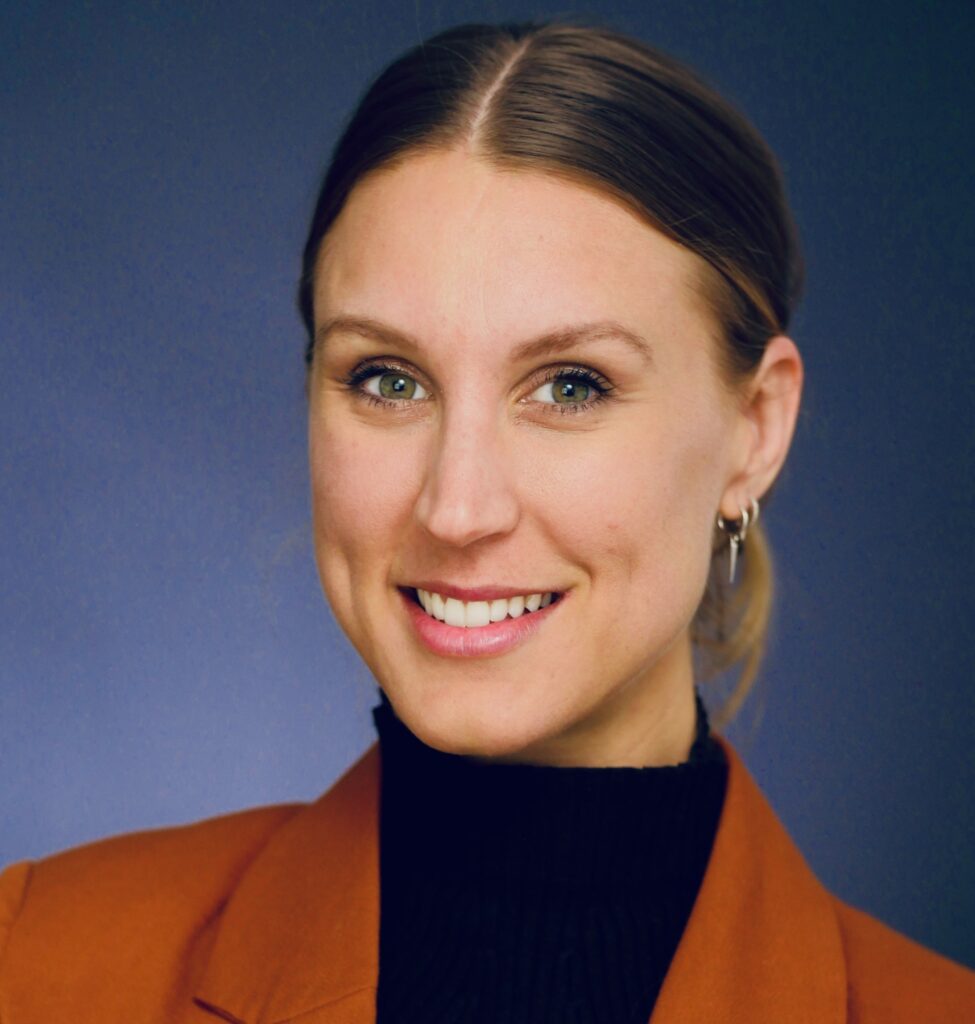
Jaslyn Reader is an Advisor at Deutsche Gesellschaft für Internationale Zusammenarbeit GIZ, advising on data feminism and responses to anti-rights and anti-feminist movements within the global project Feminism in Action for Structural Transformation (FAST). With a background spanning gender equality, and digitalization—including digital health, cultural and creative industries, and sports for development—she bridges feminist strategy with practice in complex and challenging settings. She is also a former professional dancer with a decade-long international career, Jaslyn’s creative roots continue to shape her research and advisory work, emphasizing embodied learning, emotional intelligence, and collective reflection as pathways to feminist transformation.
Session 002: Rethinking Global Financing: Can Official Development Assistance Be Truly Feminist?
As funding becomes increasingly competitive and donor-driven, how can grassroots feminist and youth-led organisations remain at the centre of the financing process? This session reimagines ODA and global funding through a feminist lens, balancing donor expectations with the need to decolonise aid, amplify marginalised voices, and support transformative, community-led solutions.
Speakers:

Dianah Nanyange is a Public Health Practitioner and researcher with over a decade of experience advancing SRHR, gender equality, and human rights in Uganda. She has worked with civil society to design and implement gender-transformative, rights-based programs that dismantle structural barriers while resourcing and strengthening grassroots and youth-led organising. Currently, as Programme Manager for the Power to Youth programme, she leads a consortium that amplifies the voices of young people and community-driven solutions, ensuring that feminist movements remain central in shaping policies and financing for social justice.
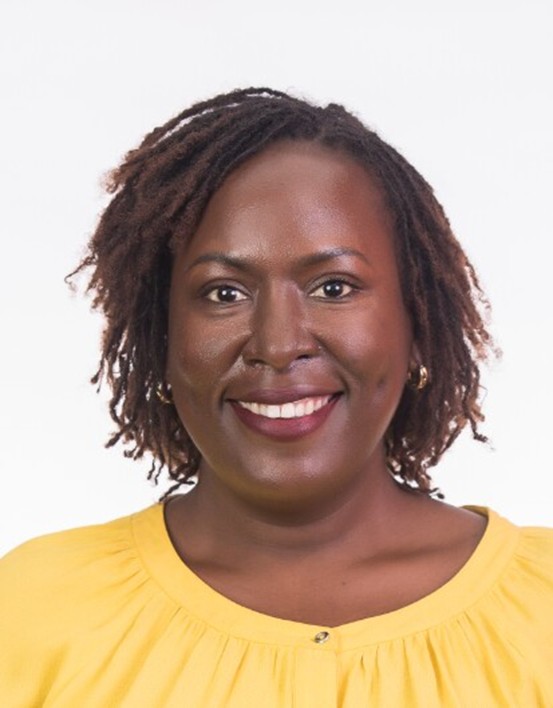
Mabel Sengendo Nabaggala is a feminist leader with over a decade of experience in building and resourcing feminist and grassroots movements across Africa. She has managed multimillion-dollar programs, built strategic partnerships with governments, donors, and civil society, and influenced regional policies on girls’ and women’s rights. As Regional Programmes Unit Manager, her work centres on resourcing and strengthening women- and youth-led CSOs and grassroots organisations across the 24 MenEngage Africa country networks.
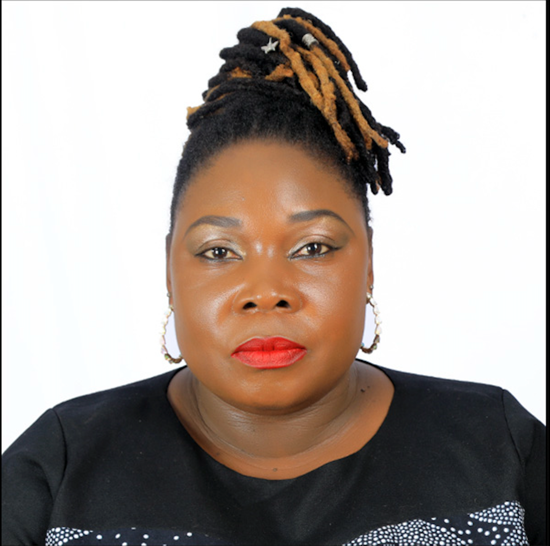
Martha Nambuyaga Kavuma is a seasoned public health and SRHR specialist with over 15 years of experience leading impactful health programs across Uganda, Malawi, and Nigeria. She holds a Master’s degree in Sexual and Reproductive Health and Rights in Africa from the University of Pretoria and in Public Health from Makerere University. Currently serving as Regional Program Specialist at Sonke Gender Justice, Martha brings deep expertise in HIV/AIDS, TB, and adolescent reproductive health, and is a published author and co-editor of Legal Grounds III: Reproductive and Sexual Rights in Sub-Saharan African Courts.
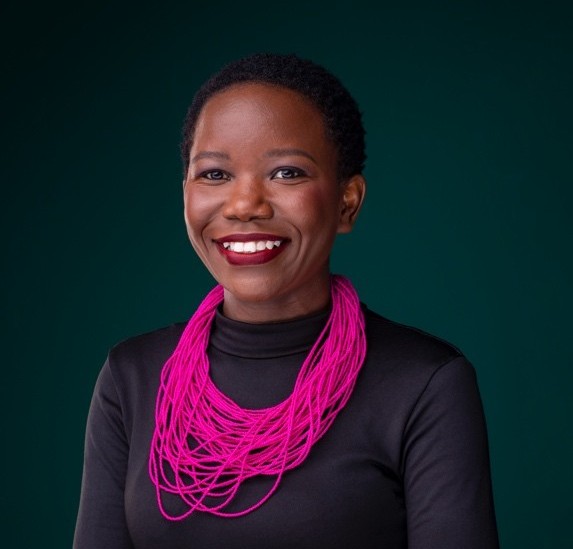
Pauline is an African Feminist who believes that feminist documentation and consciousness-raising are tools for dismantling oppressive power structures and building inclusive, intersectional, and peaceful societies. Her work revolves around storytelling, reviewing and influencing policies to advance women’s autonomy, convening and coordinating reflection spaces on topical discussions related to Women, Peace and Security, and Women’s Leadership, and developing knowledge advocacy tools. She has worked in Uganda, Kenya, Rwanda, Burundi, DRC, South Sudan, Sudan and the Central African Republic.
Session 003: From the Margins to the Mainstream: Funding Youth Feminist Organizations
This session explores the chronic underfunding of young feminist organizations and the systemic barriers that keep them at the margins of global resourcing. Through an interactive workshop and collective visioning, we will co-create solutions for a feminist funding ecosystem that sustains, scales, and centers young feminist leadership in climate and social justice.
Speakers:
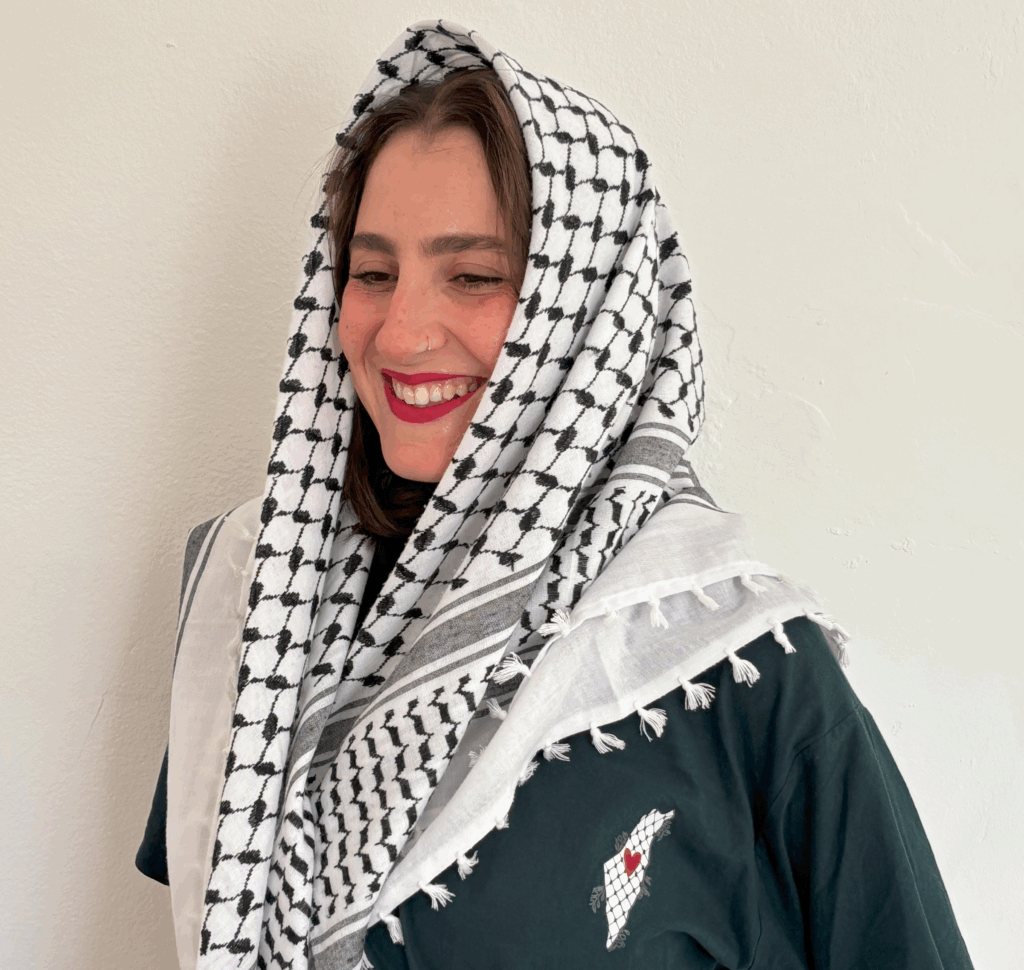
Farah Kanbi is a Tunisian human rights defender, grassroots activist, and researcher dedicated to amplifying marginalized voices and resisting the shrinking civic space in Tunisia and the SWANA region.
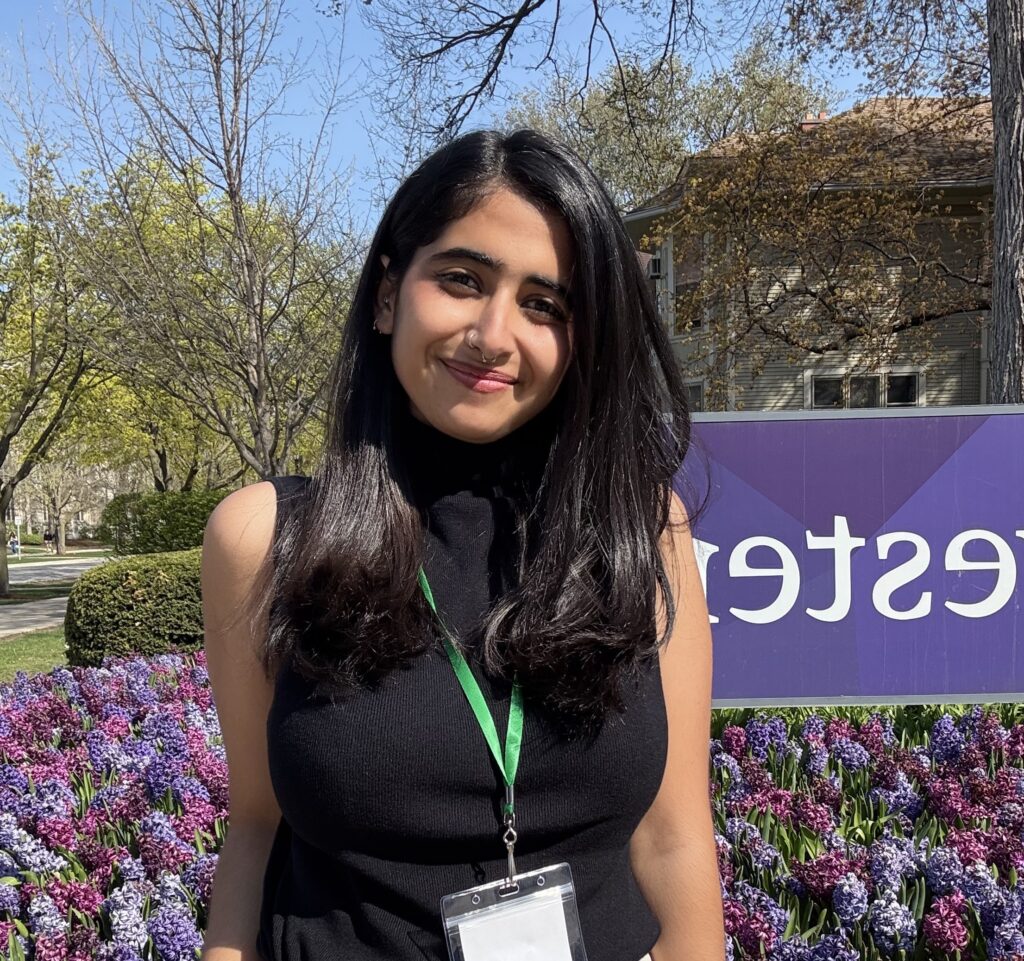
Maryam Jamali is an indigenous climate activist, organizer, and researcher working on locally-led adaptation and resilience for frontline communities in Pakistan.
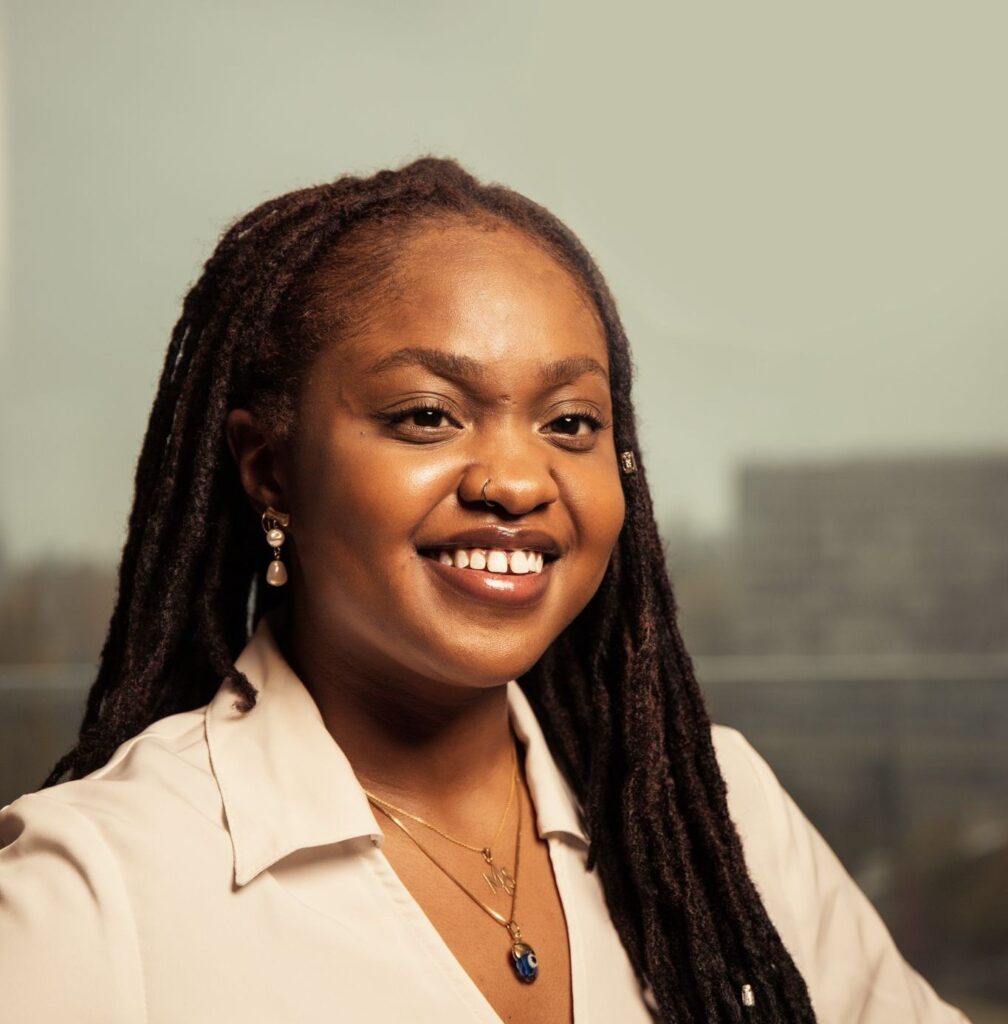
Marie-Simone Kadurira is a Zimbabwean feminist, researcher, and communications specialist based in Berlin. Marie-Simone is the founder of Vasikana Vedu, a nonprofit dedicated to menstrual health and education.
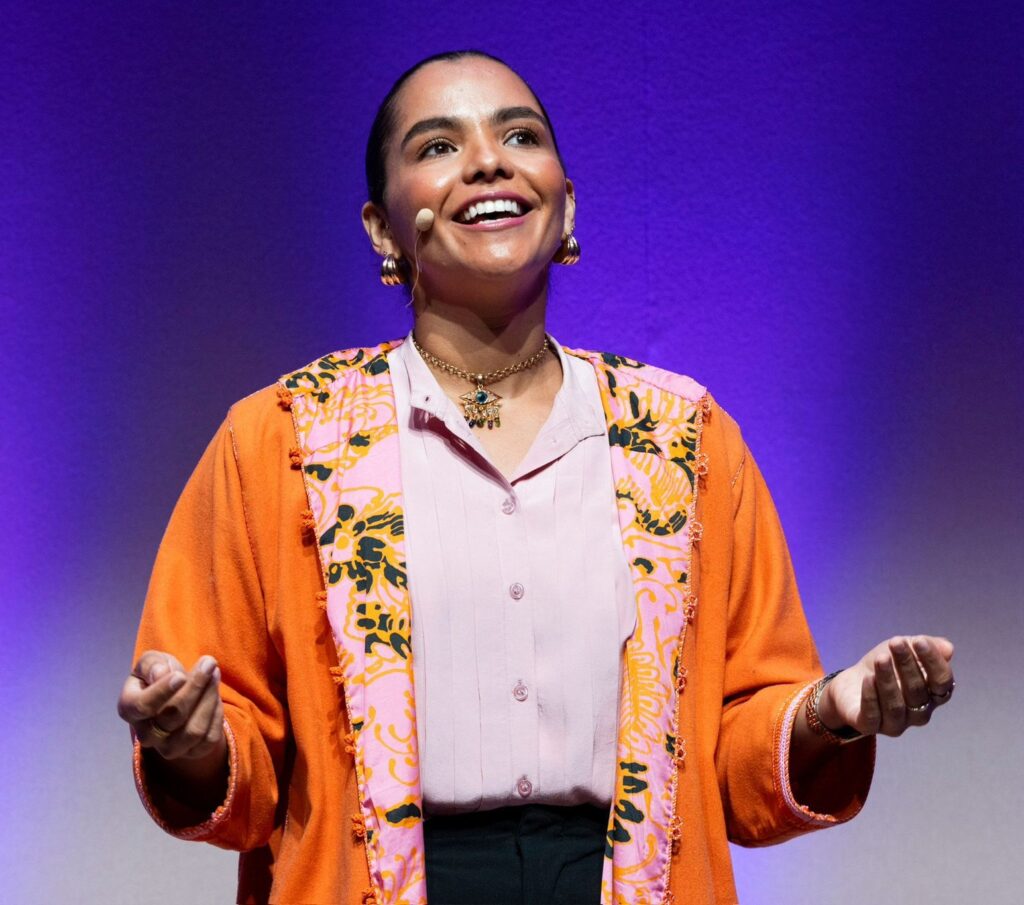
Yasmina Benslimane is a multi-award-winning feminist activist, consultant, and coach dedicated to advancing gender equality. As the founder of Politics4Her, the largest intersectional feminist youth-led organization, Climate Sirens, a climate tech social enterprise, Yasmina leads efforts to amplify women’s voices.
Session 004: Financing Feminist Futures: Women Leading Transformative Public Finance for Systems-change
Join women leaders reimagining public finance as a tool for justice. From tax and debt to public spending, this session showcases bold grassroots strategies that shift power, challenge inequities, and chart feminist pathways to systemic change. Organised by the International Budget Partnership (IBP).
Speakers:
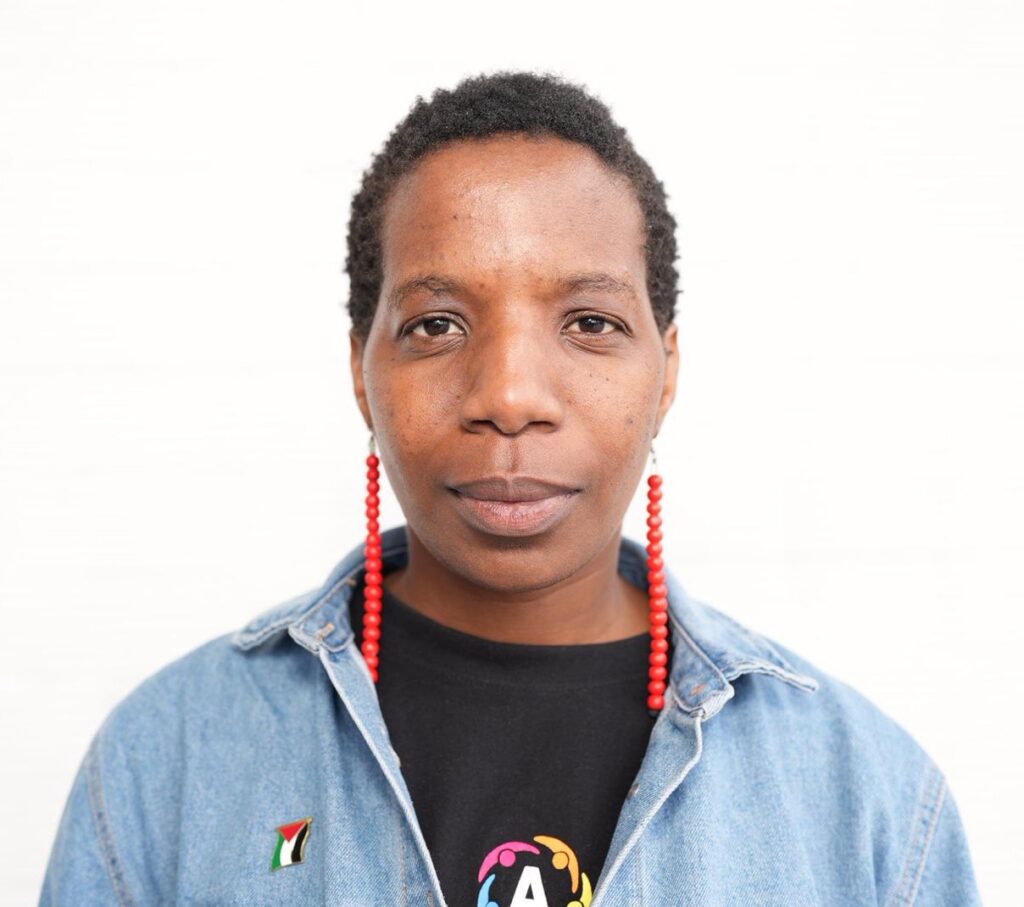
Nikelwa Maqula is a dedicated land and housing activist based in Cape Town. With a profound passion for spatial justice, Nikelwa advocates for equitable access to land, housing, and urban resources, challenging historical inequities and promoting inclusive urban development. As a committed activist, Nikelwa works closely with communities, organizations, and networks to advance rights-based approaches to housing and spatial planning in Cape Town’s diverse and complex urban landscape.
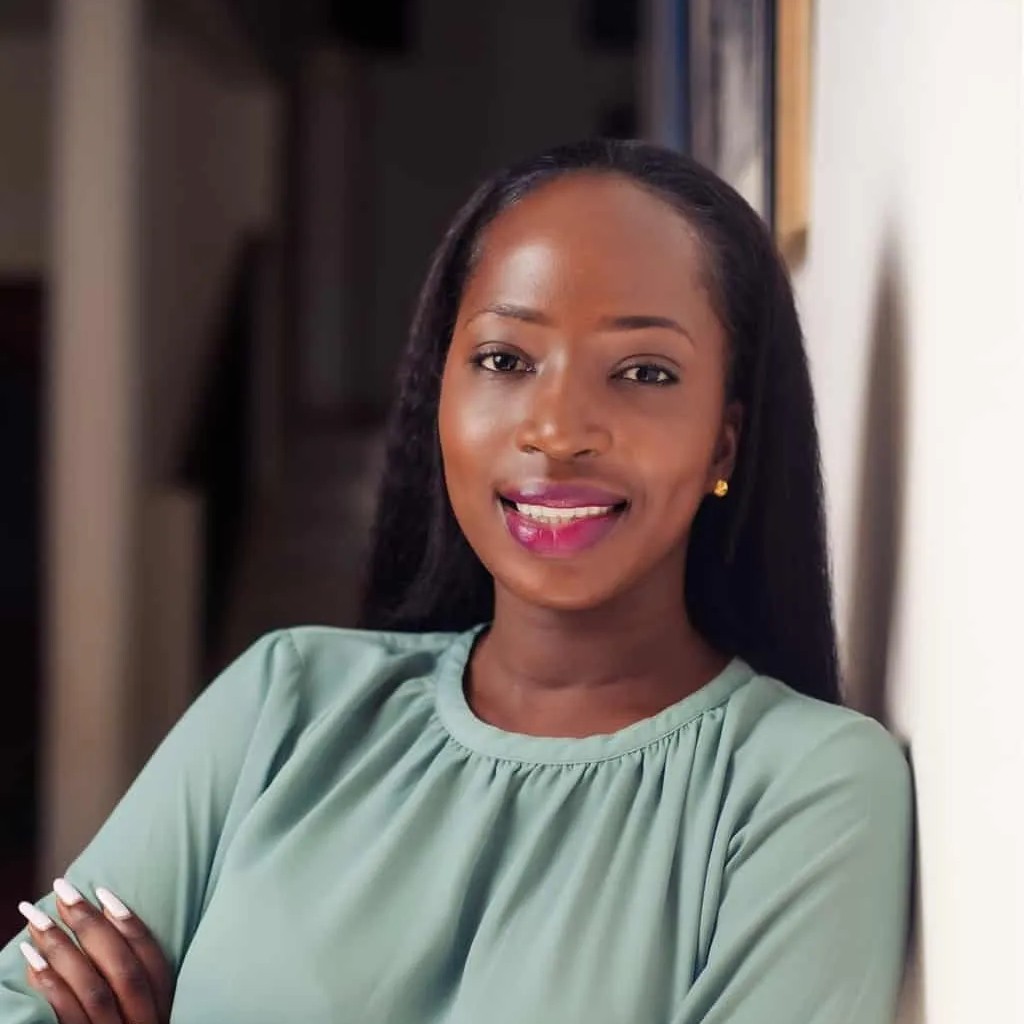
Aminata Tooli Fall is the Head of Strategy at the International Budget Partnership (IBP) Senegal and a gender champion across IBP. She spearheads IBP Senegal’s work on strengthening public accountability and bolstering the capacities of social movements to engage in budget processes. Her work centers on enabling women’s movements to influence budgetary decisions and hold governments accountable for investments in gender equity.
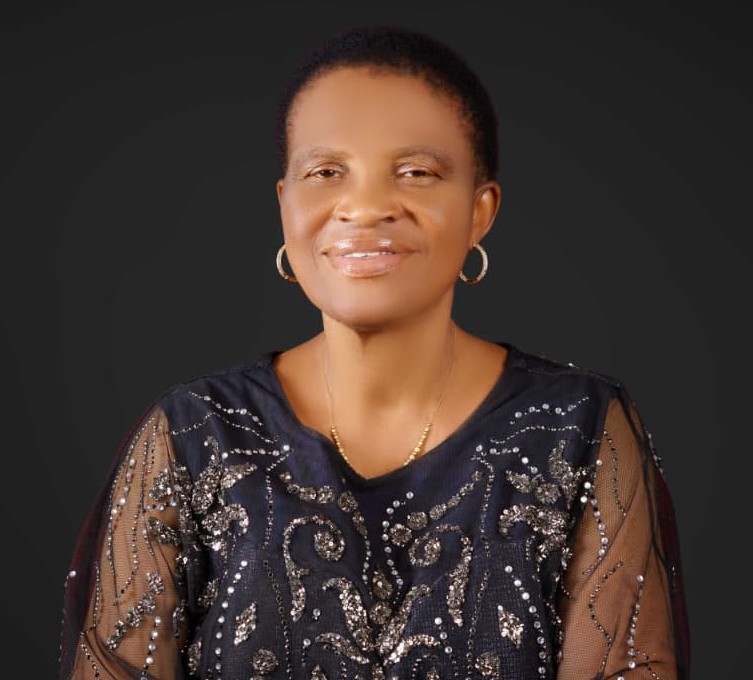
Dr. Justina Okoror has expertise in finance, taxation, management, and women’s development, with professional experience at KPMG, Deloitte, among others. Currently Dean at Prime University, Abuja, she was the pioneer National Chairperson of the Society of Women in Taxation (SWIT) and is now President of the Network of Professional Women in Taxation and Revenue Advancement.
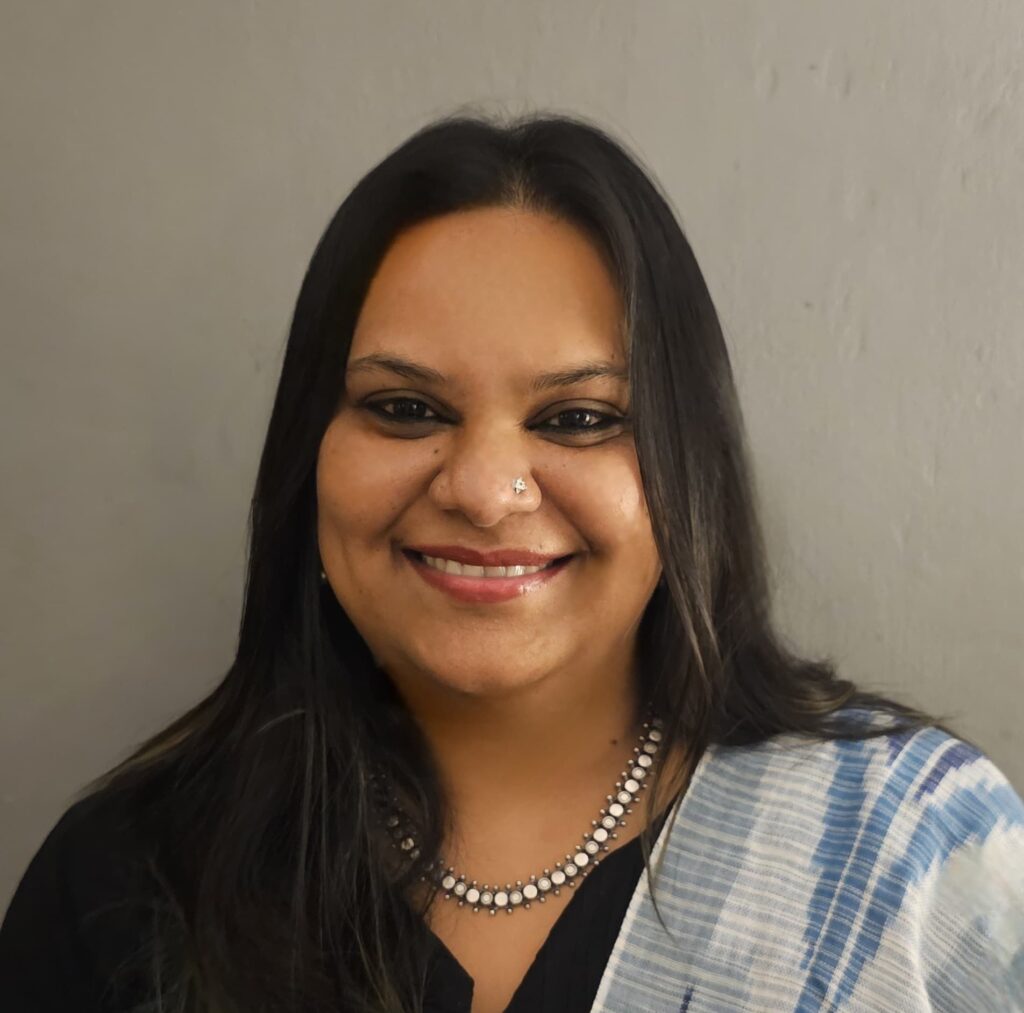
Priyanka Samy is a Dalit feminist activist, committed to advancing social and economic justice through a feminist political economy and intersectional lens. As the Global Gender and Intersectionality Lead at the International Budget Partnership (IBP), she bridges grassroots struggles with global policy spaces to advance equity in public finance.
Session 005: Taxing for Care: Financing Public Care Systems for a Feminist Future
This workshop will explore how feminist fiscal policies and public services in health, education, and care can build the foundation of a care society. Participants will identify barriers, opportunities, and strategies—ranging from progressive taxation to valuing unpaid care work—while challenging GDP as the main measure of success. The session will generate collective action points to influence global policy spaces and strengthen collaboration across movements.
Speakers:
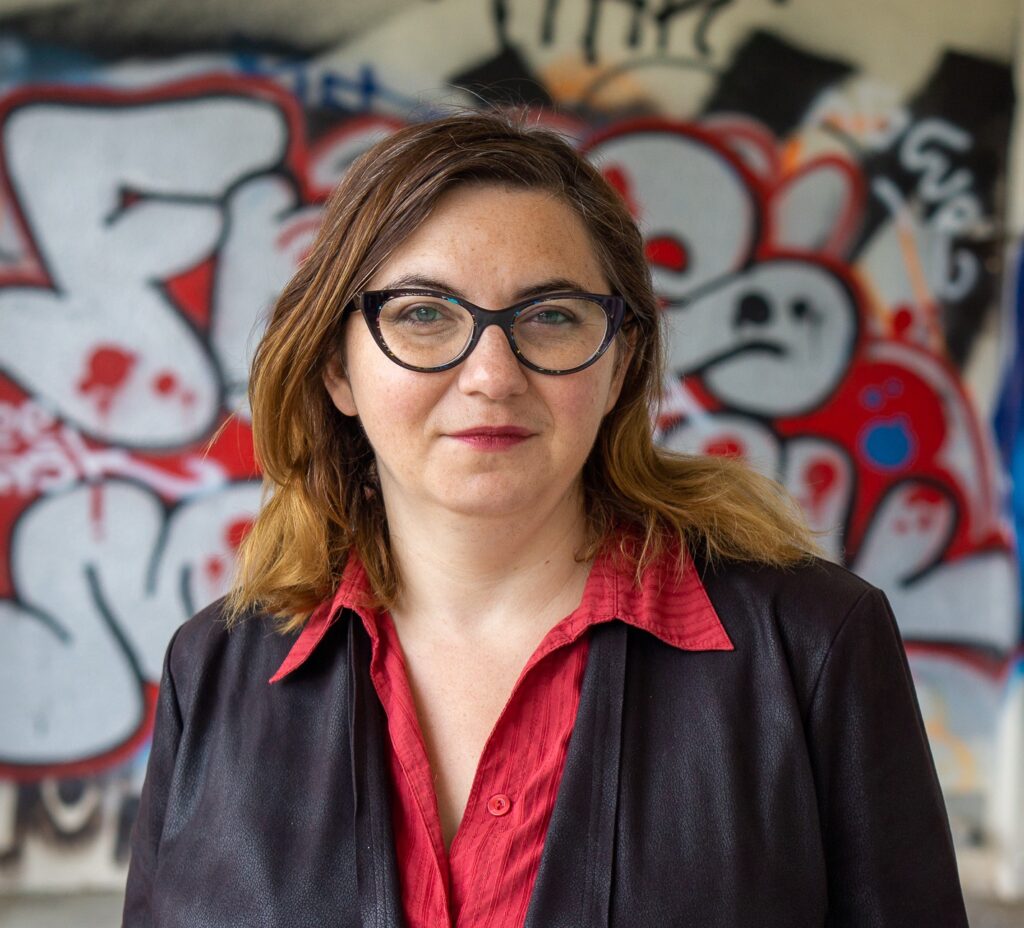
Inna Michaeli is the Co-Executive Director of AWID (Association for Women’s Rights in Development). She holds a PhD in Sociology with expertise in macroeconomics and is a feminist queer activist with many years of deep engagement in feminist and LGBTQI+ struggles, political education, and Palestine liberation and solidarity.
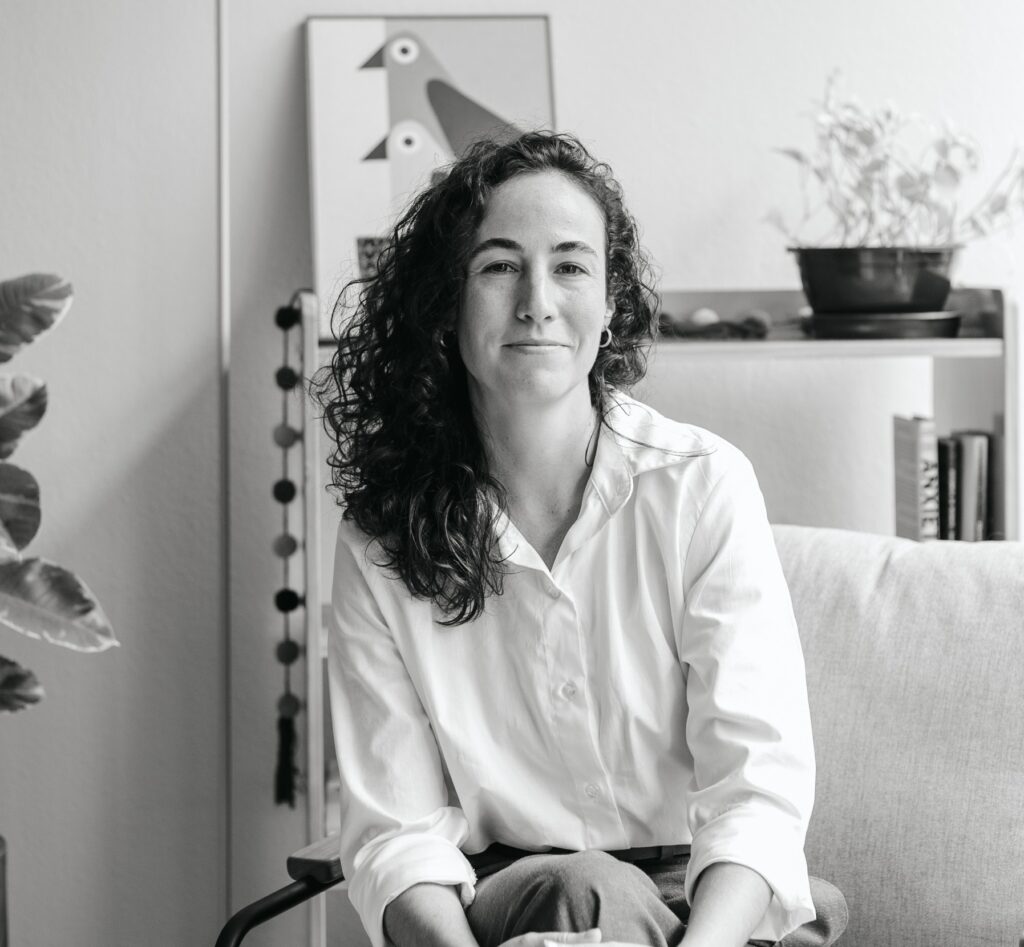
Camila Barretto Maia is the Executive Director of the Global Initiative for Economic, Social, and Cultural Rights (GI-ESCR), leading work on climate and environmental justice, public services, economic justice, gender equity, and care. She holds a degree in International Relations from the University of Brasília (UnB) and a Master’s in Public Administration and Public Policy from FGV, and is currently based in Brasília.
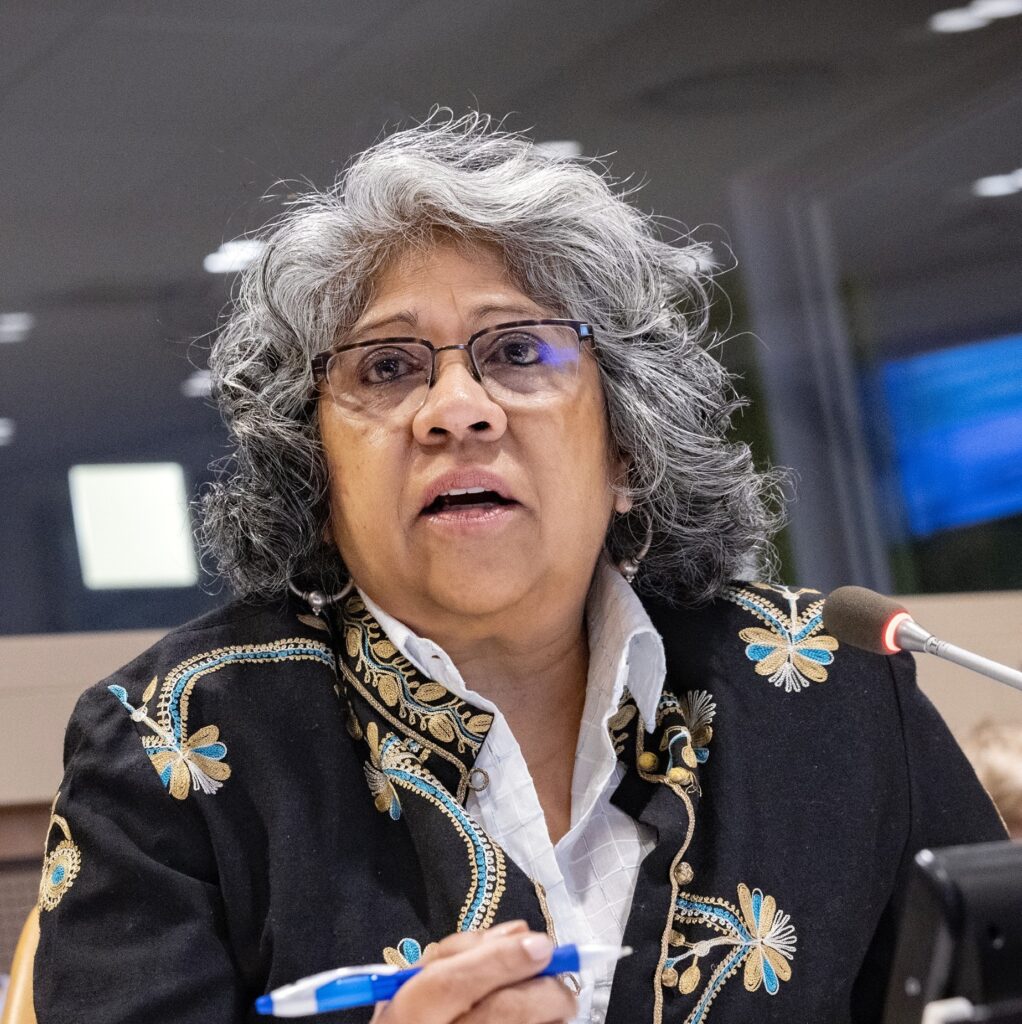
Radhika Balakrishnan is a Professor Emeritus at Rutgers University and was a Professor of Women’s and Gender and Sexuality Studies from 2009-2024. She holds a Ph.D. in Economics from Rutgers University. Formerly, she held the role of Faculty Director at the Center for Women’s Global Leadership (CWGL) at Rutgers.
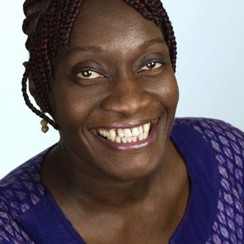
Theo Sowa is an African feminist working on social and economic justice issues, with a special focus on just resource mobilisation, philanthropic advocacy, and advisory work. She is co-chair of the Equality Fund and sits on the boards of the Graca Machel Trust and Luminate. She also serves on the advisory committee of the Centre for African Philanthropy and Social Impact (CAPSI) and its women in philanthropy initiative, Adoye.
Session 007: Pathways to Resilience: Resourcing Women’s Funds and Movements
Feminist funding offers a powerful way forward for philanthropy, demonstrating how trust-based, flexible, and long-term resourcing can drive systemic change. This session will highlight the Fenomenal Funds collaborative, alongside insights from Doria Feminist Fund (MENA) and Underestimated UG (Uganda), to show how feminist funds and grassroots movements make significant contributions to social justice by fostering innovation, resilience, and collective power. Together, these perspectives affirm why resourcing feminist funds and movements is not only necessary but essential for building equitable futures.
Speakers:
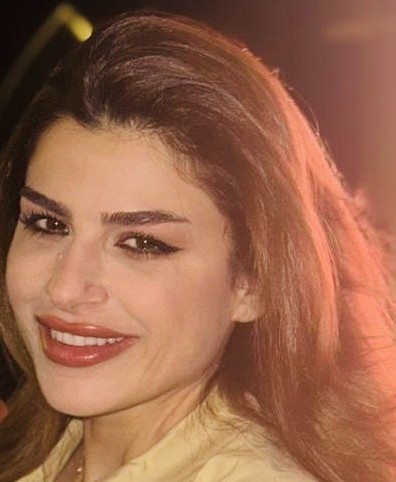
Zeina Abdel Khalik is a development and gender expert with solid experience in programming, policy work, research and organizational development in critical areas related to gender mainstreaming, GBV, promoting women’s participation in the decision-making spheres and strengthening feminist movements. She is currently the Executive Director of the Doria Feminist Fund, the first feminist fund from and to the MENA region.
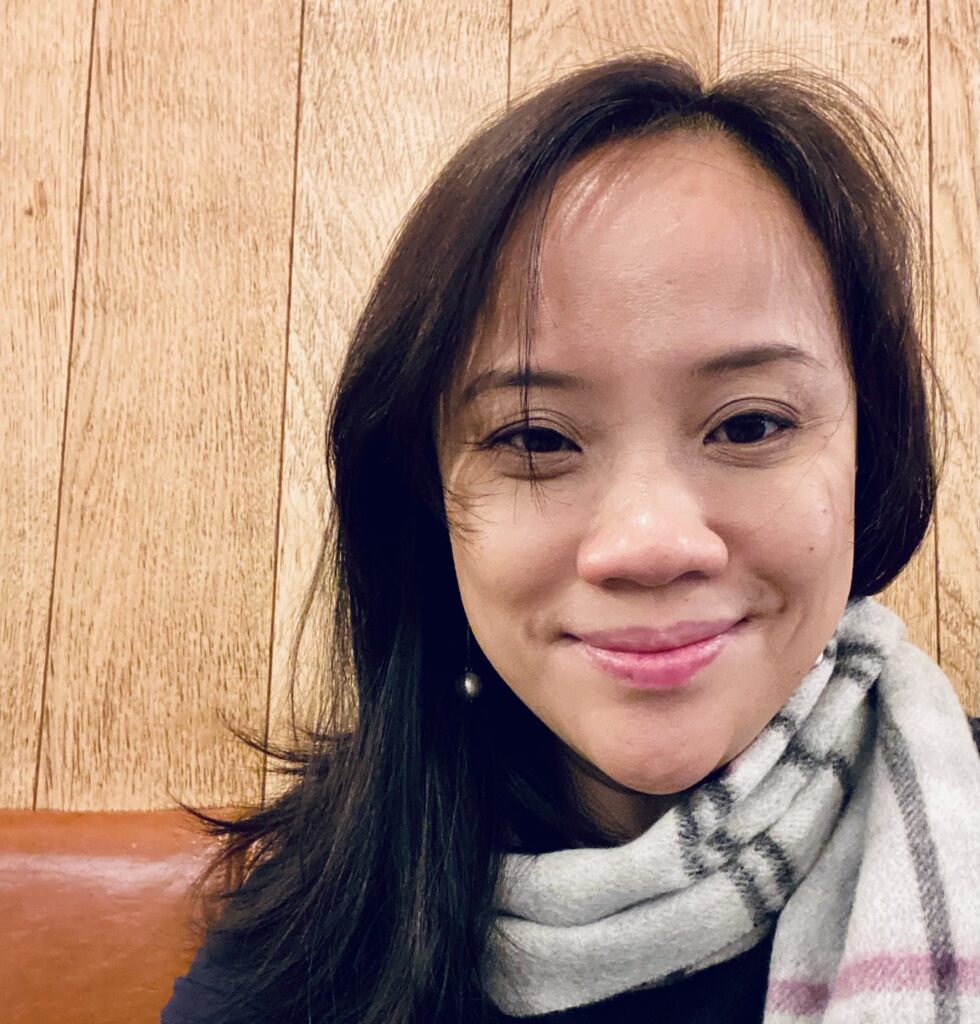
Phoebe So is a philanthropy leader and integral coach, building on nearly two decades of experience in programs, research, and organizational strengthening. As Former Co-Lead of Fenomenal Funds, she supported over 40 women’s and feminist funds globally, managing more than $20 million in flexible funding while championing feminist values and participatory grantmaking. She now works as an independent consultant and integral coach, leveraging her deep intercultural expertise and commitment to systemic change to help organizations and leaders create lasting positive impact.
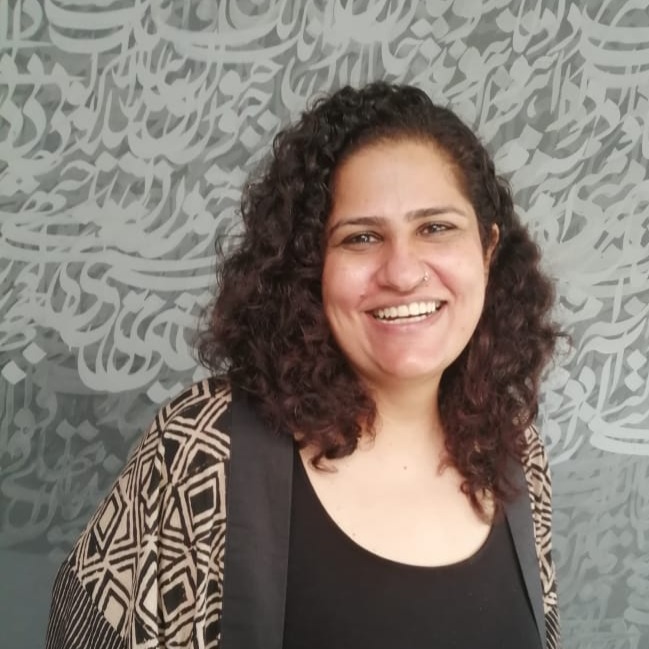
Shama Dossa is a feminist researcher, activist, and academic with over 25 years of global experience in decolonial learning and community-led systems change. She is Associate Professor at Habib University in Pakistan, and former Co-Lead of Fenomenal Funds, where she advanced trust-based philanthropy with women’s funds worldwide. She also works as an independent research and learning strategy consultant, supporting organizations to build equity-driven knowledge and practice.
Session 008: Reimagining Private Philanthropy: Sustaining Feminist and Queer Movements through Equitable Funding
As rights roll back, who will fund the resistance? This roundtable brings together funders, activists, and researchers to unpack how private money can better serve feminist and queer movements in the Majority World – and to spark bold ideas for resourcing grassroots power and transformative change.
Speakers:
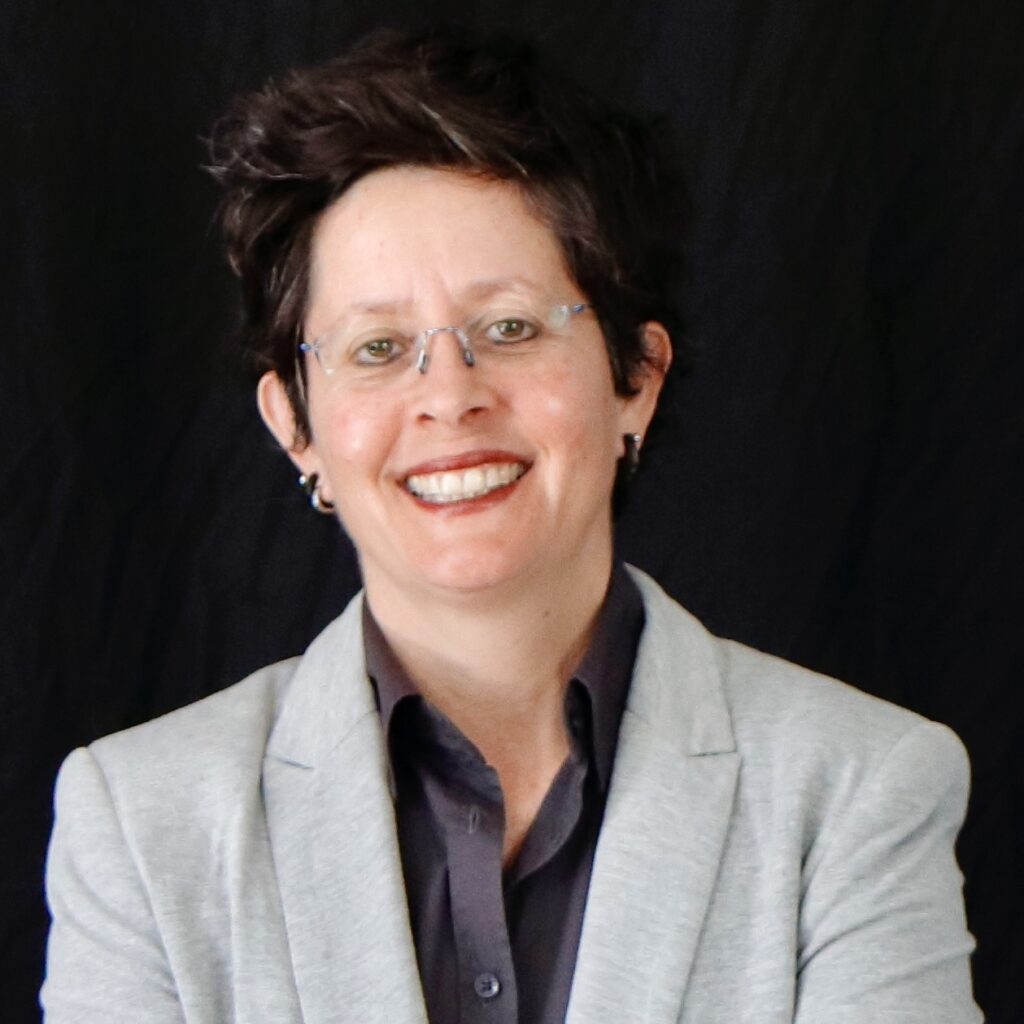
Melanie Judge is a queer feminist activist and author, and adjunct professor of Public Law at the University of Cape Town. For over two decades, she has worked with civil society organizations, donors, and development partners on legal advocacy, strategy and research for sexual and gender rights in Africa.
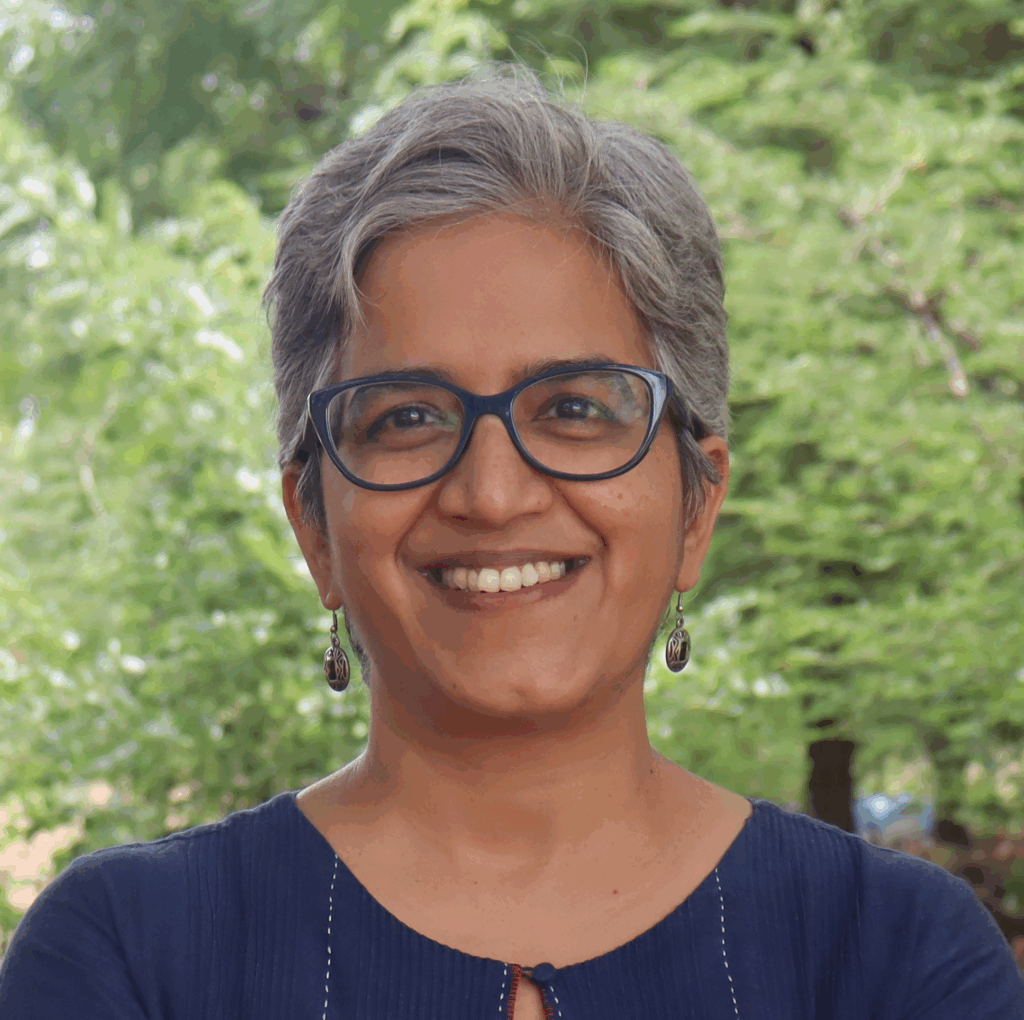
Jayapadma RV is a development practitioner with nearly three decades of experience advancing gender justice, community-led development, and climate-resilient livelihoods. She has worked across civil society, bilateral aid, CSR, research, and academia, driving feminist organizing, grassroots institutional strategy, and inclusive social change. She currently leads Programmes and Partnerships at South Asia Women Foundation India and co-edits Anchoring Change, while writing widely on sustainable development and feminist funding.
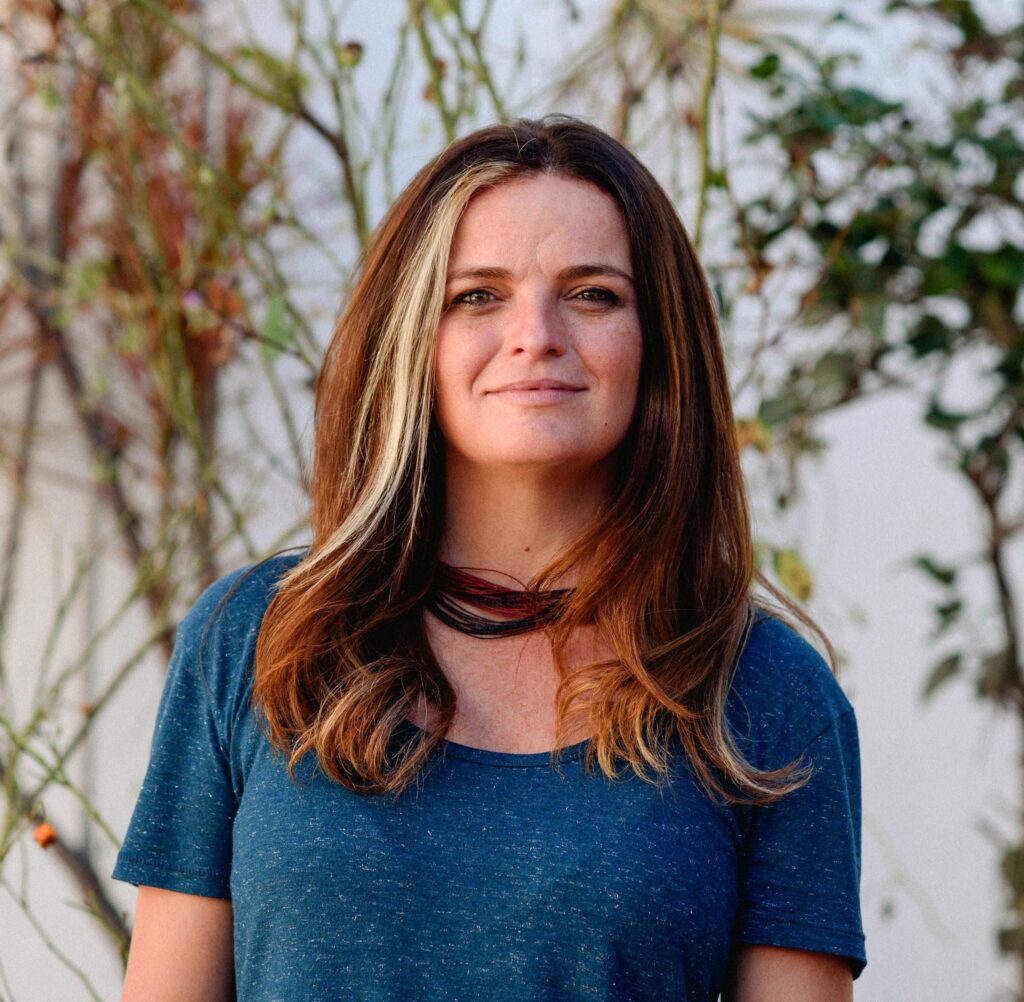
Laura Leonelli Morey is a lawyer, journalist, and human rights advocate. She is Deputy Director of the Fondo de Mujeres del Sur (FMS), a feminist women’s fund that supports organizations advancing gender justice in several countries of southern Latin America.
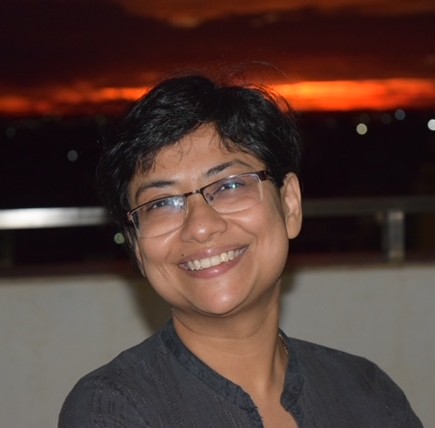
Sudarsana Kundu is a feminist leader reshaping institutions through an equity and inclusion lens. As Co-Founder of GenderSphere and Managing Trustee of Gender at Work India Trust, she brings 25 years of experience advancing feminist leadership, organisational transformation, and capacity-building with UN agencies, feminist funds, and global civil society networks.
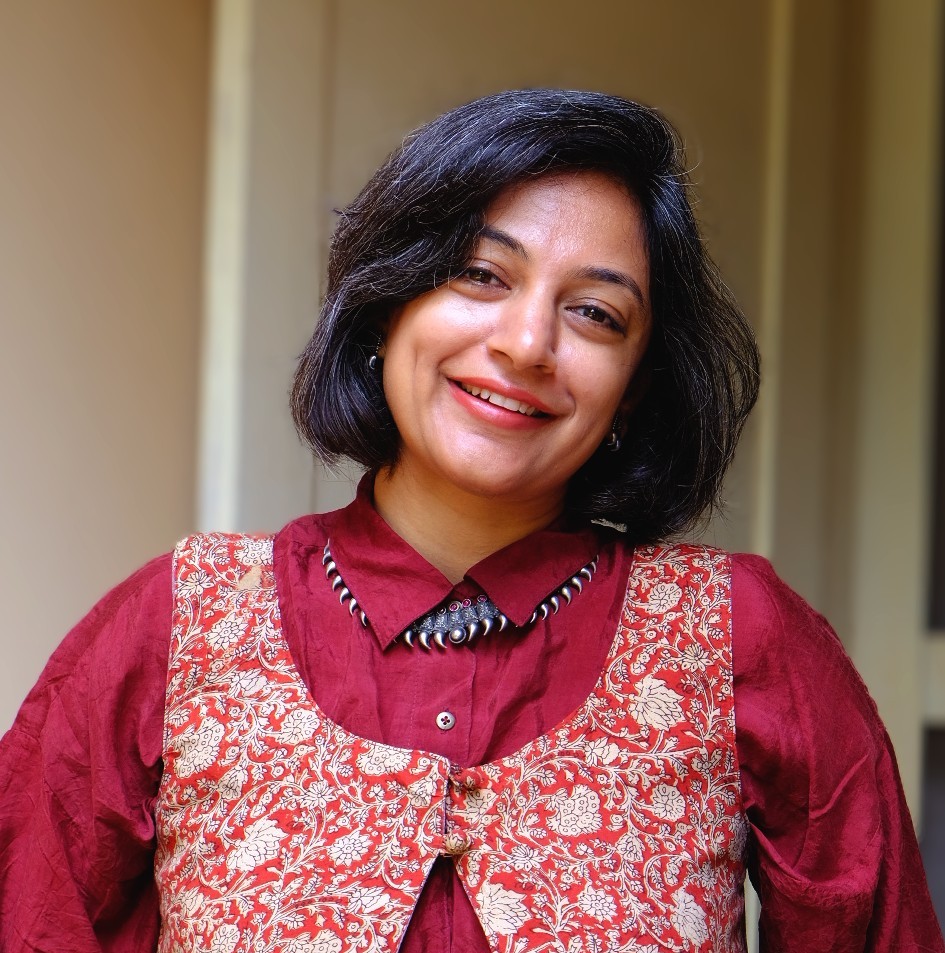
Arundhati Sridhar (she/her) is a feminist activist, researcher and facilitator. She is currently the Learning Lead at Gender Sphere, and has over a decade of experience strengthening feminist movements and advancing women’s human rights across India and South Asia, with a focus on funding for gender equality and feminist futures.
Session 009: Queering the Rules for Feminist Financing
The session aims to understand the specific resourcing needs and challenges for LGBTQIA+ rights within the broader funding landscape for gender equality. Secondly, we will unpack how these challenges are linked to the fractures within the feminist movements. The objective is to understand how philanthropy in feminist financing can be more effective, equitable, and intersectional through collaboration and solidarity with LGBTQI+ movements, which are also harmed by gender oppression.
Speakers:
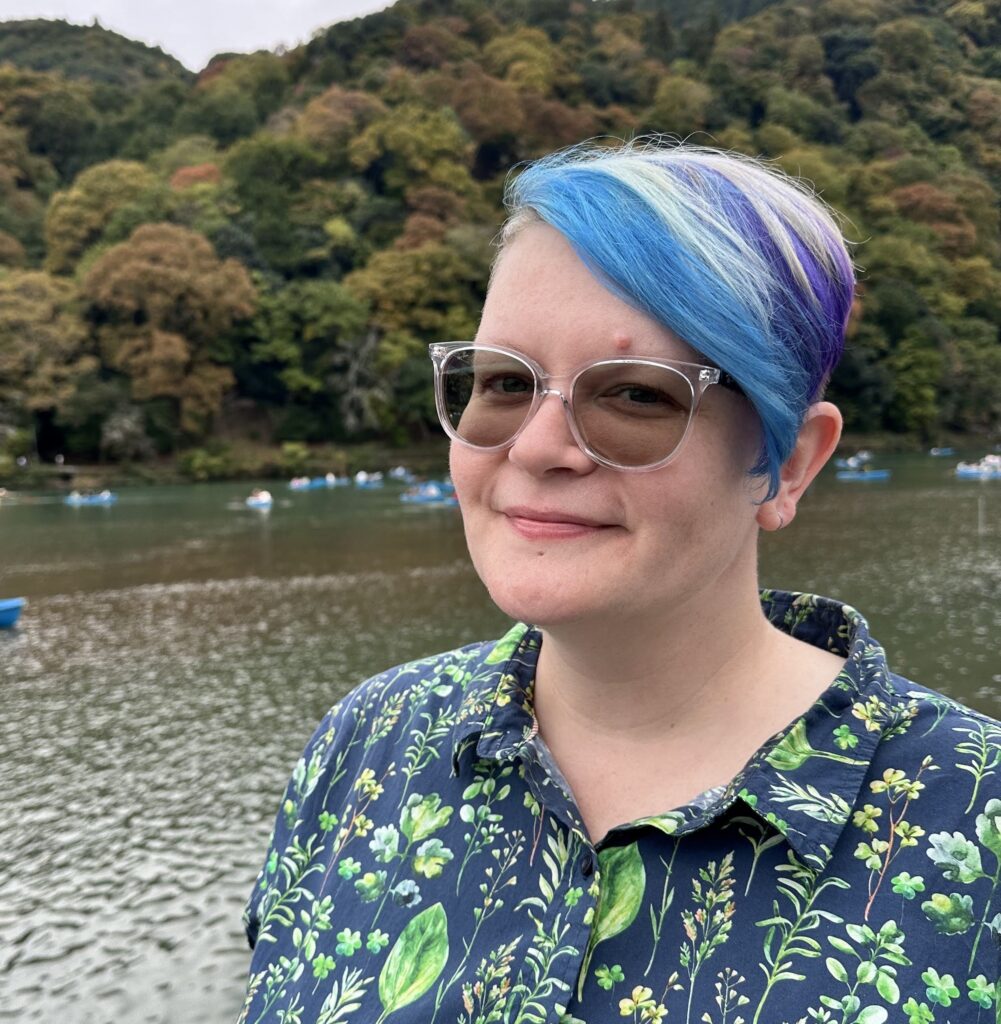
Bren Kutch (they/them) is a human resources and organizational inclusion professional from the United States, and a trans/queer activist, organizer, and researcher. They have been involved in various co-leadership roles at the Society of Gender Professionals since 2020, advocating for gender and LGBTQI+ justice within feminist movements and beyond.
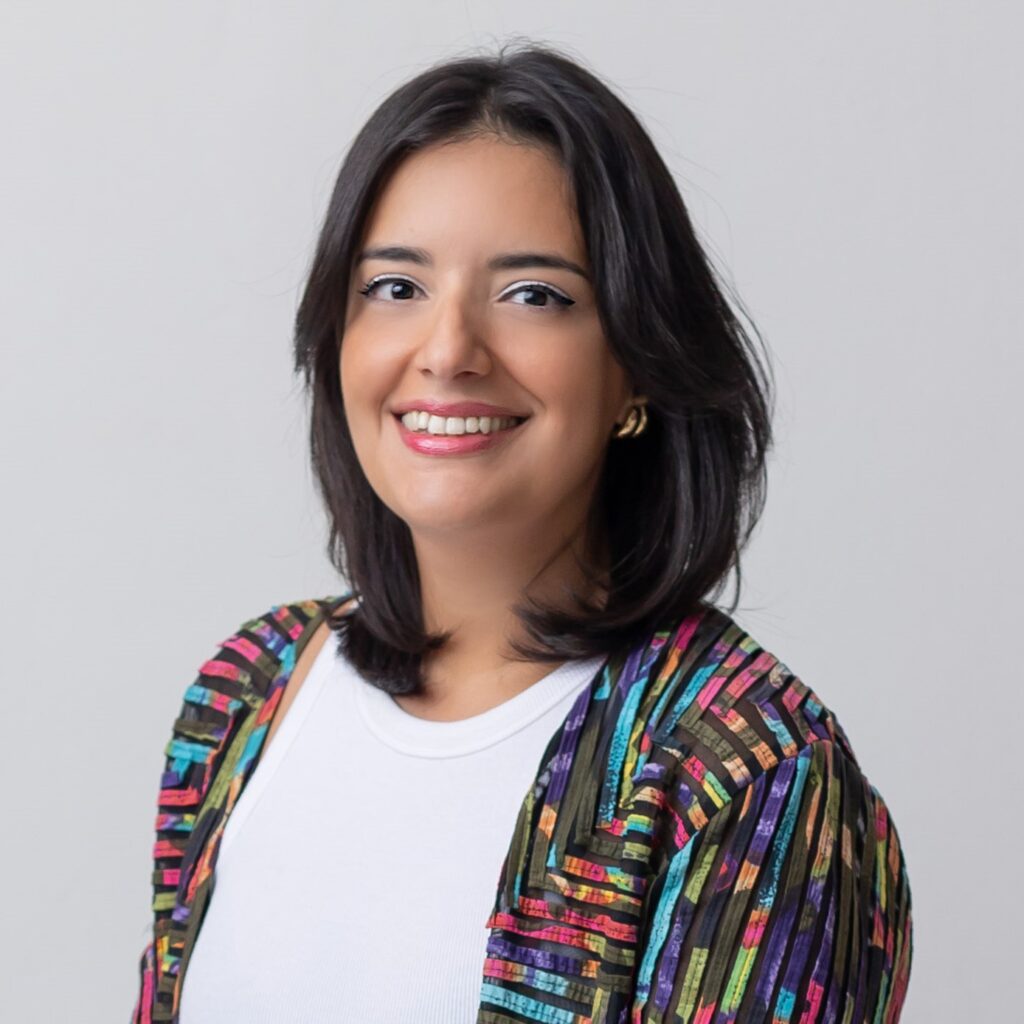
Violeta Colmán (ella/she/her) is a feminist human rights lawyer and public policy specialist from Paraguay, with extensive experience in gender equality and social justice. She has collaborated with international organizations such as the World Bank and the Organization of American States, as well as feminist grassroots movements in Latin America and beyond. Currently, she serves as the Executive Director of Esperanza Latino Center in the US, where she integrates a feminist and intersectional perspective to support the migrant Latino community.
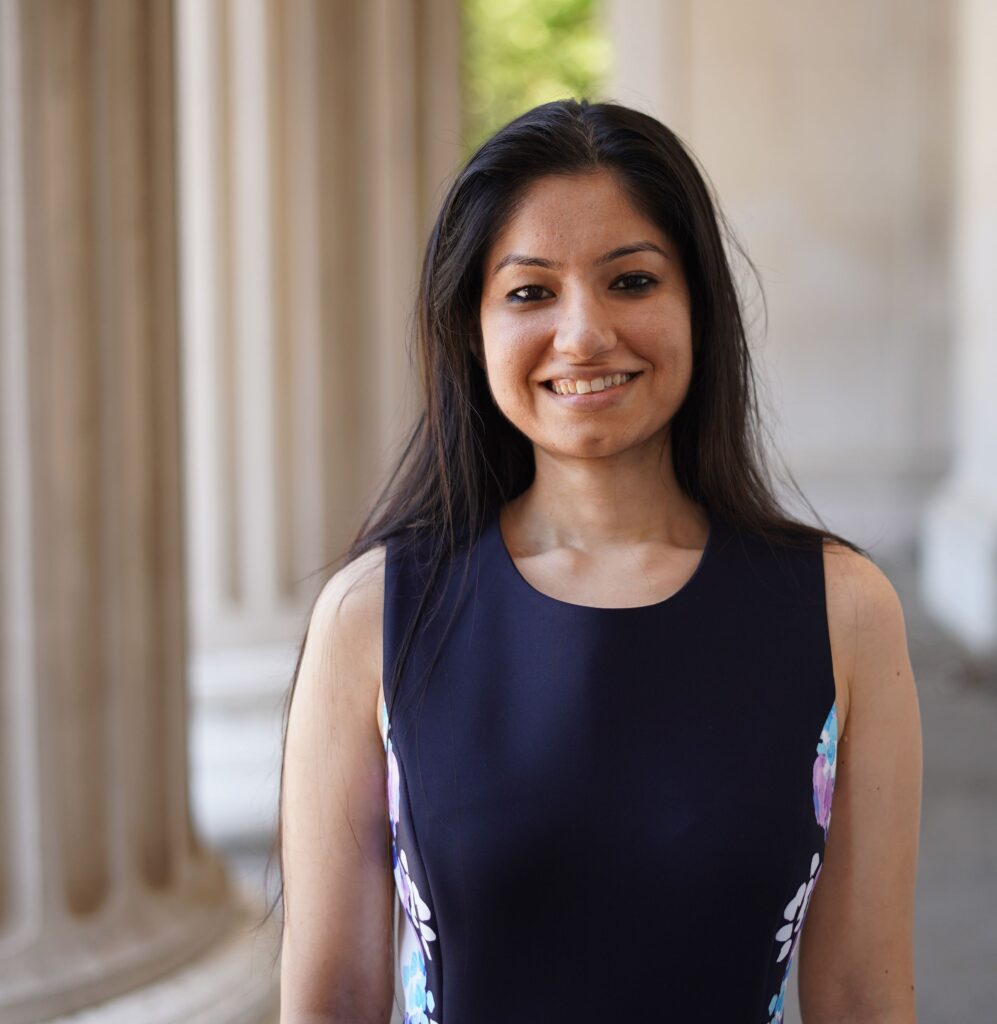
Aparna Arora (she/her) is an experienced nonprofit leader, feminist facilitator, and LBGTQI+ and gender justice advocate with over a decade of cross-sector experience across India, Southeast Asia, and the U.S., leading financing and technical assistance initiatives, and global learning and networking spaces. She currently serves as the Co-President of the Society of Gender Professionals (SGP), a volunteer-run, global gender justice network representing constituents in 100+ countries, where she co-leads intergenerational communities of practice, coordinates diverse volunteers, and builds participatory systems for movement governance.
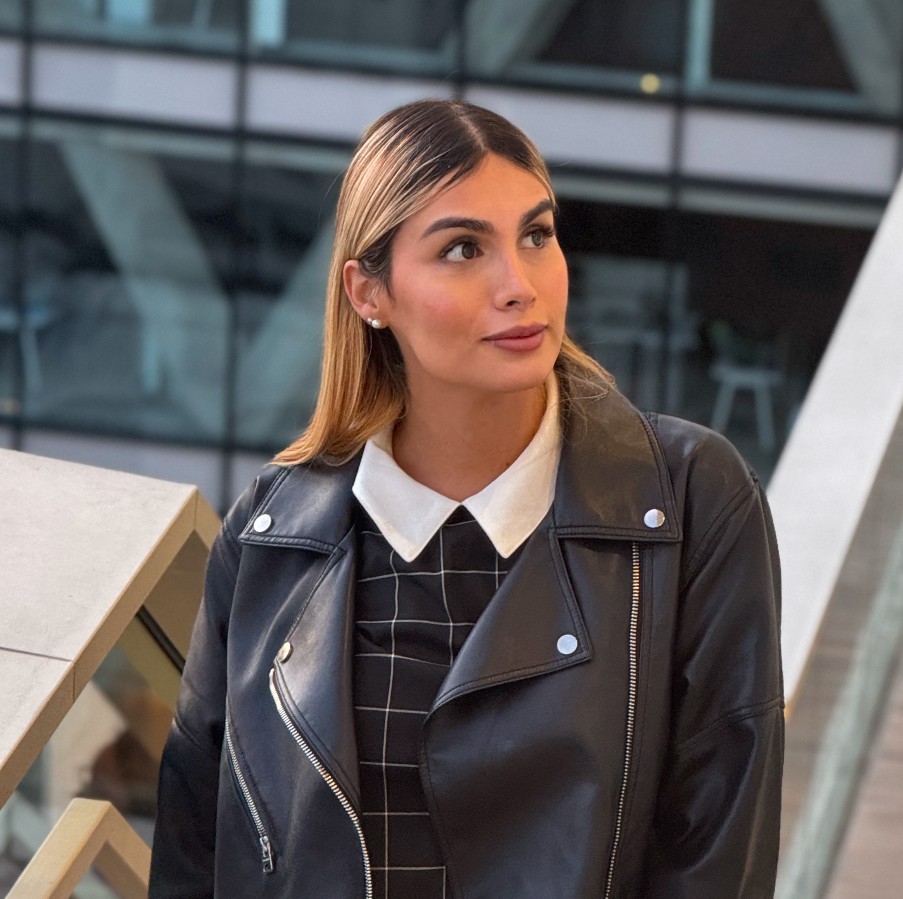
Alma Aguilar Betancurt (she/her) is a trans woman and human rights defender from Abya Yala/Colombia. She has contributed to a range of regional and international organizations, including the Organization of American States (OAS), the UN, ILGA World and Aidsfonds. Alma has worked within the universal human rights system to advocate for LGBTIQ+ rights at ILGA World and has supported advocacy efforts and community organizing among Indigenous women with diverse and ancestral gender identities and expressions in Abya Yala/Colombia. Currently, she is with Aidsfonds/Love Alliance, working to promote sexual and reproductive health and rights for LGBTIQ+ people, sex workers, and people who use drugs through participatory grantmaking and global advocacy. She also serves as a Board member for the Global Action for Trans Equality (GATE), Trans United Europe (TUE) and is part of the grantmaking panel of the International Trans Fund (ITF).
Session 010: Setting up to win- Building a flourishing feminist architecture
Feminist movements have advanced powerful models of trust-based, long-term funding, yet short-term donor commitments, shifting priorities, and declining public support continue to threaten progress—especially amid rising, well-funded imperialist and fascist forces. This session is a feminist praxis space to dream and strategize together: how do we harness and reclaim collective power, reimagine infrastructures, and build the flourishing feminist architecture needed to sustain the worlds we dream and demand?
Speakers:
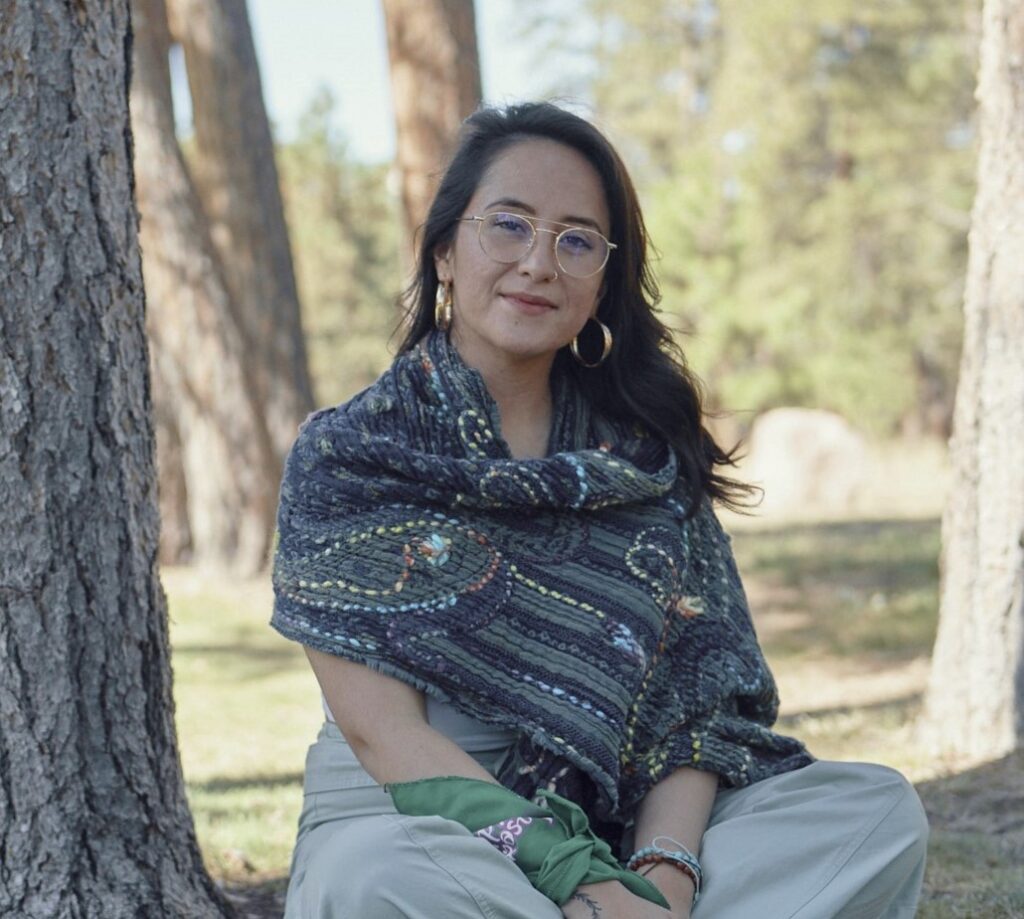
Laura Vergara is a Colombian political organizer sparking collective action through the power of storytelling and art. Her organizing and advocacy efforts began within the immigrant and refugee rights movement over 15 years ago and have since expanded across feminist and social justice movements. Laura is the co-founder of SUKUAMIS | Wisdom and Healing, a founding team member of Our Collective Practice, and the architect of Furia Cosmica.
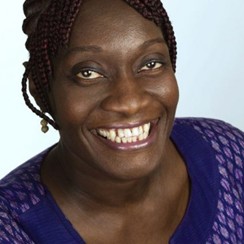
Theo Sowa is an African feminist working on social and economic justice issues, with a special focus on just resource mobilisation, philanthropic advocacy, and advisory work. She is co-chair of the Equality Fund and sits on the boards of the Graca Machel Trust and Luminate. She also serves on the advisory committee of the Centre for African Philanthropy and Social Impact (CAPSI) and its women in philanthropy initiative, Adoye.
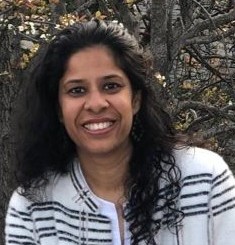
Divya Mukand works with the Girls First Fund as the Program Advisor for India. She is passionate about girls and women’s rights and has been working to advance the same for more than 20 years.
Session 011: Reimagining funding for collective gender just climate action: driving resources to the feminist movements on the frontlines
We know that climate finance is in the magnitude of billions, ideally trillions, of dollars. And that women-led and women’s rights organizations are key climate actors— though under-recognized and under-financed. We invite women’s/feminist funds and allies to a participatory strategy session on how to secure climate finance— whether from bilateral governments, corporate and philanthropic foundations, and multilateral climate funds— for grassroots feminist actors.
Speakers:
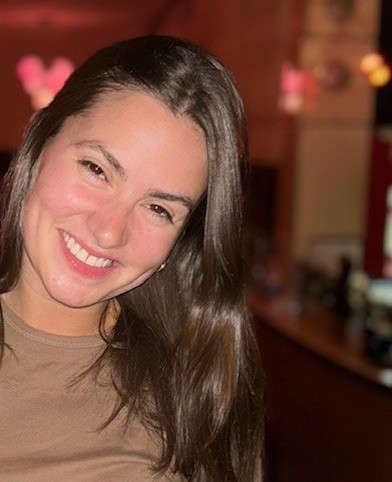
Leah Moss is a senior policy strategist at Mama Cash, an international women’s fund based in Amsterdam. At Mama Cash, Leah leads policy and advocacy to direct resources to feminist movements and organisations globally, working in collaboration with governments, private philanthropy and multi-stakeholder partnerships. She focuses specifically on influencing ODA and climate finance, including through the Global Alliance for Green and Gender Action (GAGGA) and with other feminist funds. Leah has previously worked on policy and advocacy for girl’s rights, SRHR and education at Plan International.
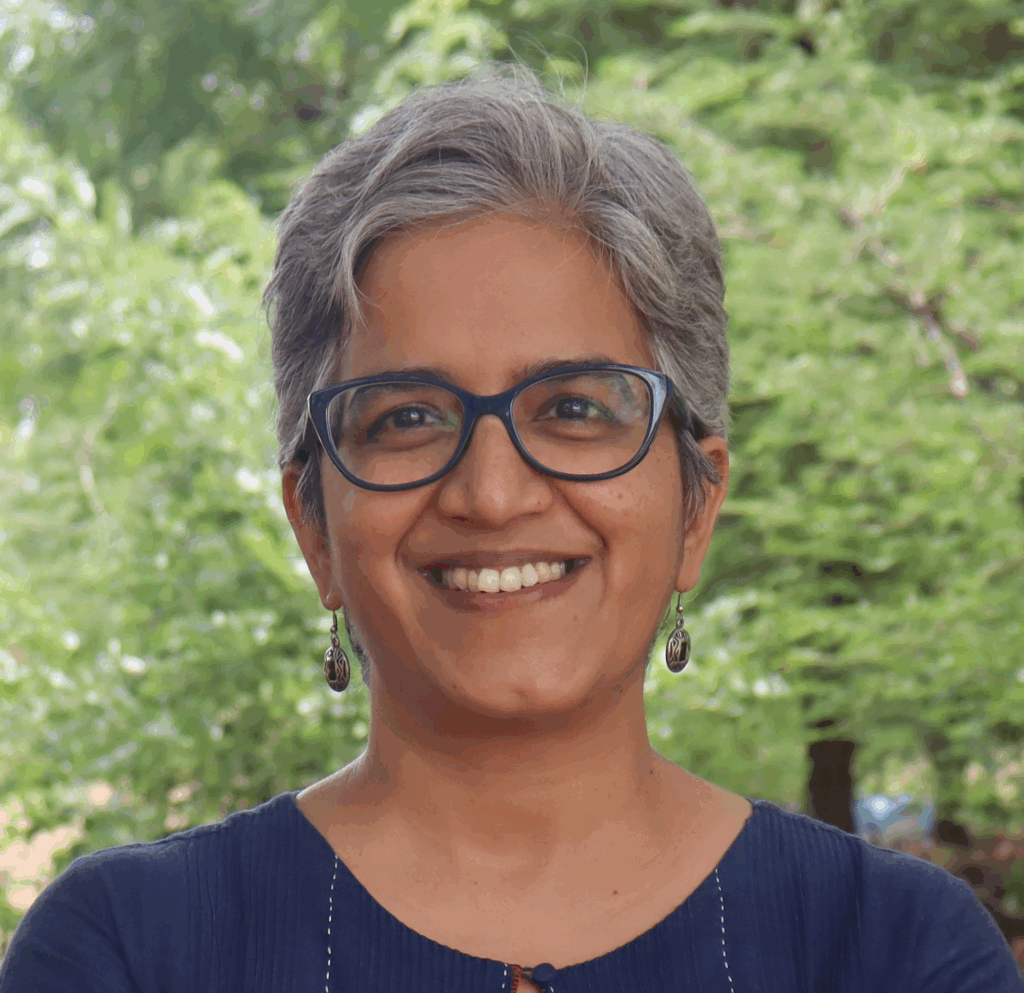
Jayapadma RV is a development practitioner with nearly three decades of experience in sustainable social development, gender justice, community-led development, and climate-resilient livelihoods. Working across civil society, bilateral aid, corporate social responsibility, research, and academics, she has engaged with feminist organizing, grassroots institutional design and strategy, governance, and advocacy for long-term, inclusive social change.
She leads Programmes and Partnerships at South Asia Women Foundation India, is co-editor of “Anchoring Change: Seventy-Five Years of Grassroots Intervention That Made a Difference,” and has authored articles and essays on sustainable social development and feminist funding.
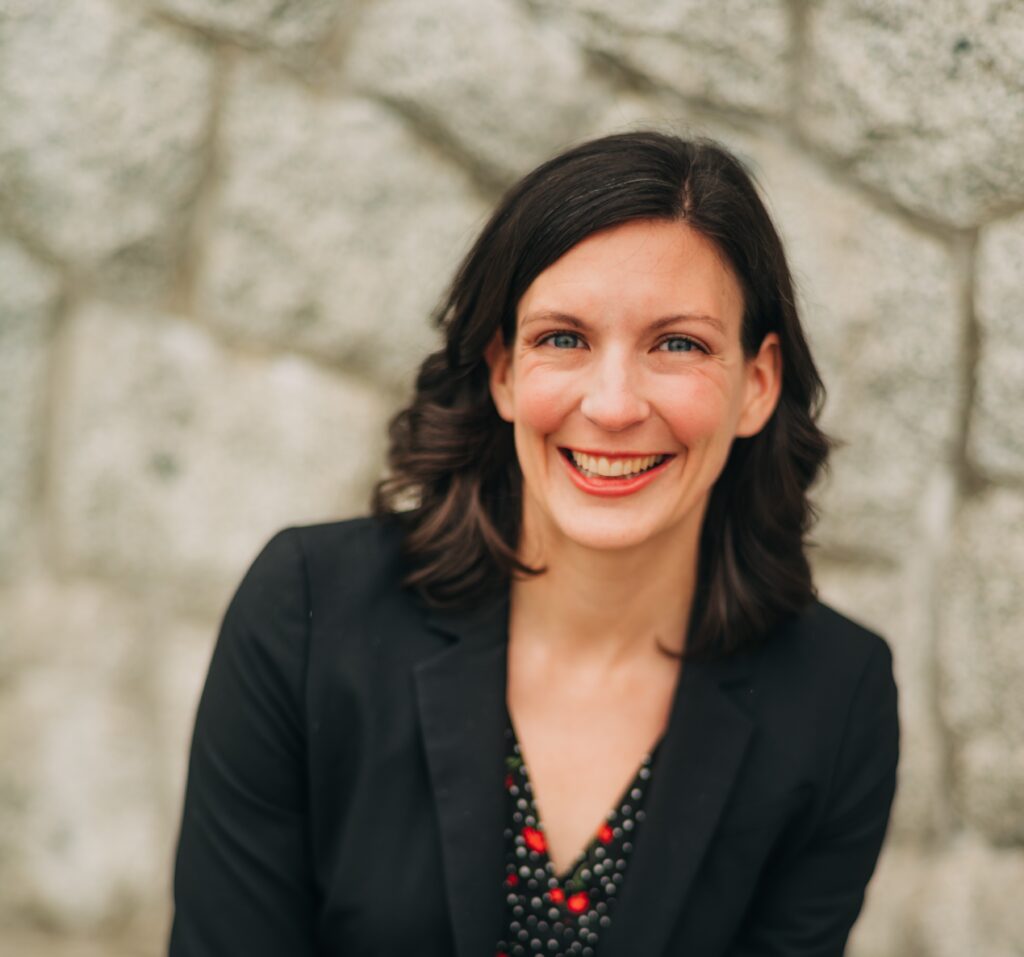
Originally from Vancouver, Canada, Hilary Clauson is a gender equality professional with equal parts policy and program management experience. With the Equality Fund, Hilary engages in policy analysis and helps build partnerships toward shifting resources and power to women’s rights organizations and feminist movements globally. Hilary’s university days saw her attend five universities on three continents in two languages, culminating in a Master’s degree in African Studies from Oxford University.
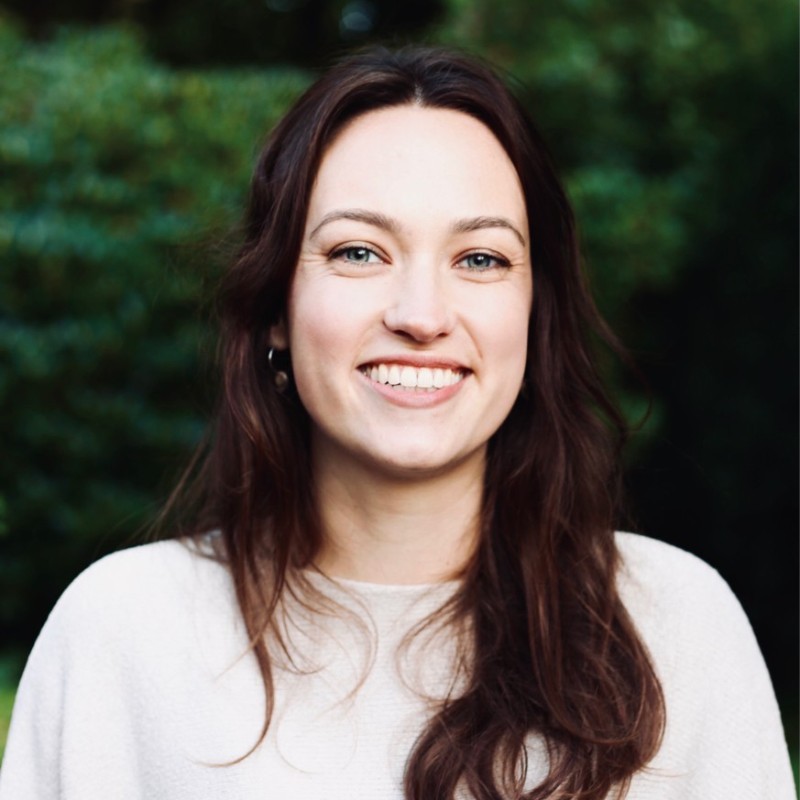
Nada van Schouwenburg is the Programmes Manager for Women Win, a global women’s fund. She specializes in private-sector partnerships and gender-lens due diligence, drawing on her background in international trade to bridge the gap between corporate finance and feminist movements. Through her work with the Resilience Fund for Women in Value Chains, Nada facilitates cross-sectoral collaboration to drive resources toward gender-just climate action. Her expertise lies in the practical application of feminist principles to corporate engagement, ensuring funding reaches the women on the frontlines.
Session 012: Advance feminist cities in care, gender justice, spatial justice and climate justice [Session held in Spanish]
In our session, we aim to place care at the center of the feminist agenda and sustainable development demands in order to identify transformative strategies that overcome situations of social, cultural, economic, and environmental injustice. We invite you to share, reflect, and debate feminist strategies in these areas of debate.
Speakers:
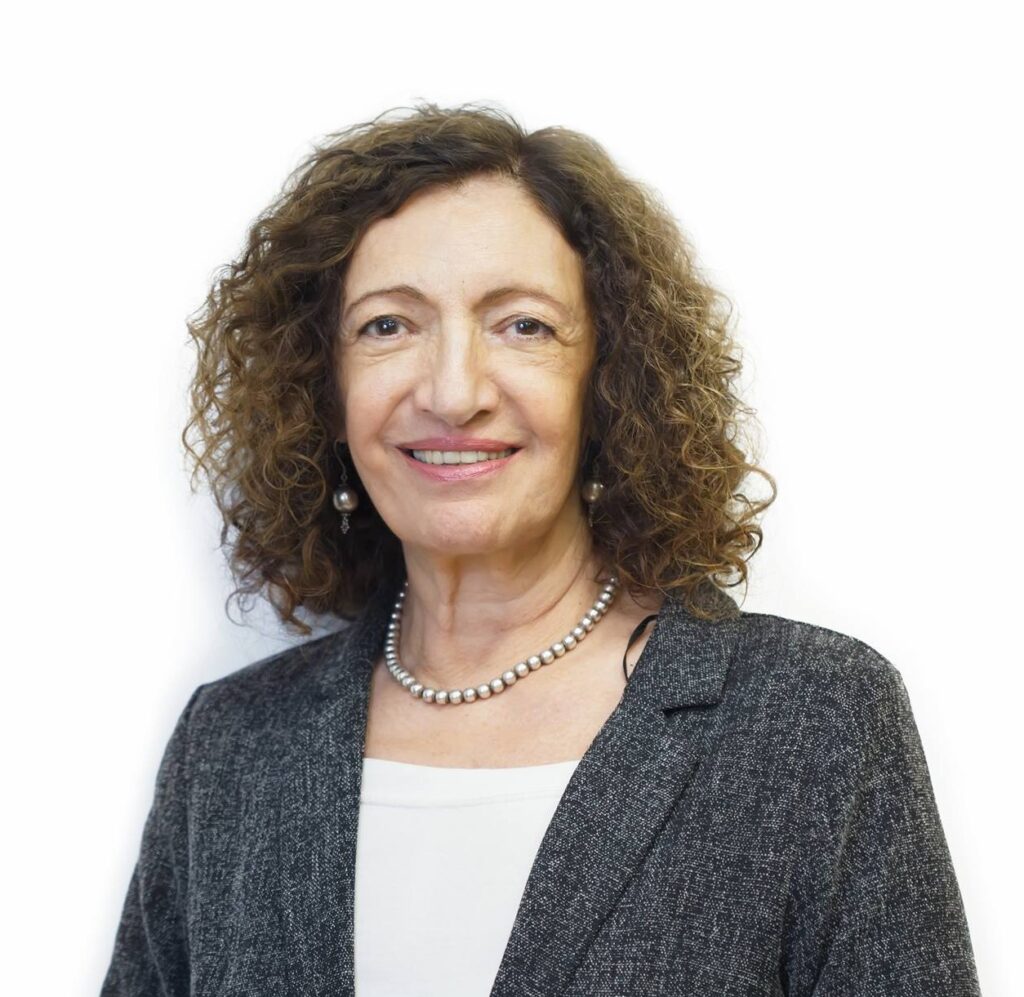
Ana Falu is an Argentine architect, a pioneer in Latin America on issues of cities, housing, habitat, and gender. She is a renowned feminist activist with a solid track record in academia. She has been Regional Director of UNIFEM, now UN Women, in the Andean Countries, Brazil, and the Southern Cone Countries (2002-09). Professor Emeritus at UNC, Honorary Doctorate from UNR, Honorary Member of UNT (Argentina), Ibero-American Lifetime Achievement Award from BIAU (2022, Mexico). Director of CISCSA, in Córdoba, Argentina.
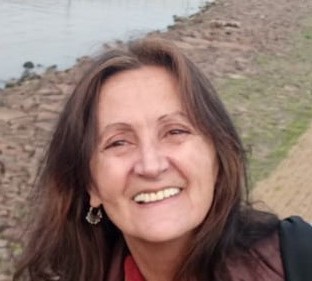
Mara Nazar is a member of the team at CISCSA Ciudades Feministas, an NGO in Argentina. She is a psychologist with more than 20 years of experience working for women’s rights with organizations and social movements in Latin America. She is a consultant on regional projects and a trainer in feminist-focused training spaces, from Habitat to global networks. She currently co-coordinates CISCSA’s institutional project and the organization’s Feminist training center.
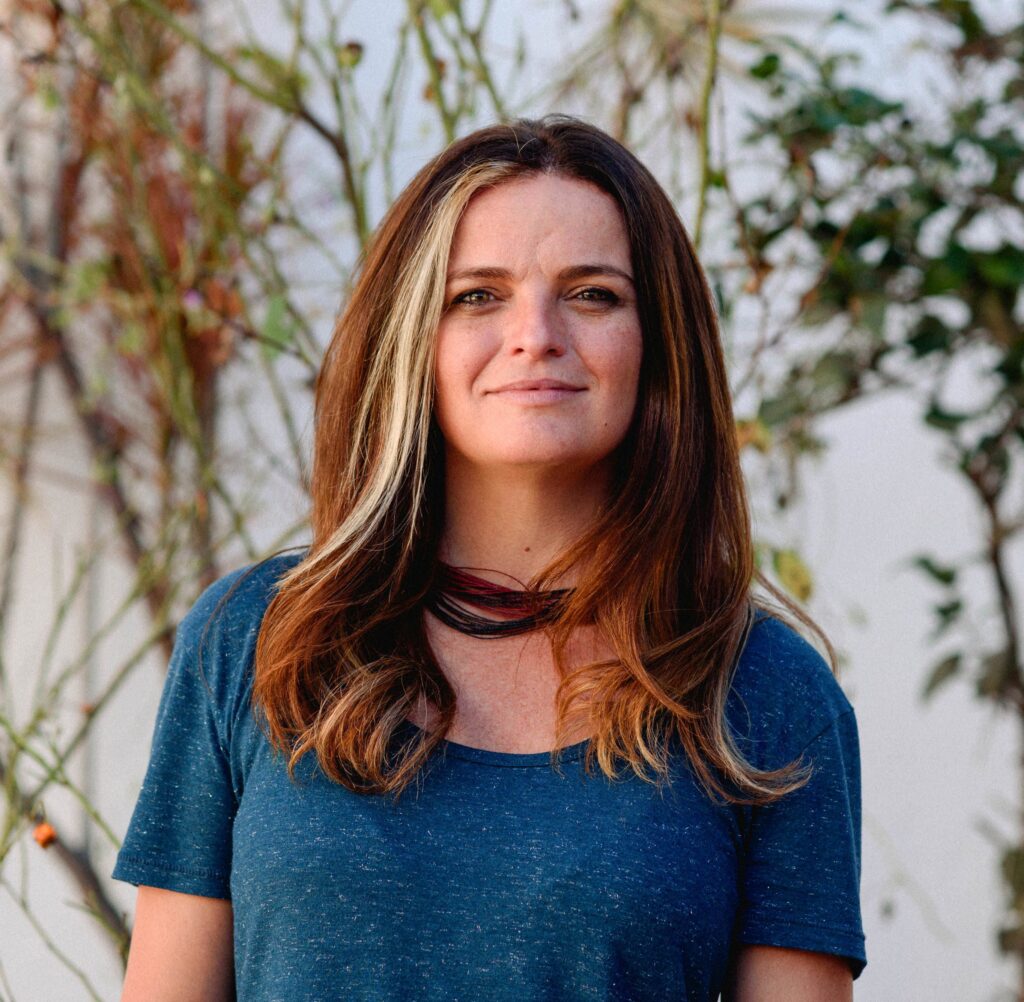
Laura Leonelli Morey is a lawyer, journalist, and human rights advocate. She is Deputy Director of the Fondo de Mujeres del Sur (FMS), a feminist women’s fund that supports organizations advancing gender justice in several countries of southern Latin America.
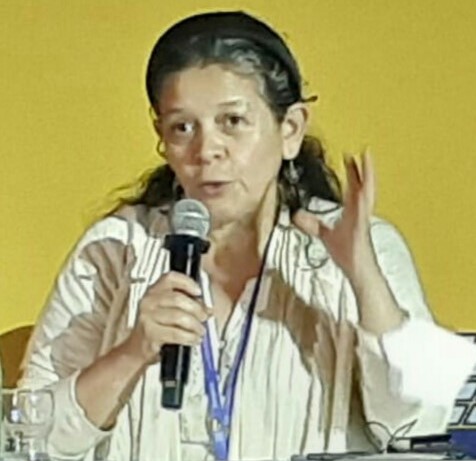
Maite Rodríguez Blandon is a feminist researcher, activist, organiser, and Regional Coordinator of the Women and Habitat Network for Latin America and the Caribbean, expert in community resilience building and climate adaptation. Member of the Women’s Gender Constituency’s Just Transition Working Group.
Session 013: Resourcing Collective Care: A Call for Dedicated Funding to Sustain and Strengthen Feminist Movements
Collective care is essential for the sustainability and resilience of feminist movement ecosystems, yet it is often overlooked as an essential resource to activists and organisers. Our research strongly affirms that collective care is vital for sustaining activism, addressing trauma and healing, building resilience, and ensuring long-term sustainability at the individual, organizational, and ecosystem levels. This panel, hosted by the Communities of Collective Care Collaborative, serves as an urgent call to action for the philanthropic and feminist funding ecosystem to direct more, and better, funding for collective care so that we can realize a future where care is not only a tool for resilience but also a source of rest, joy, and sustained social transformation.
Speakers:
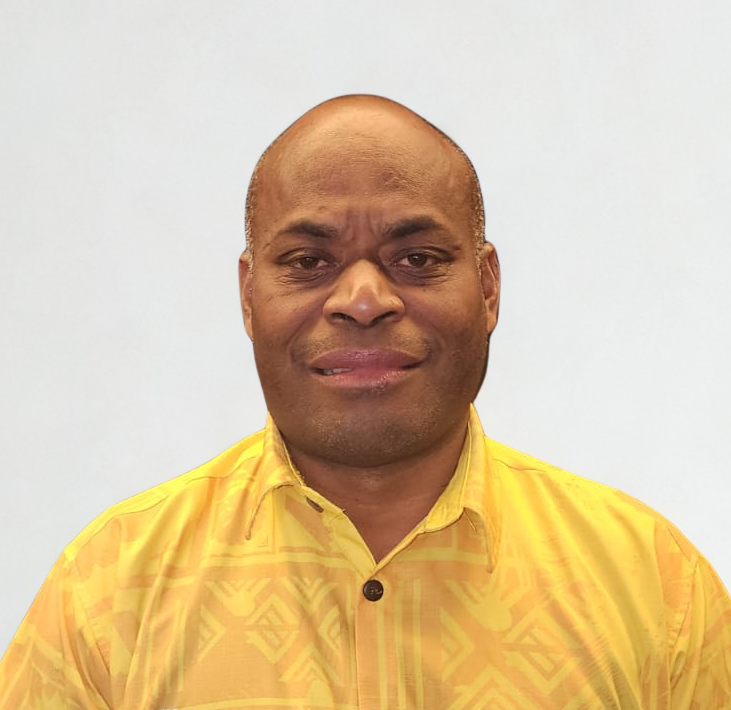
Ponijese Korovulavula is affiliated with Women’s Fund Fiji, contributing to initiatives that support gender equality and community resilience. His work emphasizes inclusive development, particularly in rural and marginalized communities. He plays a role in mobilizing resources and fostering partnerships that empower women and gender-diverse groups across Fiji.
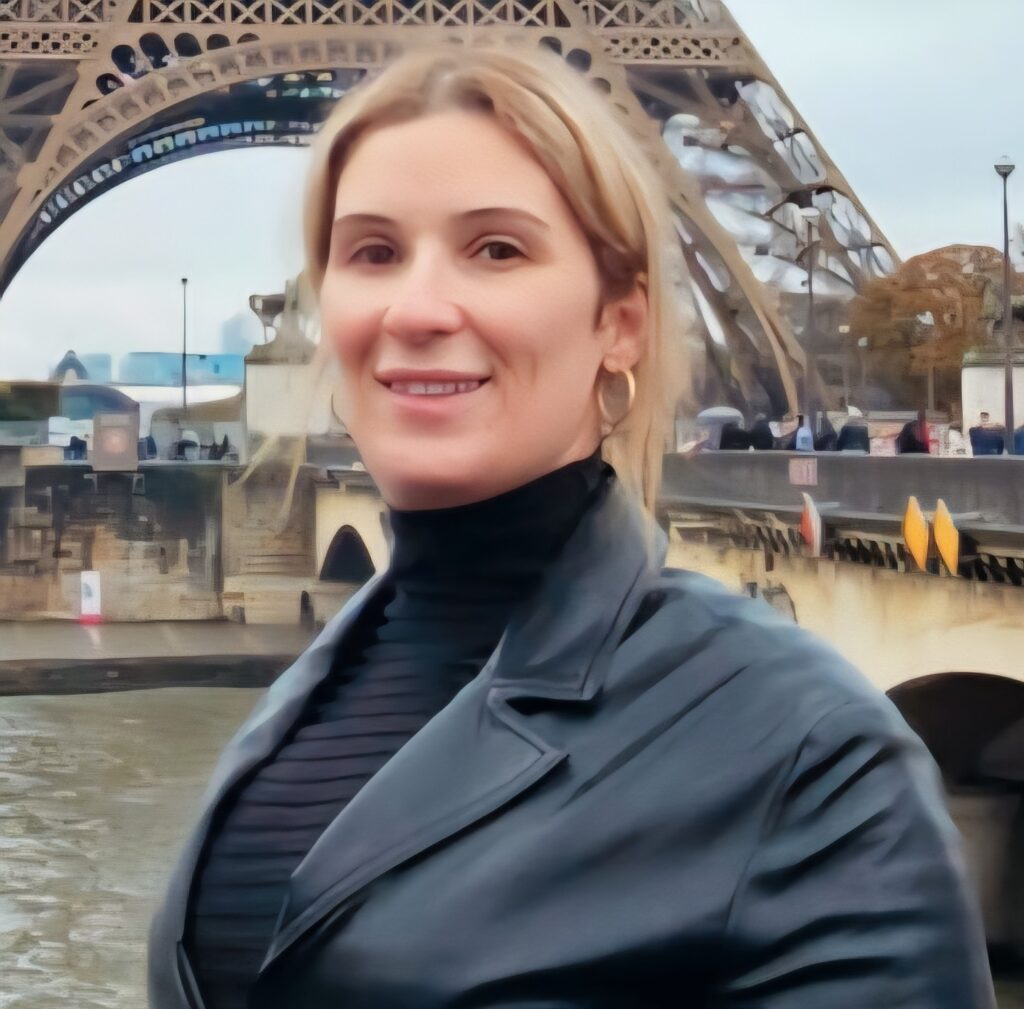
Mira Zouhairy is a Senior Grants Officer at Doria Feminist Fund, a feminist fund that supports feminist movements across the MENA region. For over eight years, she has been actively supporting civil society actors and feminist groups through capacity-building, accompaniment programs, and care-centered practices.
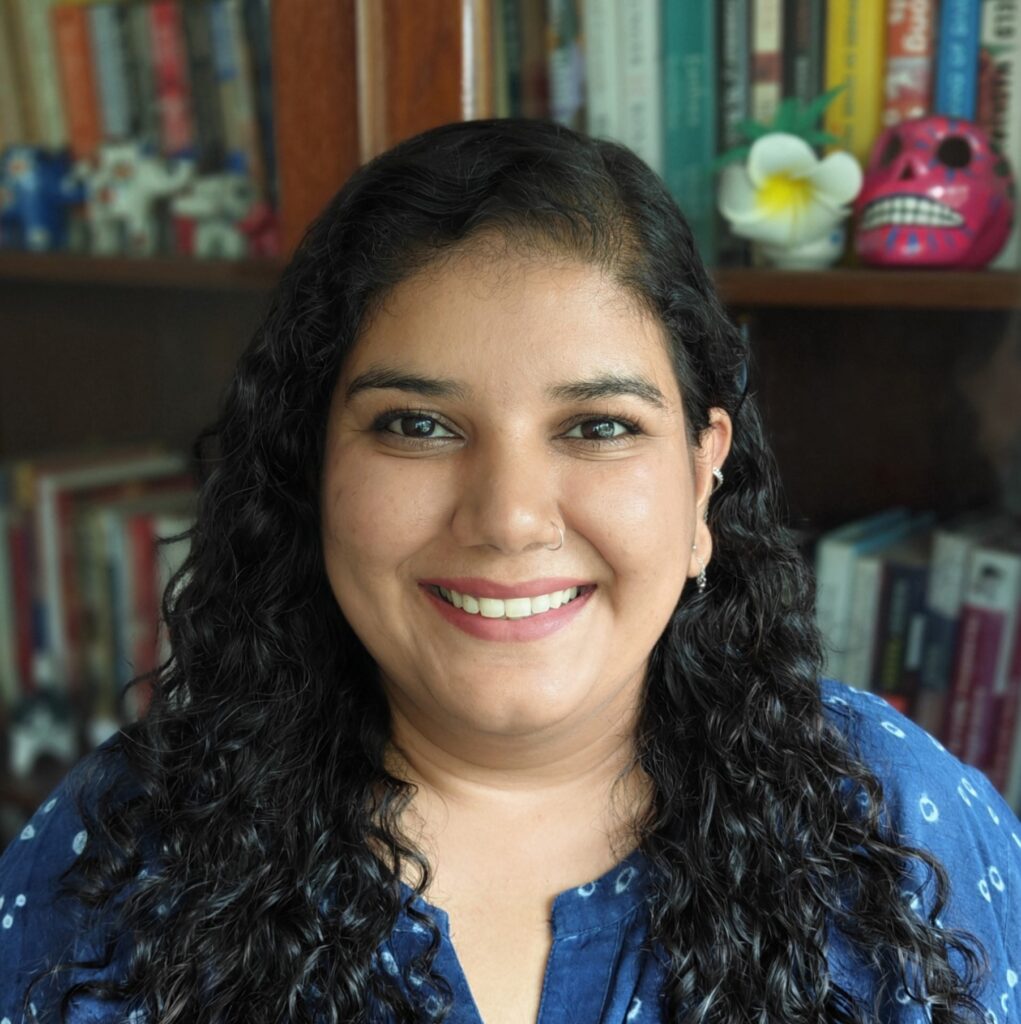
Akanksha Singh is a young feminist activist and independent consultant. At FRIDA The Young Feminist Fund, she led the MEL team and served as a Focal Point supporting a diverse community of grantee partners in the SSEAP (South, South East Asia and Pacific) region. She designs organizational learning strategies using participatory, feminist, and decolonial practices. Her work focuses on collective care, queer feminist organizing and resourcing young feminist activism in the Global South.
Session 014: Drug Policy is a Feminist Issue: Divesting from Punishment, Investing in Futures, and Building Community-Based Models of Care
This session explores why drug policy is a feminist issue, highlighting the urgent need to end punitive approaches and invest instead in community-based models of care. Through feminist, artistic, advocacy, and harm reduction perspectives, speakers will share concrete alternatives that center dignity, justice, and collective wellbeing.
Speakers:
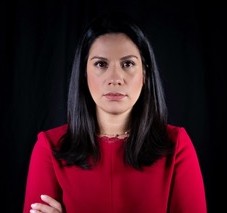
Lisa Sánchez is a Mexican activist who has been advocating for drug policy reform for over 15 years. She holds degrees in international relations and public management, and currently directs México Unido Contra la Delincuencia, a civil society organization with 27 years of work in citizen security, justice, and peace.
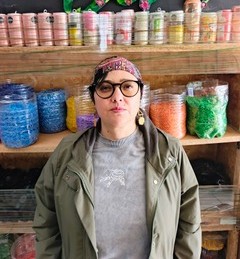
Andrea Defrancisco is an artist and director of the Latin Latas Corporation. She integrates art, grassroots circular economies, and feminism in community processes with women who work as recyclers by trade. Bogotá, Colombia.
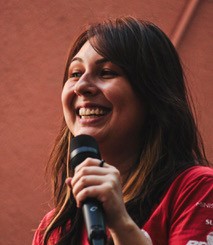
Ana Luiza Uwai is a journalist, project manager, and harm reductionist. She is currently the General and Advocacy Coordinator at Centro de Convivência É de Lei and a board member at Instituto Terra, Trabalho e Cidadania.

Aura Roig Forteza is an anthropologist and international advisor with over 20 years of experience in drug policy, harm reduction, and intersectional feminism. She is the founding director of Metzineres, a non-profit cooperative supporting women and gender-expansive people who use drugs surviving multiple situations of violence and vulnerability, based in Barcelona (Spain).
Session 016: Unlocking the future of SRHR: navigating the complex world of innovative and feminist financing models
This session explores how innovative financing could contribute to more sustainable and equitable investments in SRHR. It will provide a clear overview of existing and emerging financing models, breaking down their opportunities, challenges, and implications. Speakers will analyse these instruments through a wider lens, considering systemic issues, power dynamics, and the need for coherent frameworks to maximize impact. Real-world examples will showcase how innovative financing approaches have been applied successfully to support SRHR, offering insights for future action and investment.
Speakers:
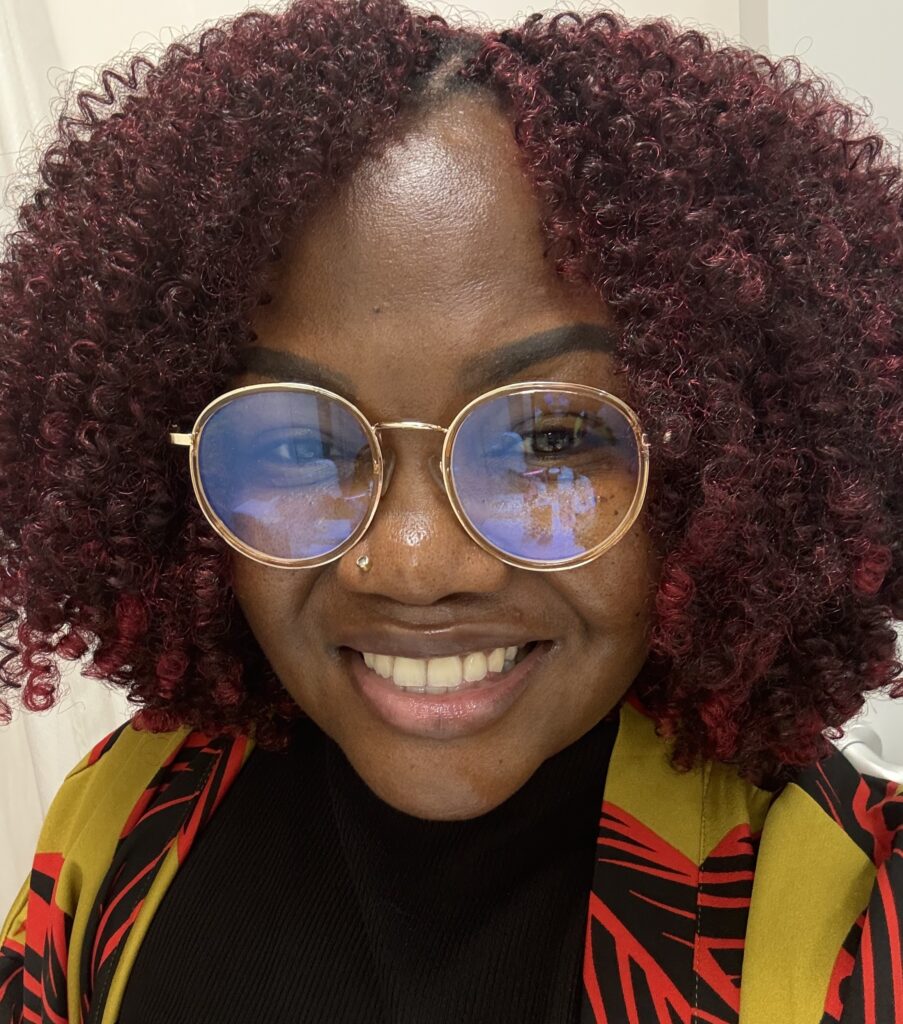
Dr. Stellah W. Bosire is a medical doctor, lawyer, global health practitioner, researcher, and author with over 14 years of experience advancing gender equality, health equity, and inclusive governance across Africa. As Executive Director of the Africa Center for Health Systems and Gender Justice, she is advancing equity, investing in gender justice, and transforming health systems through gender equity, innovation, and sustainable investment. Dr. Bosire advances gender justice by tackling income inequalities as a fundamental lever for achieving equitable, responsive, and transformative health systems. Dr. Bosire serves as the Chairperson of Amnesty International Kenya, Governor of the Commonwealth Foundation representing Africa, and Board Member of Civicus Alliance. She was previously the Co-Executive Director of UHAI– EASHRI, CEO of the Kenya Medical Association, and Vice-Chair of the HIV/AIDS Tribunal of Kenya, consistently bridging civil society, government, and global institutions to shift power and resources toward equity.
Dr. Bosire holds a Bachelor of Medicine and Bachelor of Surgery (MBChB) and a Bachelor of Laws (LL.B) from the University of Nairobi, an MBA in Healthcare Management from Strathmore Business School, and a Master of Science in Global Health Policy from the London School of Hygiene & Tropical Medicine.
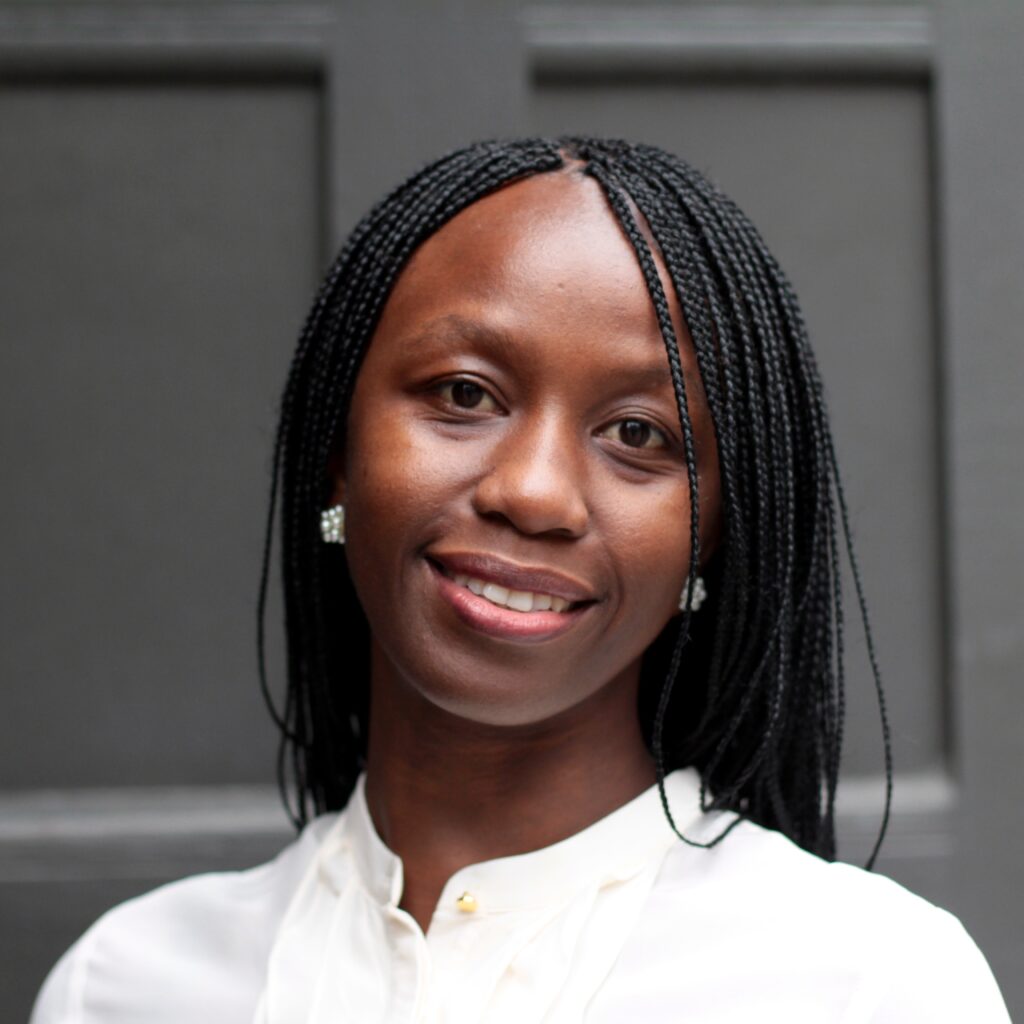
Philomena Apiko is a Policy Analyst at the European Centre for Development Policy Management (ECDPM). Her work focuses on regional integration in Africa, trade and gender, African institutions and AU-EU relations. She leads the work on health, which includes a focus on the AU-EU health partnership, the EU Global Health Strategy, as well as analysing developments in local/regional production of medical products in Africa.
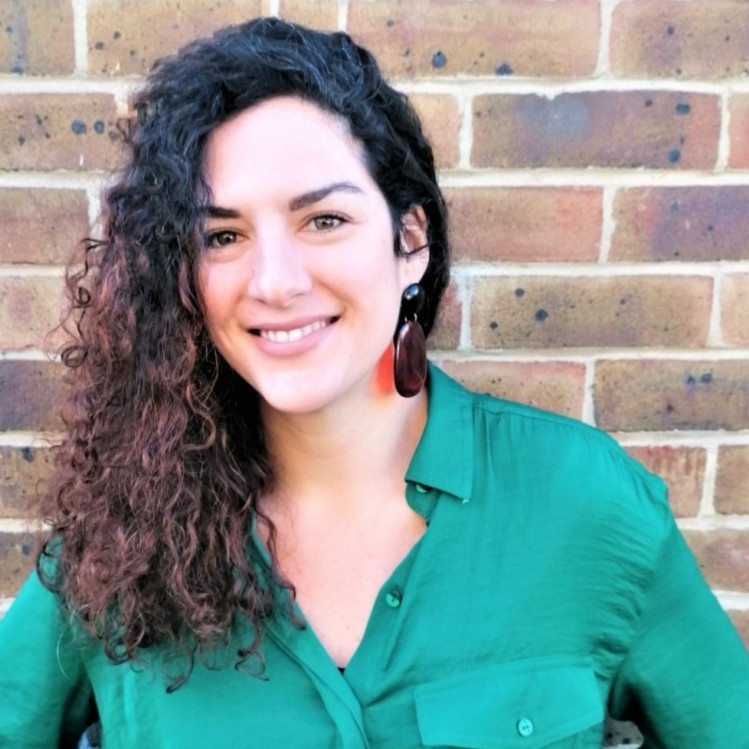
Federica Signoriello is the Advocacy Adviser for Financing for Development and SRHR at Countdown 2030 Europe/IPPF, providing strategic guidance on SRHR financing and global funding trends. She leads research, policy analysis, and advocacy to strengthen sustainable SRHR progress across the consortium. In 2024, she co-led the launch of the report “Unlocking the future of SRHR: navigating the complex world of innovative and feminist financing models”, to explore innovative financing mechanisms to complement ODA for SRHR, which is being presented in this session.
Session 017: The Past is Prologue, and the Future is Now
We’re told we are in a “post-” timeline: a post-ODA global development landscape, with a post-FfD set of commitments, and an emerging post-Agenda 2030 vision for the world. So why does this feel like déjà vu all over again? What do we leave behind and what do we risk leaving behind as the timeline shifts?
Speakers:
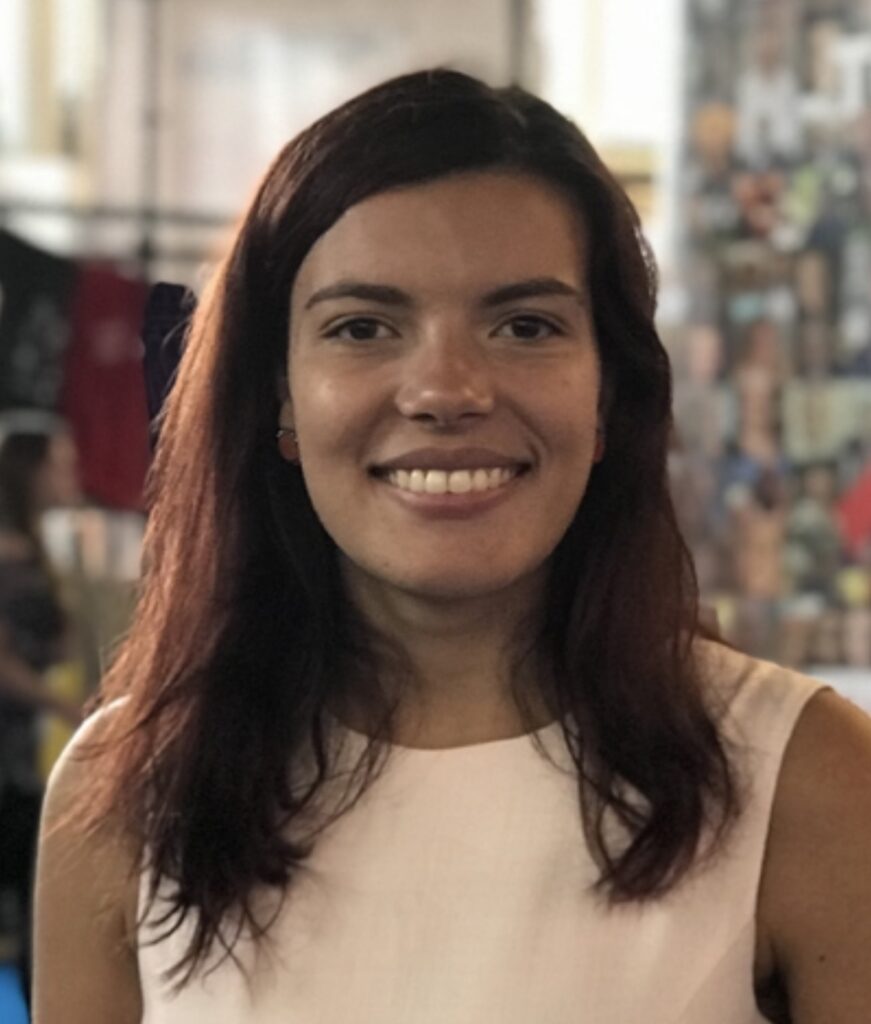
Bruna Martinez is a Brazilian feminist, international development practitioner, and advocate. A Women Deliver Young Leader Alum and an OYW delegate, she brings a decade of experience advancing gender equality and social justice, with expertise in global health policy, SRHR/HIV, and promoting access to services and funding for key populations and women’s rights organizations. As Program Manager of Walking the Talk, Bruna drives strategic coordination, mobilization, and advocacy to embed gender equality in financing decision-making spaces, influence policy, and secure sustained, equitable funding for feminist movements and women’s rights organizations. She also leads the Financing for Feminist Futures Conference; a flagship convening aimed at shaping pathways for financing gender equality and fostering coordinated strategies and synergies across movements and stakeholders. She holds a master’s degree in development studies from the International Institute of Social Studies (ISS), with a specialization in women’s rights and social justice.
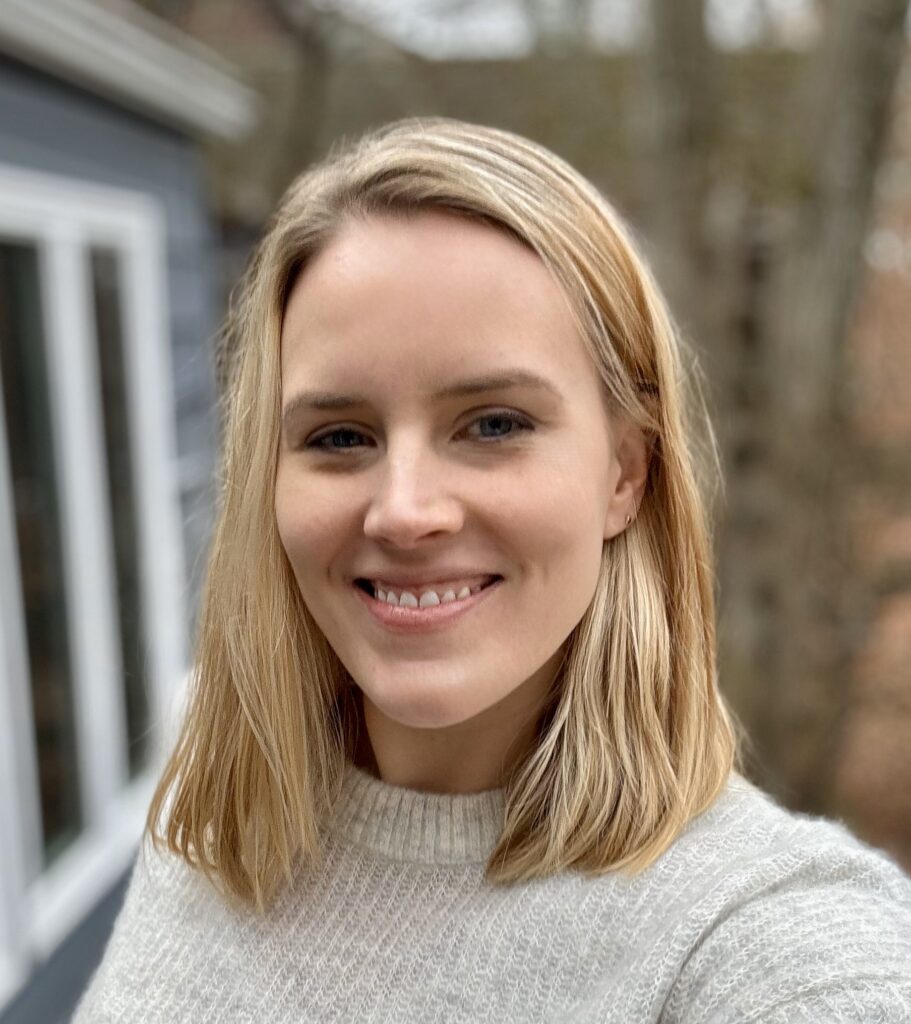
Kathryn (“Katie”) Tobin has worked on sustainable development, gender justice, and human rights since 2011. As Director of Programs at WEDO, Katie helps shape organizational strategy, narratives and fundraising, and movement building at the nexus of economic, gender, and climate justice. Katie began her career at the United Nations Non-Governmental Liaison Service before co-founding Regions Refocus, an initiative that advances feminist and progressive policy with autonomous regional civil society networks. Katie has also consulted on advocacy and organizational strategy for several UN-based organizations, including UNANIMA, Global Policy Forum, and the Mining Working Group. She has a Bachelor’s degree in Africana Studies from Barnard College of Columbia University and a Master’s from School of Oriental and African Studies (University of London).
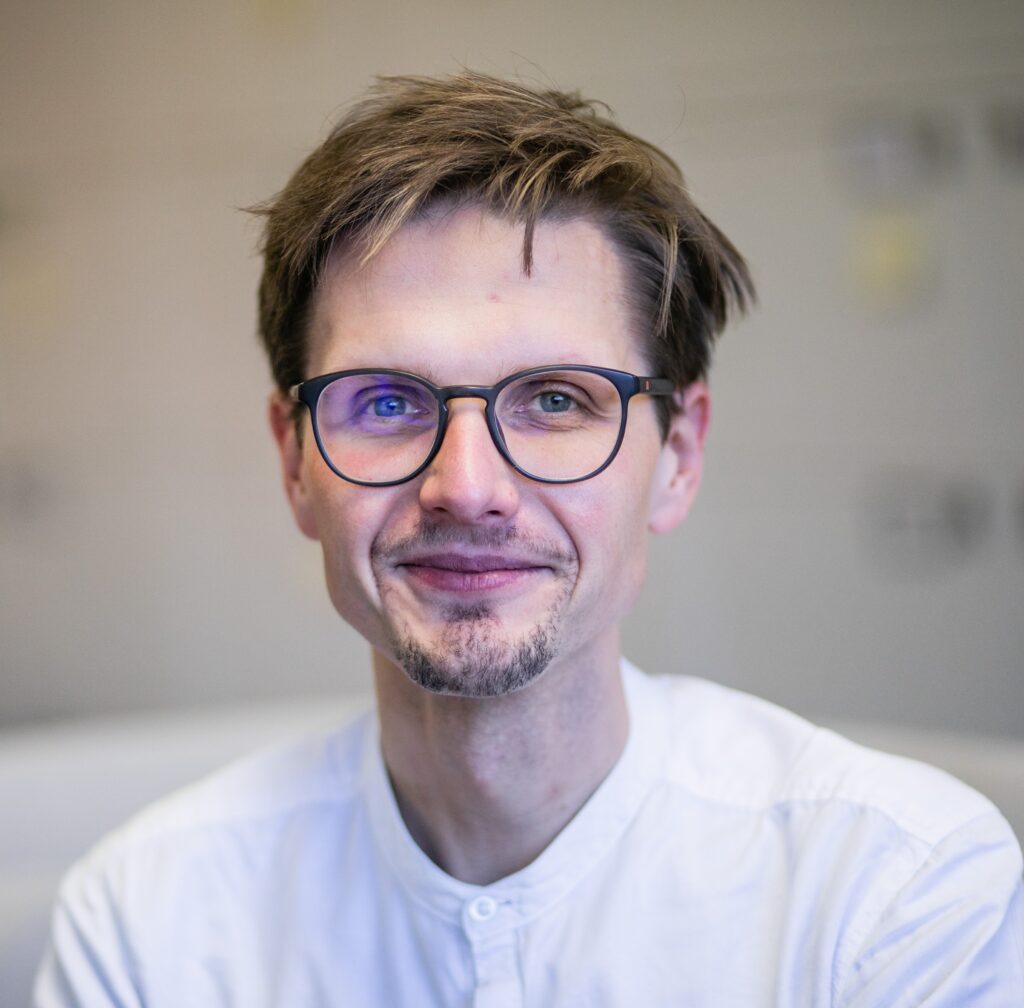
Ján Michalko is a Research Fellow at the Gender Equality and Social Inclusion team at ODI Global. At ODI Ján supports the ALIGN platform, which brings together global research on gender norms and transformative change. He specialises on gender and politics and currently leads various collaborative research projects exploring political parties’ responses to technology-facilitated gender-based violence, gender equitable masculinities, feminist foreign policy and anti-gender politics in multilateral institutions.
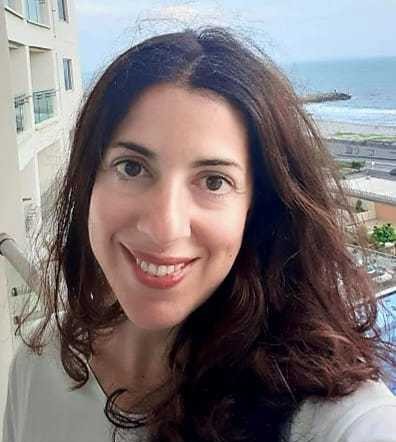
Dr Maria Ron-Balsera is the Executive Director at the Center for Economic and Social Rights (CESR). She is a feminist leader with a proven commitment to collaborative research and advocacy, as demonstrated through her work with national, regional, and international coalitions in Africa, Asia and Latin America.
Maria finished her PhD in Education and Human Development from Bielefeld University in 2014, on a Marie Curie Fellowship. She also holds an MSc in Human Rights from the London School of Economics and an LLM in Human Rights from Universidad Carlos III in Madrid. She has done research at the Institute of Education (UCL) as a visiting research associate, and at UC Berkeley through a research exchange program.
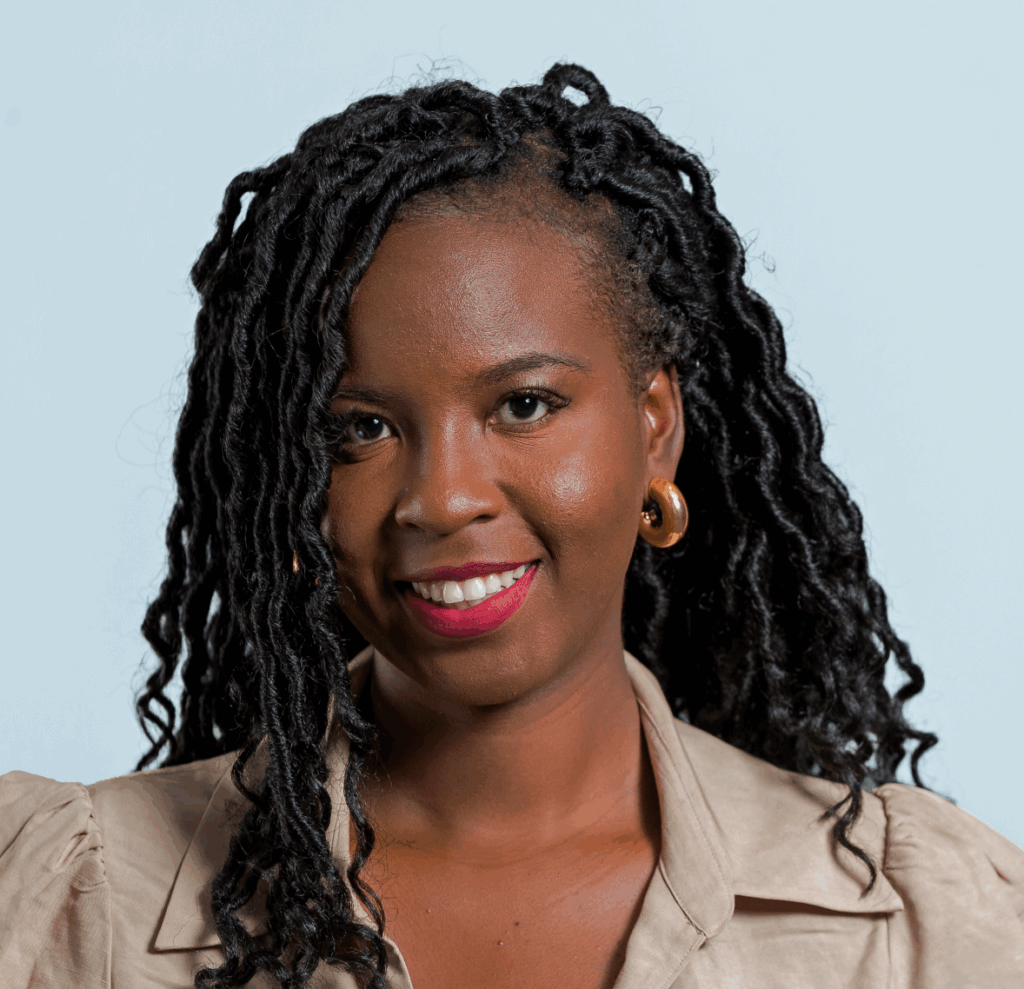
Naomi Nyamweya leads Malala Fund’s education financing policy work through a feminist economics lens, advancing research and advocacy on how fiscal and debt policies shape girls’ rights. She authored Towards Debt Justice for Girls and developed the Girls’ Education and Debt Challenges Index. Her work combines rigorous quantitative analysis with feminist macroeconomic insights to expose structural inequities in global finance. Naomi holds degrees in Financial Economics (Strathmore University, Nairobi) and Public Policy (UCL).
Session 018: Financing for Gender Equality and Feminist Movements: The Latest Updates
This session will provide updated research and information on the most recent data and information on the global state of resourcing feminist/gender justice/LGBTQI movements. In this session AWID will address their Where is the money for feminist organizations report, AWDF & Komboa will discuss anti-backlash and funding and SEEK Development will focus on Gender equality ODA trends, policies, risks and opportunities.
Speakers:
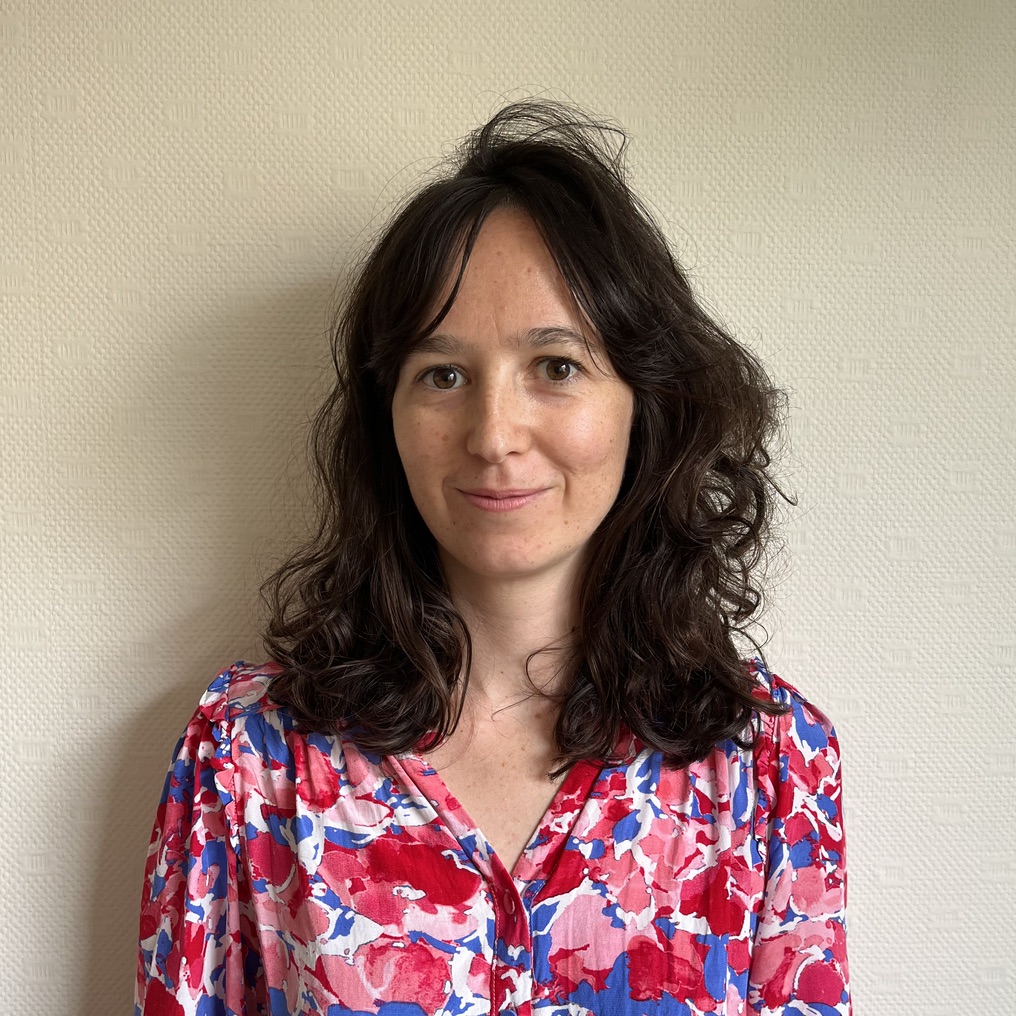
For over ten years, Lucie Daniel has been active in the NGO sector and is an expert on issues related to “feminist foreign policies,” sexual and reproductive health and rights, and anti-gender movements.
She is the co-author of reports on the backlash against women’s rights and on the rise of the far right in Europe.
After working with Le Planning Familial and Action Against Hunger, she joined Equipop, a feminist and international solidarity organization. As Head of Advocacy and Research, she regularly represents the association in the media.
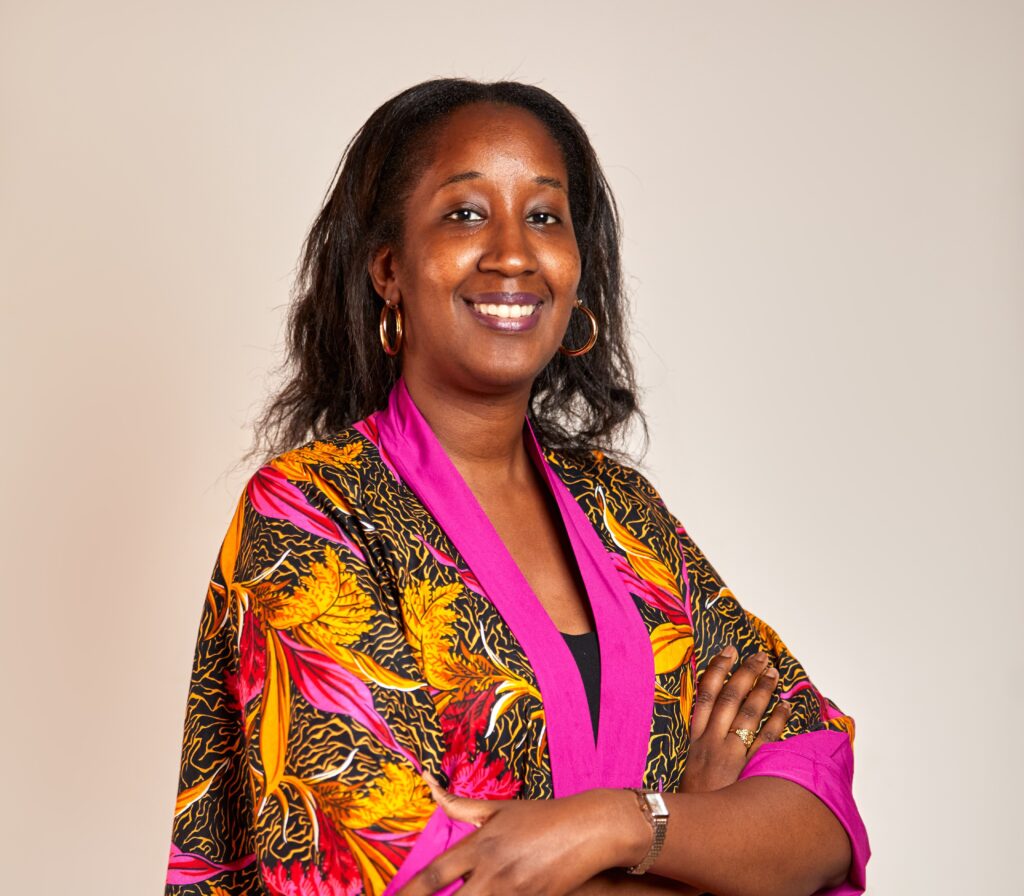
Ramatoulaye Mballo is the Leading From the South (LFS) Initiative Coordinator at the African Women’s Development Fund (AWDF). As a Gender Justice Professional with a focus on Feminist Philanthropy and Advocacy, her work centers on strengthening and resourcing women’s funds and feminist movements across Africa and the Global South. She is a fervent advocate for cross-regional collaboration, actively fostering partnerships and facilitating platforms for shared learning and exchange. With a strong background in project management and significant experience in Francophone West Africa, Ramatoulaye has provided critical technical and financial support to young feminist movements. Multilingual in French, Pulaar, and English, with proficiency in Spanish, Ramatoulaye leverages her international background and academic research on marginalized narratives—including those of Muslim women in France—to effectively amplify the voices of feminist movements and drive transformative change.
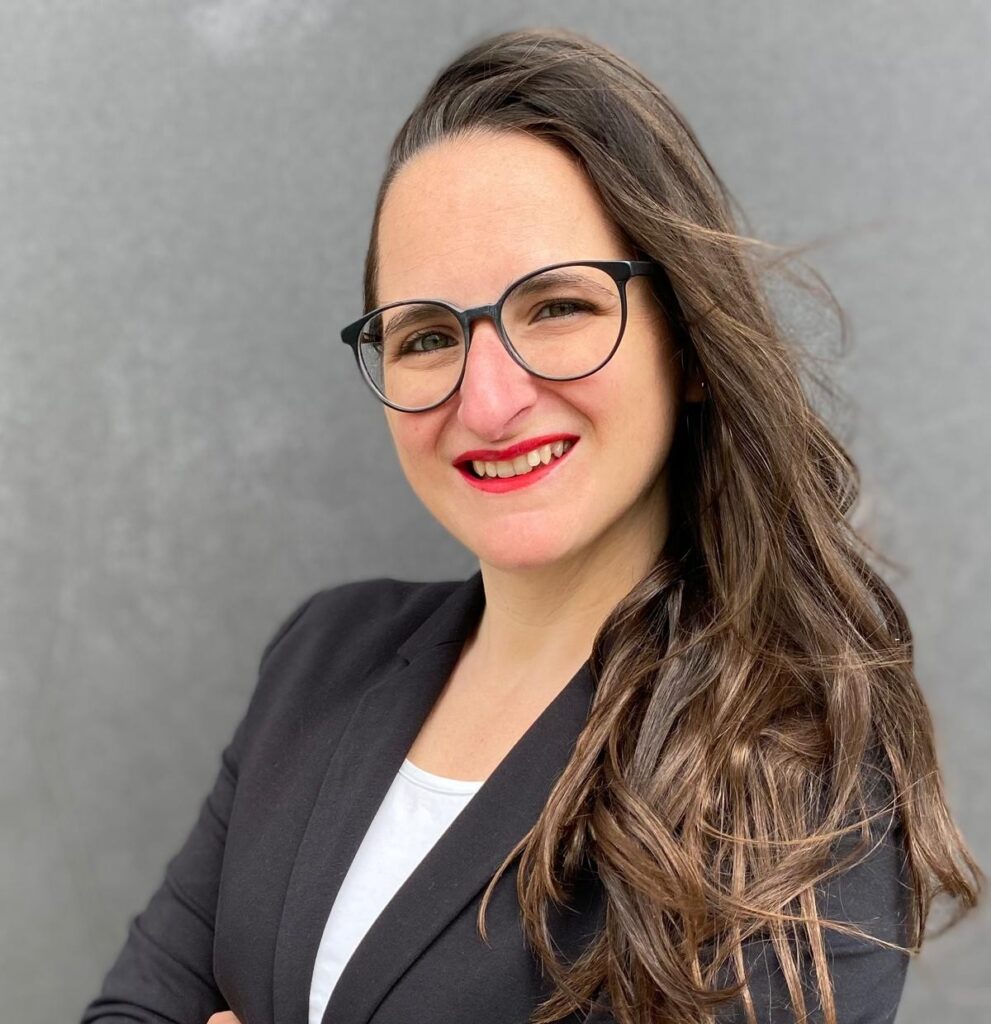
Alejandra Morena is the Research & Advocacy Lead of the Resourcing Feminist Movements Initiative at AWID (Association for Women’s Rights in Development). She works at the intersections of gender, social, economic, and climate justice. She holds an MA in Human Rights from the University of Essex and has authored several publications, including “Where is the Money? An Evidence-Driven Call to Resource Feminist Organizing“ [forthcoming] and “Enraged: Women and Nature“. Originally from Argentina, she has lived and worked across Europe and Latin America. She envisions a world rooted in care – for both people and the planet.
Session 019: Financing for Development: Mobilizing National Resources
This session shifts the financing for development discussion from the global to the national. Strengthening national fiscal policies and capacities to address gender equality issues is a key piece of the financing for development picture. However, national actors are increasingly constrained by external pressures, including economic coercion. How can national actors best be supported? What is the role of international financial institutions and regional groups and policy platforms?
Speakers:
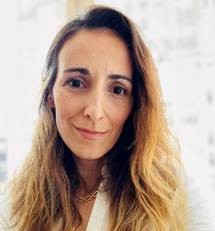
Foteini Papagioti (she/her) is a senior global policy advisor based out of the ICRW-US office and working remotely from New York. She is responsible for conducting research and analysis and providing evidence-based strategic guidance to governments, international organizations, and ICRW’s policy and advocacy team, with a focus on feminist foreign policy and global gender architecture/institutions.
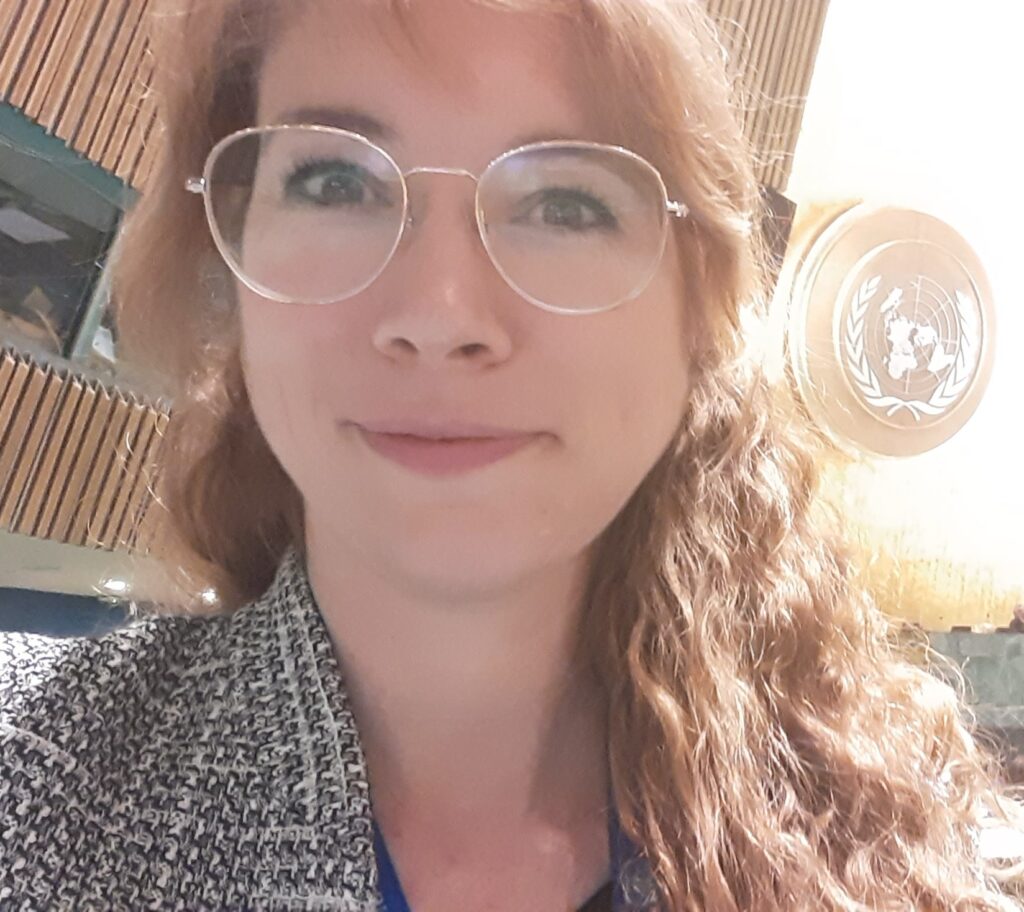
Aroa Santiago leads UNDP´s portfolio on building gender equal economies at the global gender team at UNDP in New York, with more than 15 years of experience. She has built UNDP’s Flagship EQUANOMICS initiative that aims at reforming economic structures that generate discrimination, particularly by making fiscal policies work for gender equality, and expanding care systems, present in all five regions of the world. She has created and manages the Global Learning Lab on Gender Equal Economies, that has trained UNDP economists from more than 100 countries on issues around feminist economics and has co-published numerous papers and knowledge materials on these topics. Previously, Aroa was a Social Protection and Women´s Economic Empowerment officer at FAO, supporting more than 40 country and regional projects in Europe and Central Asia on rural economic development and land management reforms. Before, she worked at the University of Barcelona as advisor to incorporate gender theory into social research.
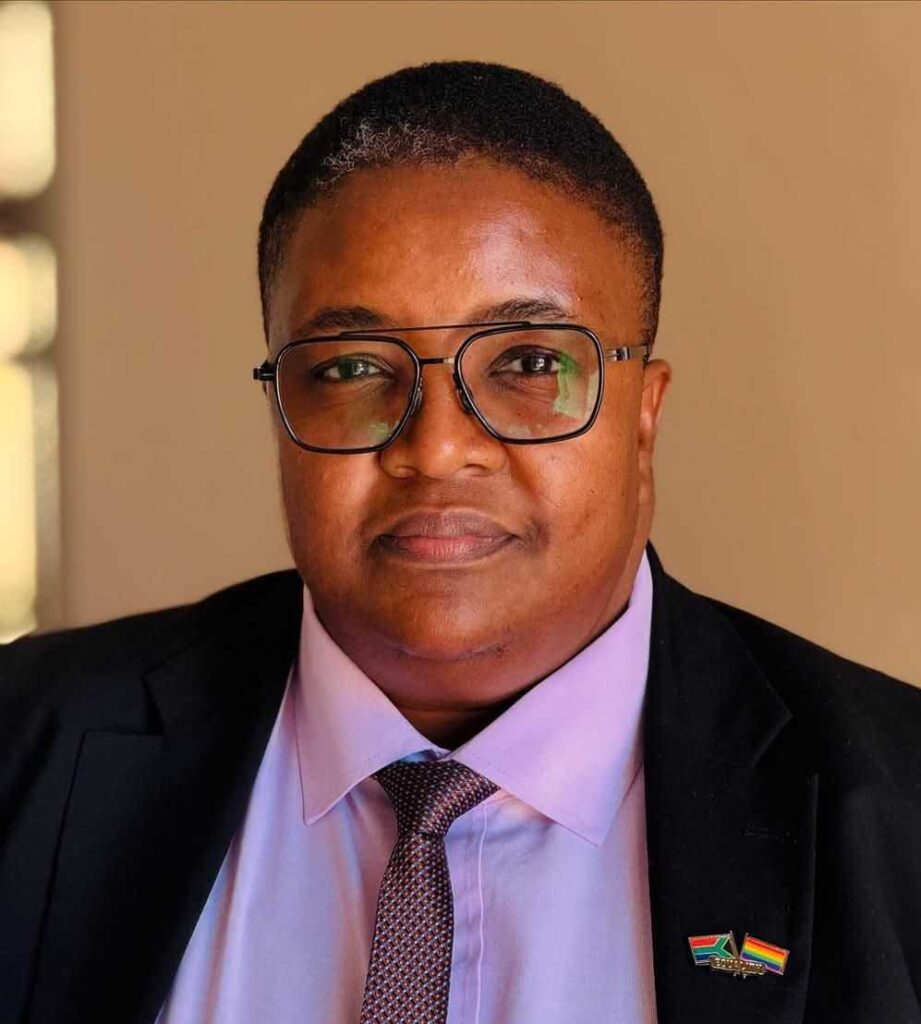
Mmapaseka Steve Letsike, MP is a dedicated human rights advocate, currently serving as the Deputy Minister in the Presidency for Women, Youth, and Persons with Disabilities appointed in June 2024. Additionally, she is the Vice-President and a Councillor of the South African Pharmacy Council. Further, Steve serves as a member of the National Executive Committee (NEC) of the African National Congress (ANC) elected at the ANC’s 55th National Conference in December 2022. Letsike wields over 18 years of experience in international policy and human rights advocacy, having advanced significant contributions to the rights of LGBTQIA+ individuals, women, and girls through her activism, commitment to public service and passion for community health. As the founder and former Executive Director of Access Chapter 2 (AC2), she established South Africa’s first queer-led law clinic, providing free legal services and access to justice for LGBTQIA+ persons. Letsike has held various key positions in government, civil society organistions and international fora, including serving as Co-Chairperson of the South African National AIDS Council (SANAC) and Co-Chair of the National Task Team on Human Rights concerning Sexual Orientation and Gender Identity. She played a pivotal role in developing the world’s first LGBTQIA+ HIV Plan for South Africa in 2016. Internationally, she served as Chairperson of The Commonwealth Equality Network, advocating for equality across 54 Commonwealth Member States.
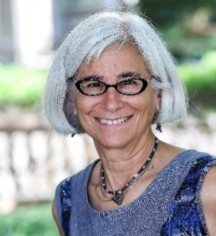
Caren Grown is a Senior Fellow in the Center for Sustainable Development at the Brookings Institution where she leads a program on gender equality and sustainable development, focusing especially on the intersection of public finance, climate change, and care. From 2014-2021, she served as Global Director for Gender at the World Bank Group and then as Senior Technical Advisor in the Macroeconomics, Trade, and Investment Global Practice, where she developed a workstream on taxation and gender equality. Prior to the World Bank, she was economist-in-residence and co-director of the Program on Gender Analysis in Economics at American University. During her career, Grown held senior positions at USAID, the Levy Economics Institute at Bard College, and the International Center for Research on Women. She has developed and co-led several large research projects, including the UNU-WIDER program on aid effectiveness and gender equality, the three-country Gender Asset Gap Project (based at the Indian Institute of Management in Bangalore, India), and the seven-country Taxation and Gender Equality Project (American University & University of KwaZulu Natal) and has published widely on fiscal policy, trade, development, gender data, and health.
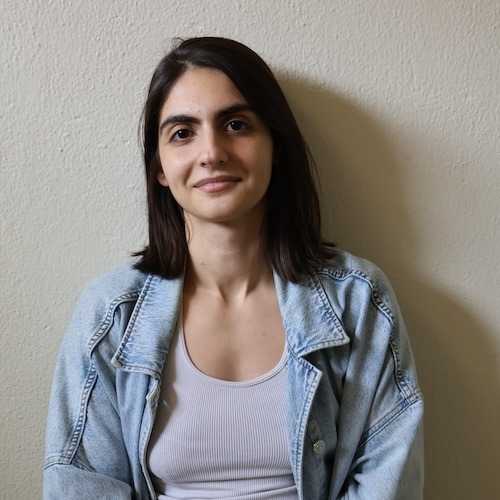
Yara Tarabulsi is a social anthropologist with experience in issues of gender, care, economic justice, migration, and public policy. She has a Master’s degree from the University of Oxford and a Bachelor’s from the American University of Beirut. She has worked at the National Institute of Women of Mexico and as a consultant for various international agencies and academic institutions such as the International Development Research Centre of Canada and Columbia University. She has published research, articles, and reports on gender justice and civil society. Currently, she is the Outreach and Advocacy Officer at the Global Alliance for Care.
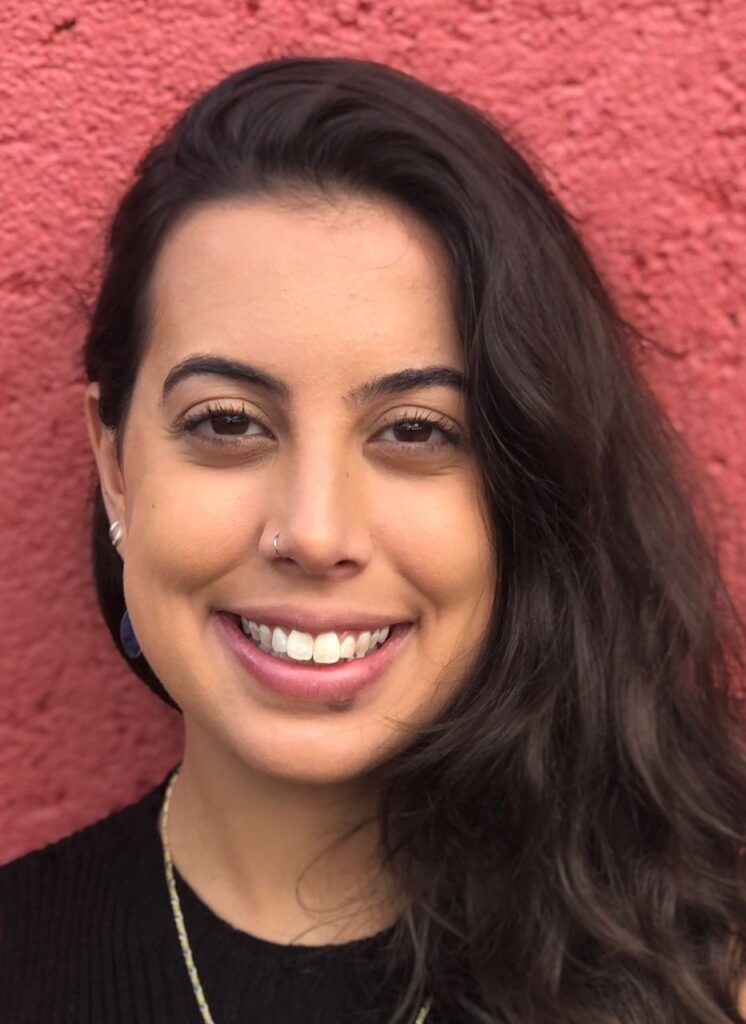
Lais Rezende is a psychologist from the Federal University of Espírito Santo, Brazil. Master’s student in Public Policy and Government at the Getulio Vargas Foundation. Served as General Coordinator for Monitoring the Conditionalities of the Bolsa Família Program at the Ministry of Social Development, Family, and Fight Against Hunger, and currently works as Advisor at the Executive Secretariat of the Ministry of Women.
Session 020: Global Backlash, Fierce Resistance: Advocacy for Financing Women’s Rights and Gender Equality
Across the globe, women’s rights and LGBTIQ+ organizations are under pressure; funding is being cut, civic space is shrinking, and defenders face escalating threats amidst rising authoritarianism and backlash. Official Development Assistance (ODA) reductions are hitting especially hard. A UN Women survey found that 90% of women’s organizations working in crises are affected by funding cuts, with nearly half at risk of closure within six months. The Alliance for Feminist Movements estimates that, starting in 2026, the women’s rights and gender equality sector will face annual losses of USD 2.83 billion. Yet collective support, strategizing, and solidarity remain powerful tools. This session focuses on how we do advocacy at the national level in global north countries for gender equality financing.
Speakers:
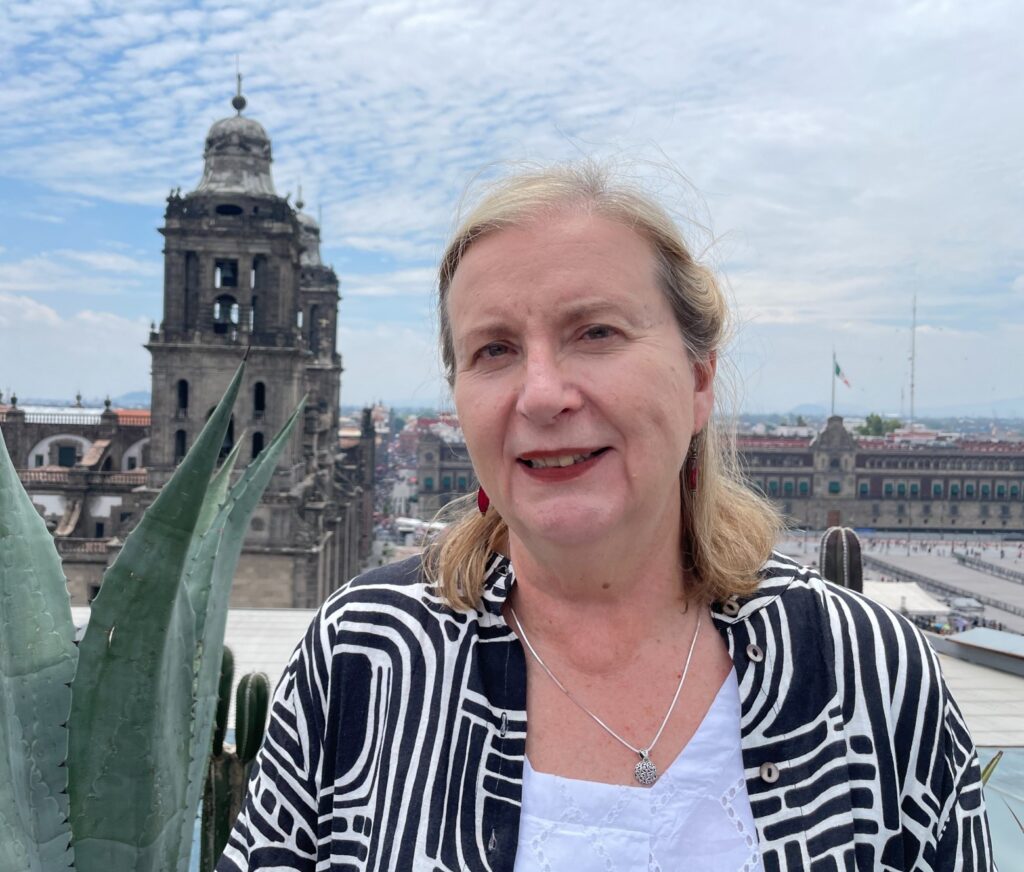
For over 35 years Beth Woroniuk has worked to advance gender justice and feminist approaches to policymaking – in Canada and around the world. She has advised and worked with bilateral aid agencies, women’s funds, UN entities, international NGOs, and feminist organizations. She has developed analytical tools, supported policy development, carried out research, blogged, conducted evaluations, organized, lobbied, and testified before the Canadian Parliament. Beth is currently a Senior Fellow with the Feminist Foreign Policy Collaborative and an advisor to both the Walking the Talk consortium and Prospera, the International Network of Women’s Funds. She has particular interests in gender equality financing and the women, peace and security agenda.
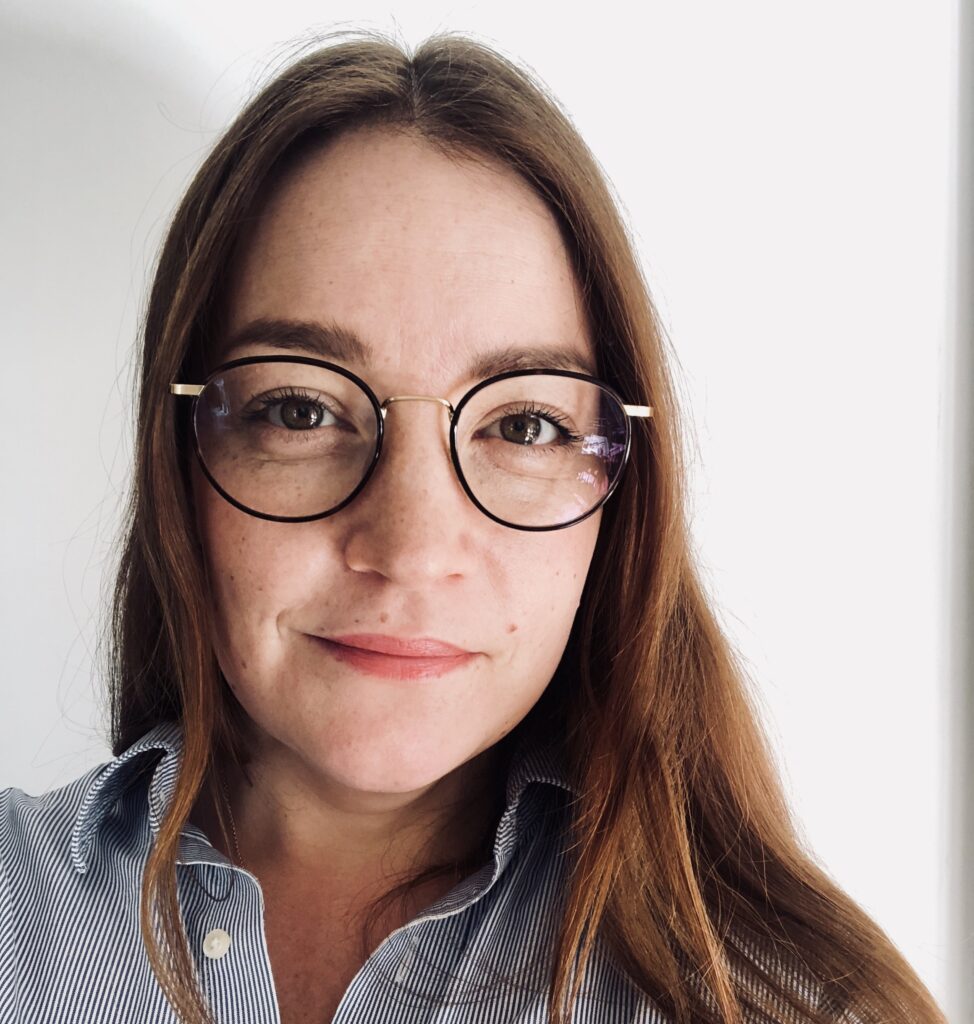
Klara Backman is a policy and advocacy expert in the field of global gender equality, development and peace and security, with a focus on Women, Peace and Security and the role of women’s rights organisations in conflict-affected contexts. She has been an advocacy advisor with The Kvinna till Kvinna Foundation since 2017. Kvinna till Kvinna is one of the world’s leading feminist women’s rights organisations, working closely together with more than 140 partner organisations in 20 countries affected by conflict. Prior to Kvinna till Kvinna, Klara worked at the Swedish Ministry for Foreign Affairs.
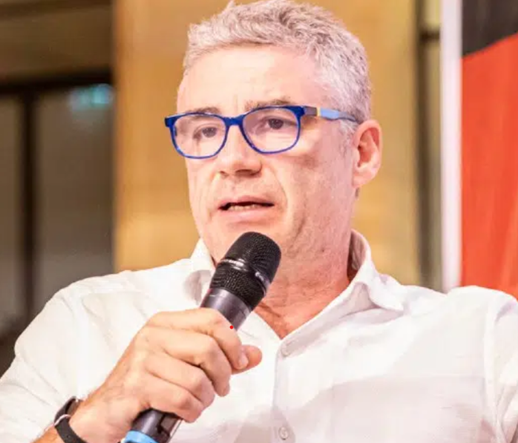
Marco De Ponte joined as Managing Director in Hivos on April 1, 2025. With over 20 years of leadership in the international NGO sector, Marco is widely recognized for his strategic vision, innovation, and deep commitment to social justice and civil society. Marco brings a wealth of experience from his long-standing career at ActionAid International (2001–March 2025), where he held several senior positions. As Secretary General of ActionAid Italy, He played a key role in the development of four strategic plans, including the current Agorà2028, and guided ActionAid Italy’s transition into the ActionAid Alliance. From 2002 to 2011, Marco served as International Director for Europe, New Countries, and Planning, where he was instrumental in ActionAid’s internationalization. In addition to his work with ActionAid, Marco has contributed to the sector through roles with Amnesty International’s Secretariat and as Human Rights Coordinator at Inter SoS. He is also the founder and current chair of AGIRE, Italy’s national disaster emergency committee, and was instrumental in founding Italy’s first national platform for international NGOs in 2002.

Alex is the Co-CEO of Restless Development, a global network focused on youth-led change. Alex was at the helm through the development of the latest strategy centred on Youth Power and development of the Youth Collective. Alex co-led the organisation’s Power Shifting journey, becoming a feminist organisation and one of the top organisations on the Fair Share of Women Leaders.
Alex is a feminist leader, with 25 years experience working for global change. She’s worked for WaterAid, Save the Children, Comic Relief and the Global Campaign for Education and led the 1GOAL: Education for All, campaign in South Africa during the 2010 World Cup. She currently sits on the BOND CEO Anti-Racism group and is a Trustee of the Sheila McKechnie Foundation. She lives in north London with her wife, and eight-year-old twins.
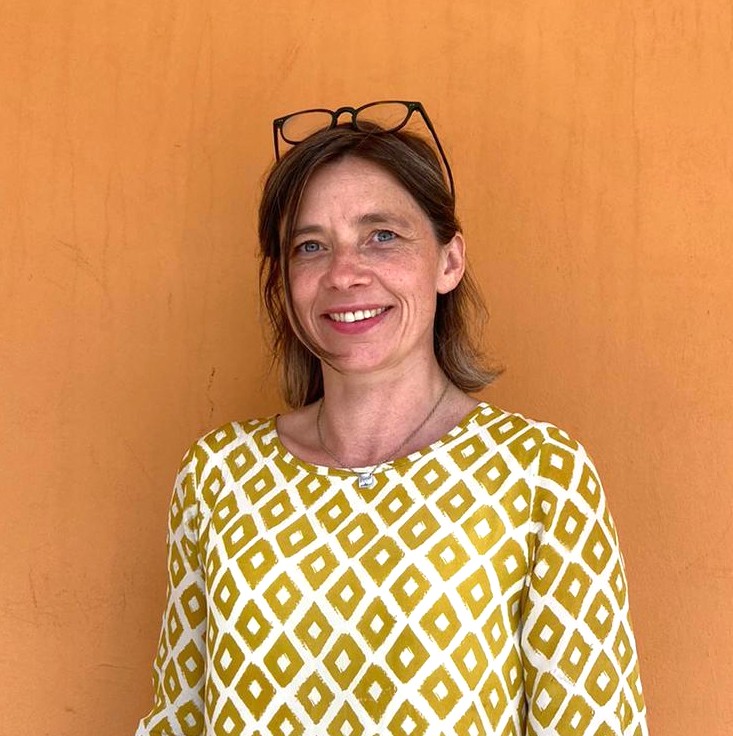
Aurélie Gal Régniez has worked for over 20 years in the international solidarity sector, particularly on issues related to women’s health and rights. She is a member of the National Council for Development and International Solidarity, has collaborated on several research projects, and teaches at the master’s level. Since 2015, she has headed the feminist international solidarity association Equipop, which works in partnership with around 100 frontline associations in different geographical areas. Equipop is also known for its advocacy and action research work, particularly in recent years on feminist diplomacy and the rise of anti-rights movements around the world.
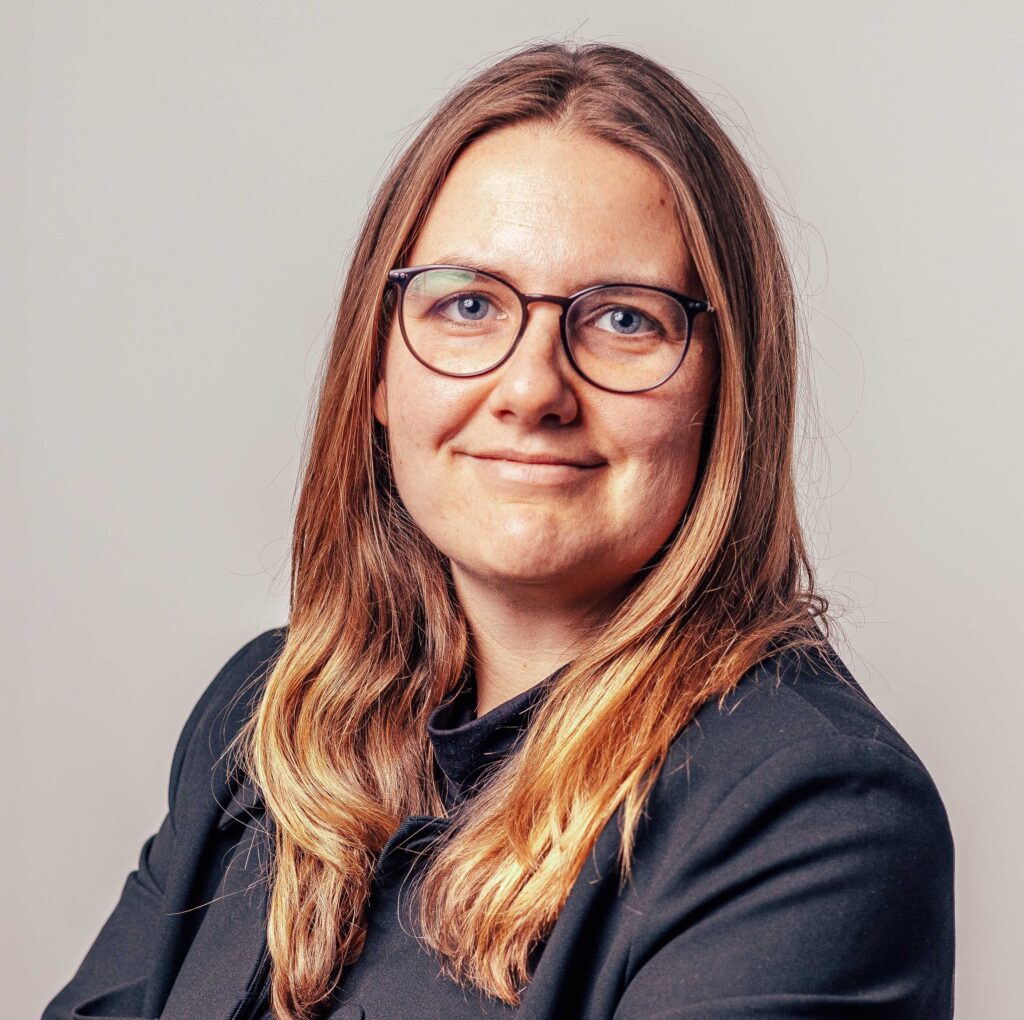
Tanja Siebenbrodt is a Senior Advocacy Officer at the Deutsche Stiftung Weltbevölkerung (DSW), working at the nexus of global health, sexual and reproductive health and rights, and development finance. Previously, she was a research associate at Freie Universität Berlin.
Session 021: Creating Narrative Power Through Journalism and Content Creation to Challenge Anti-Rights and Authoritarian Discourses
As anti-rights rhetoric gains traction, it is crucial to equip advocates and activists with effective counterspeech strategies that challenge harmful narratives, promote human rights, and foster inclusive dialogue. We will explore the dynamics of social media as a battleground for ideas, where misinformation and regressive viewpoints can spread rapidly. Participants will engage in discussions about the construction of positive narratives that emphasize equality, justice, and the importance of protecting human rights for all. We need narrative change to reach minds and hearts by informing and connecting them and, most importantly, by mobilizing and inspiring them to resist authoritarian movements and help build a more equal and fair society.
Speakers:
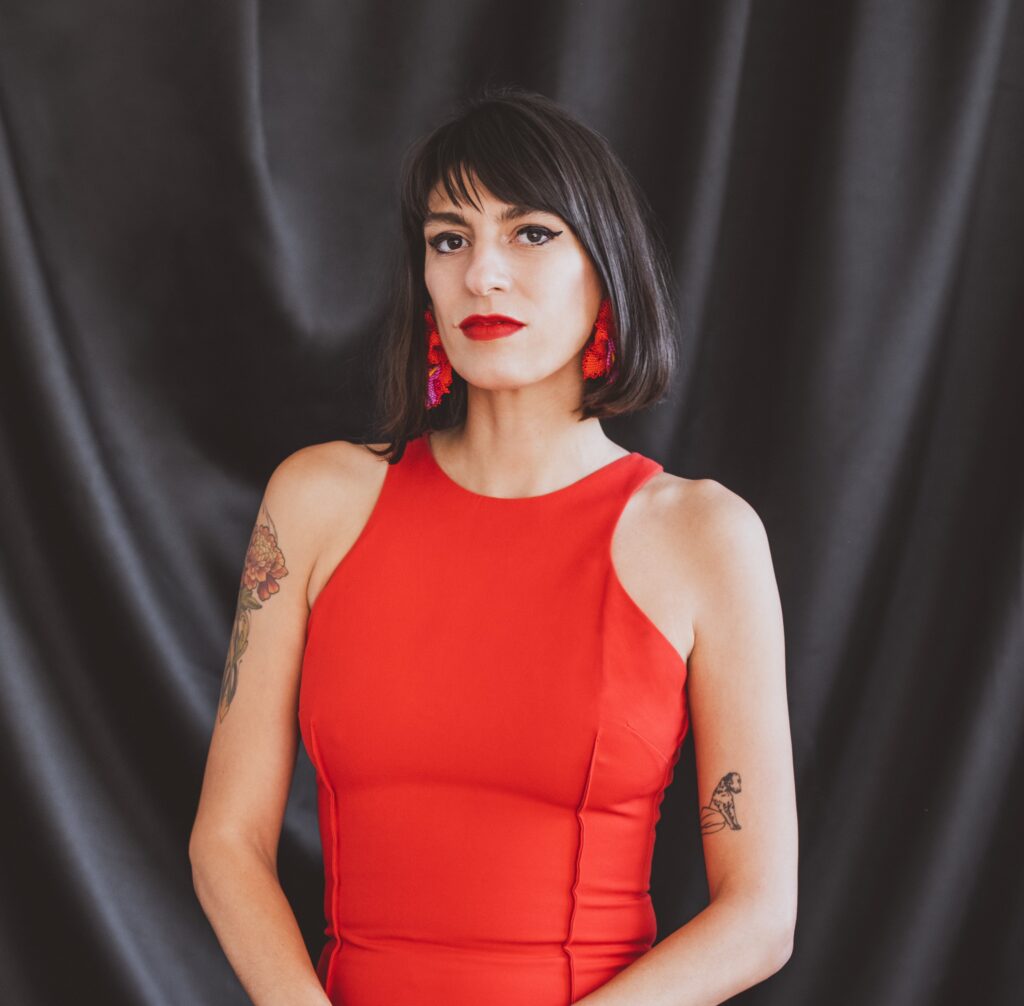
Catalina Ruiz-Navarro is a Colombian feminist and journalist; co-founder and director of the Latin American magazine Volcánicas, focused on feminist journalism; and founder and director of the training program Creadoras Camp, for young feminist digital content creators in Latin America. Ruiz-Navarro is the author of the book “Las mujeres que luchan se encuentran” (“Women Who Fight [For Social Justice] Find Each Other”), and in 2024 “Deseada: Maternidad Feminista” (Desired: Feminist Maternity), both with Penguin Random House.
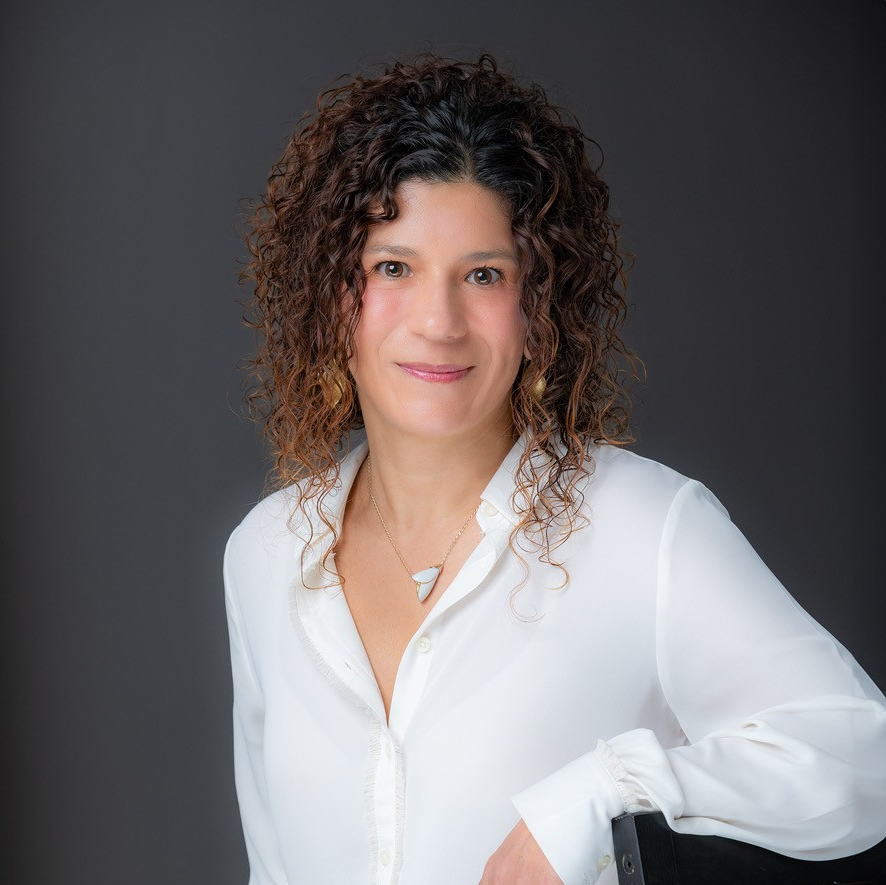
Monica Roa is a Colombian lawyer who migrated to Spain, with over 25 years of experience advancing social change at the intersection of law, politics, and communications. After pioneering the use of strategic litigation to expand abortion rights and gender justice, she founded Puentes, a virtual nonprofit that strengthens the narrative power of movements for democracy, human rights, and social, racial, climate, and gender justice in Latin America. Puentes fosters radical imagination for a mobilizing vision, promotes expanding connections across movements, geographies and knowledges for a “larger we”, and inspires active hope for an unrelenting search for possibility.
Session 022: Beyond Inclusion: Financing Intersectional Feminist Movements in the Majority World
This session explores innovative, gender-responsive funding models that center intersectional feminist movements in the Majority World. Drawing on case studies from LBQ+ organizations in Nigeria, it highlights barriers, showcases proven strategies, and co-creates actionable recommendations with funders, policymakers, and activists.
Speakers:
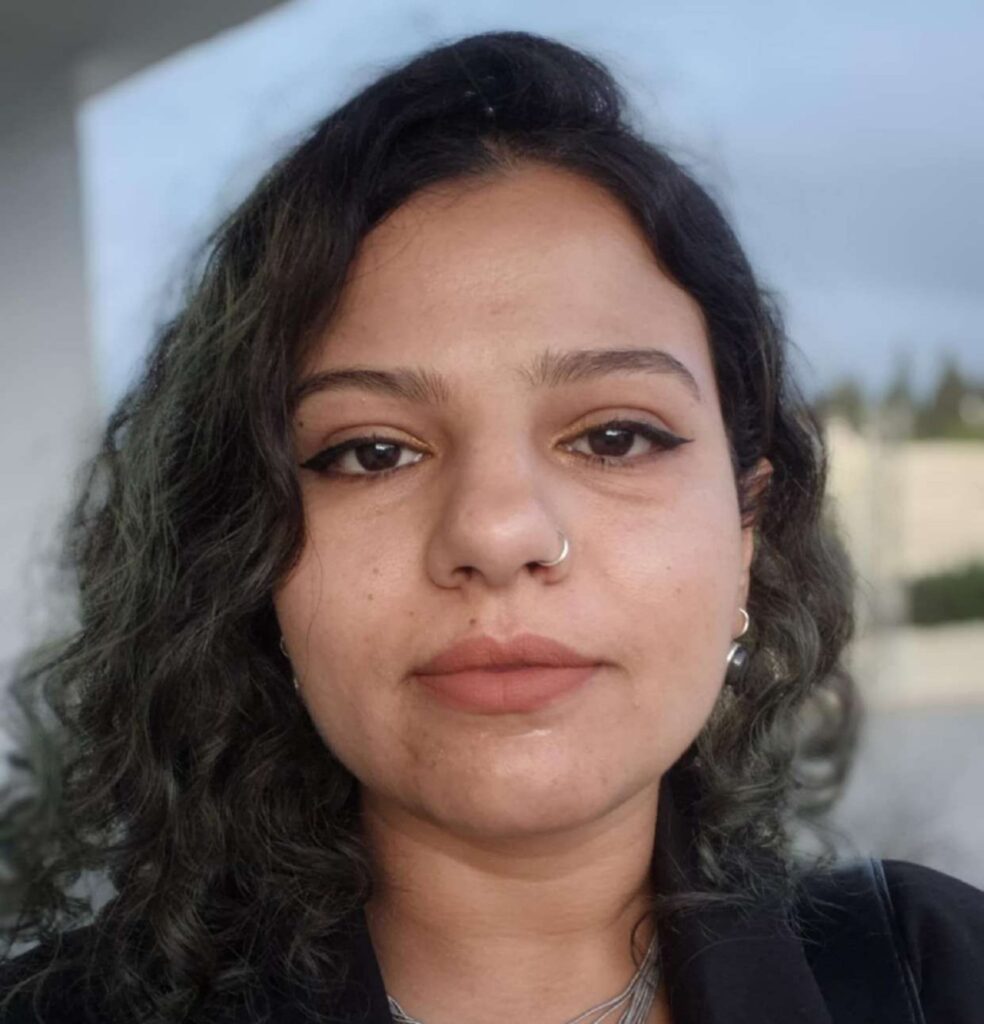
Assala Mdawkhy (she/her/herself or they/them/themselves) is a queer feminist passionate human rights defender dedicated to gender and climate justice as well as the well-being of communities. A committed Pan-Africanist, she is actively involved in social and political movements challenging injustice and repressive legislation in Tunisia and across Africa. Her work focuses on strategic litigation to repeal colonial penal code laws that penalize LGBTQI people with up to three years of imprisonment, safeguarding human rights defenders through a holistic approach to safety and security, and ensuring access to justice and basic needs for marginalized communities. Currently, Assala serves as Protection Coordinator with Climate Activist Defenders, where she works to support human rights defenders and climate justice activists. Assala is an alumna of The Tahrir Institute for Middle East Policy’s non-resident fellowship, concentrating on gender and sexuality research in the SWANA region.
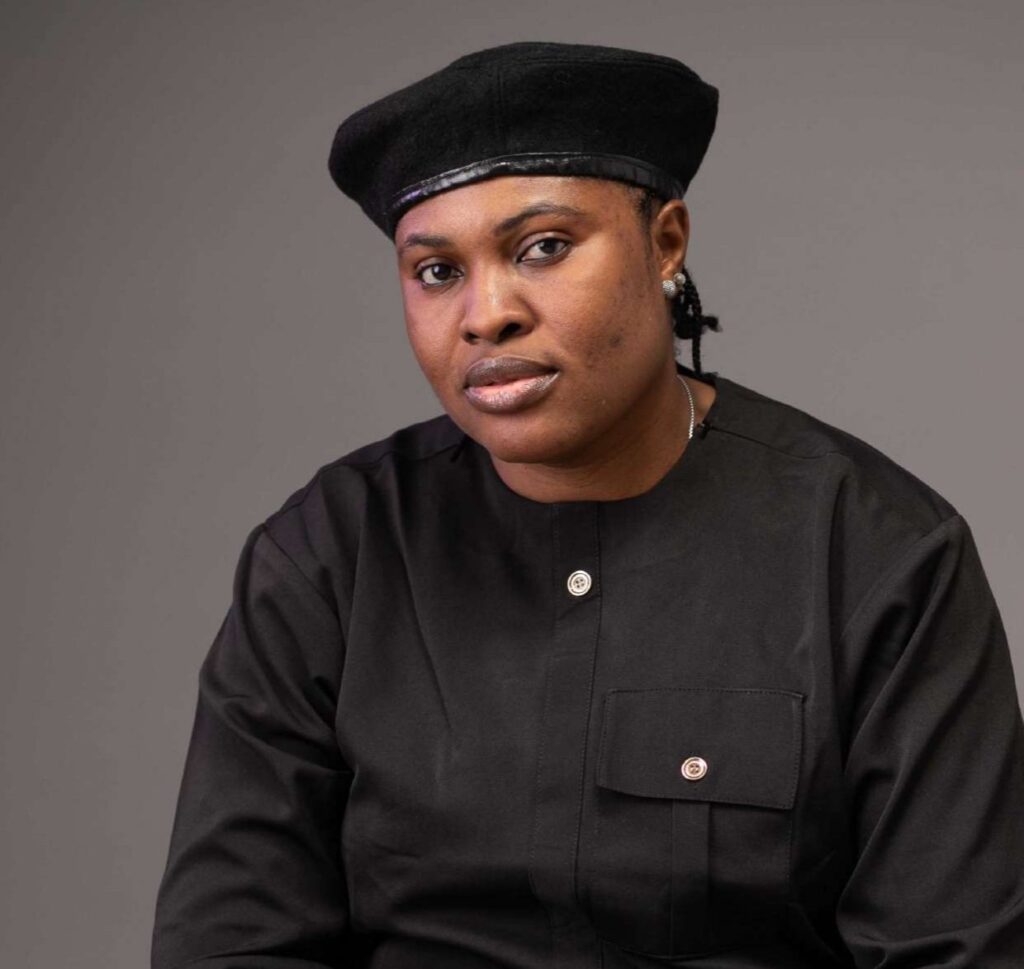
Juliet Nnedinma Ulanmo (preferred name – Nnedinma) is a Nigerian human rights lawyer and feminist activist, serving as the Executive Director of the Women Initiative for Sustainable Empowerment and Equality (WISE). Based in Kano State and originally from Delta State, she leads WISE’s efforts to end violence, discrimination, and criminalization of LGBTIQ+ people in northern Nigeria and across the country. Nnedinma’s work spans grassroots organizing, policy engagement, capacity strengthening, and storytelling as tools for visibility and systemic change. She co-created RAFEM – Radical Africa Feminist Movement (West Africa). She was part of the Working Group that convened the first Global Feminist LBQ Women’s Conference in South Africa in 2019, which brought together over 400 LBQ women worldwide. Through her leadership, Nnedinma has positioned WISE as a key convener and ally in feminist and queer movements across West Africa and beyond.
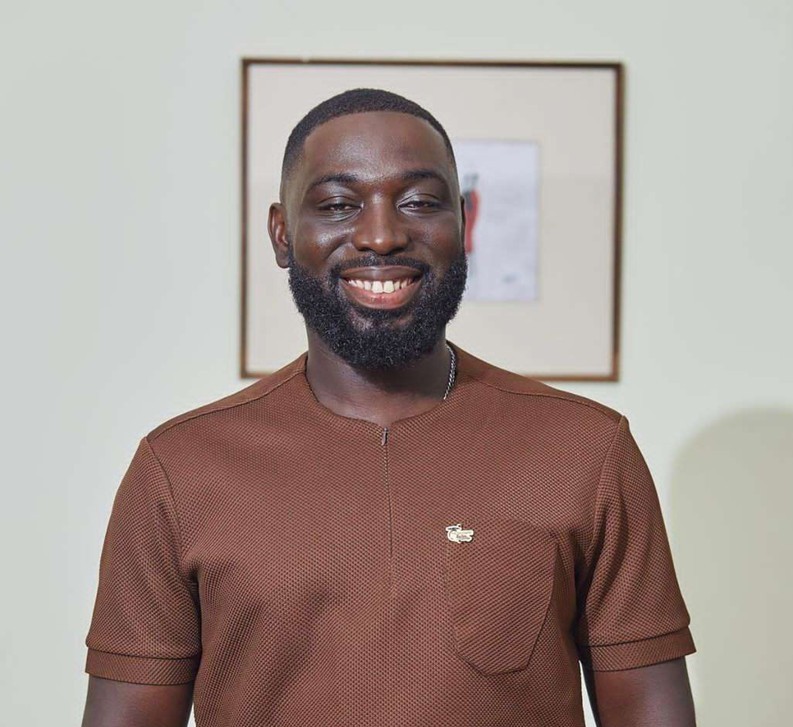
Robert Akoto Amoafo is a strategic leader in advancing feminist and LGBTIQ+ advocacy
across Africa, dedicated to advancing social justice and transforming systems that
perpetuate inequality. With over a decade of experience driving policy change and
movement building, Robert has worked alongside grassroots movements, feminist
organizations, and international actors to shape inclusive agendas that center the
voices of marginalized communities.
His work bridges activism and strategy—mobilizing resources, influencing policy, and
strengthening movements to challenge oppressive structures and reimagine more just
futures. Robert brings a pan-African perspective and a deep commitment to
intersectionality, ensuring that feminist and LGBTIQ+ movements across the continent
are not just included, but are leading the change.
Session 023: How Arts-Based Interventions Drive Feminist Financing and Climate Justice
This session explores how creative approaches such as theater, storytelling, and arts-based interventions can unlock innovative financing solutions for gender and climate justice. Arts-based interventions transcend race, language, and culture, making advocacy accessible and relatable for all. Financing feminist movements, particularly those using art-based tools, is crucial for sustaining inclusive, intersectional, and community-driven solutions that transform narratives and challenge systemic inequalities.
Speakers:
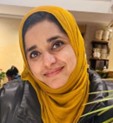
Dr. Najam Us Sahar leads CDA, one of Pakistan’s most established youth-led organizations advancing gender equality and social justice for over two decades. She holds a PhD in Finance and has extensive university teaching experience, bringing academic rigor and practical insight to conversations on feminist futures. Through CDA, she has championed theatre-based and participatory methods that strengthen women’s leadership, community empowerment, and inclusive development. In this session she will also serve as the moderator, connecting arts-based approaches with innovative financing models to enable sustained impact.
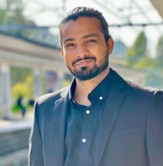
Danish Sohail is an award-winning theatre director and artivist with 20+ years in interactive and forum theatre. He began activism on stage at nine. He holds a Master’s in Theatre Directing from the University of Essex (London) and a Bachelor’s in Filmmaking. As Executive Director of The Young Changemakers, he leads performances and trainings that center art for youth empowerment, feminist financing, and climate justice. He was a 2024 Gender Just Climate Solutions Awards nominee in the non-technical category. He received the UK Global Talent Visa in 2023. His work has aired on Voice of America. He mentors young artivists and designs cocreation labs that turn community stories into public action. At the conference he will share practical lessons on facilitation and movement building for arts-based advocacy.
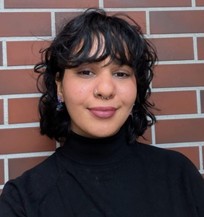
Sila Nighat Shahid is an award-winning period rights activist and feminist researcher. At Baithak – Challenging Taboos she advances grassroots advocacy on sexual and reproductive health and rights, delivers comprehensive sexuality education, and supports gender mainstreaming in SRHR programs. Her work uses co-creation, participatory methods, and human- centered design to surface lived realities and inform policy. She is pursuing a master’s degree in Civic and Community Development at ELTE in Hungary, serves as a work camp leader with the European Solidarity Corps, and curates safe spaces for international female students in Budapest. She will bring a youth and community perspective linking menstrual equity, inclusion, and feminist financing.
Session 025: Poetry, Portraits and Perspectives: Voices from the Global South
This session uses poetry, art, and storytelling to spotlight feminist voices from the Global South. It challenges inequitable funding systems and showcases creative, participatory models that put equity, care, and grassroots leadership at the center.
Speakers:
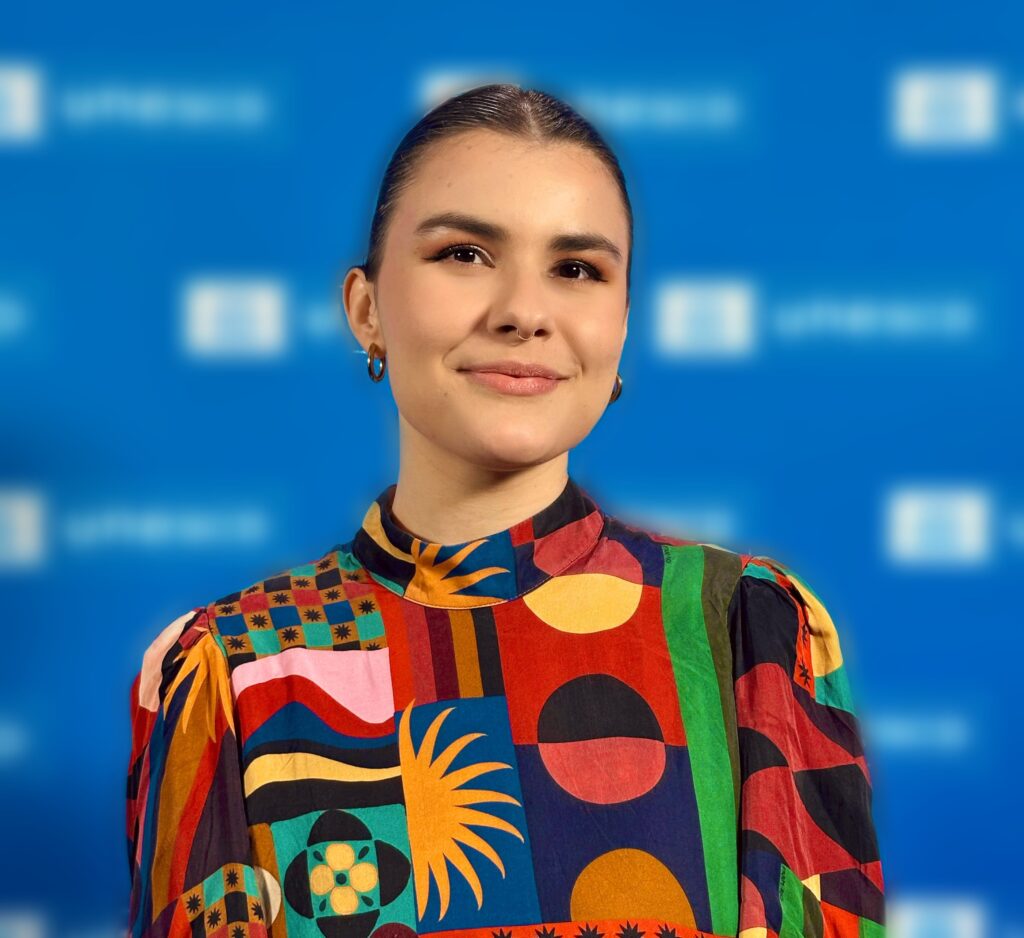
Luísa Franco Machado is an award-winning digital rights advocate and the founder of EquiLabs, a youth-led digital rights lab fostering equity-centered AI and digital governance globally. Appointed a UN Young Leader for the SDGs, she has shaped ethical AI policy at OECD.AI, UNDESA, GIZ, and governments worldwide.
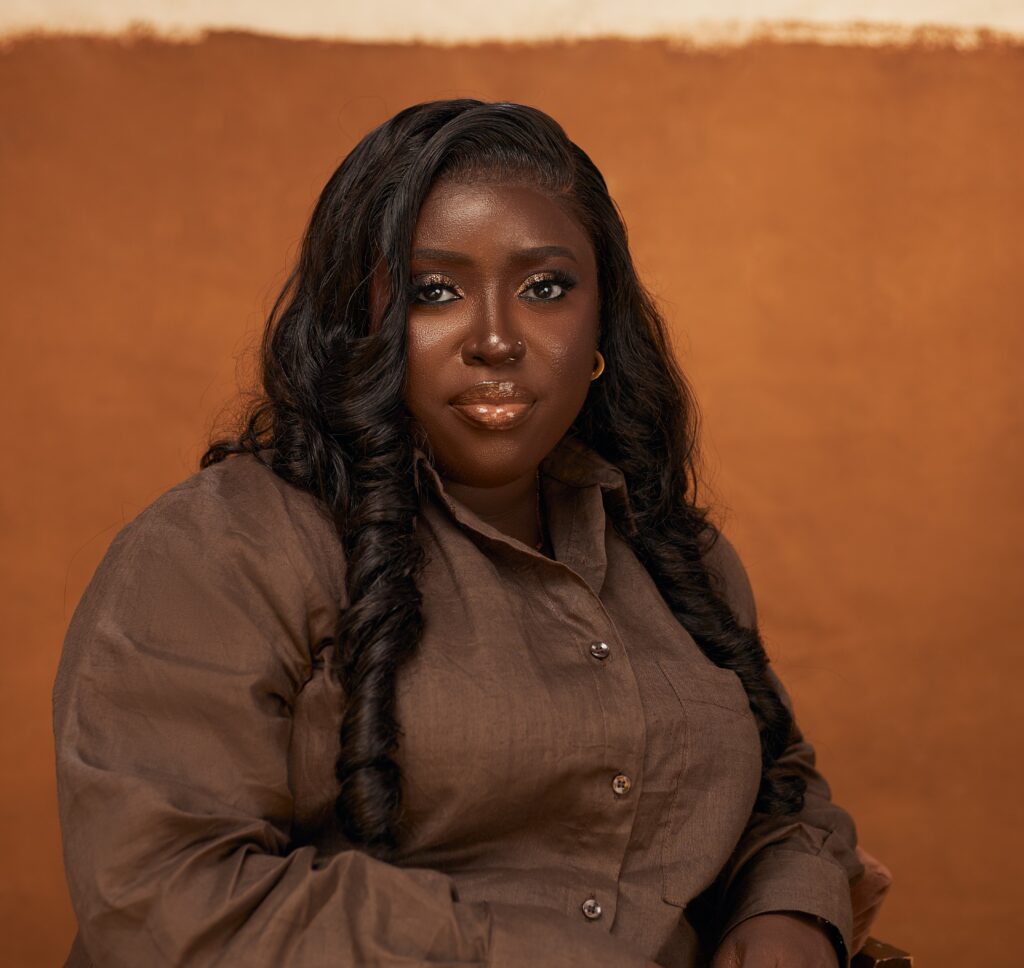
Elizabeth Talatu Williams is a development professional with over 10 years of experience advancing gender justice, sexual reproductive health and rights, and youth leadership across Africa. She holds an MSc in International Development from the University of Birmingham, UK. She is the Founder and Executive Director of the Sustainable Impact and Development Initiative in Nigeria and a member of the UNFPA Youth Engagement Reference Group for West and Central Africa. She has spoken at global convenings including the UN General Assembly, ICPD, ICFP, and Women Deliver. Her work has been recognized by Global Citizen, Future Awards Africa, and BBC Media Action.
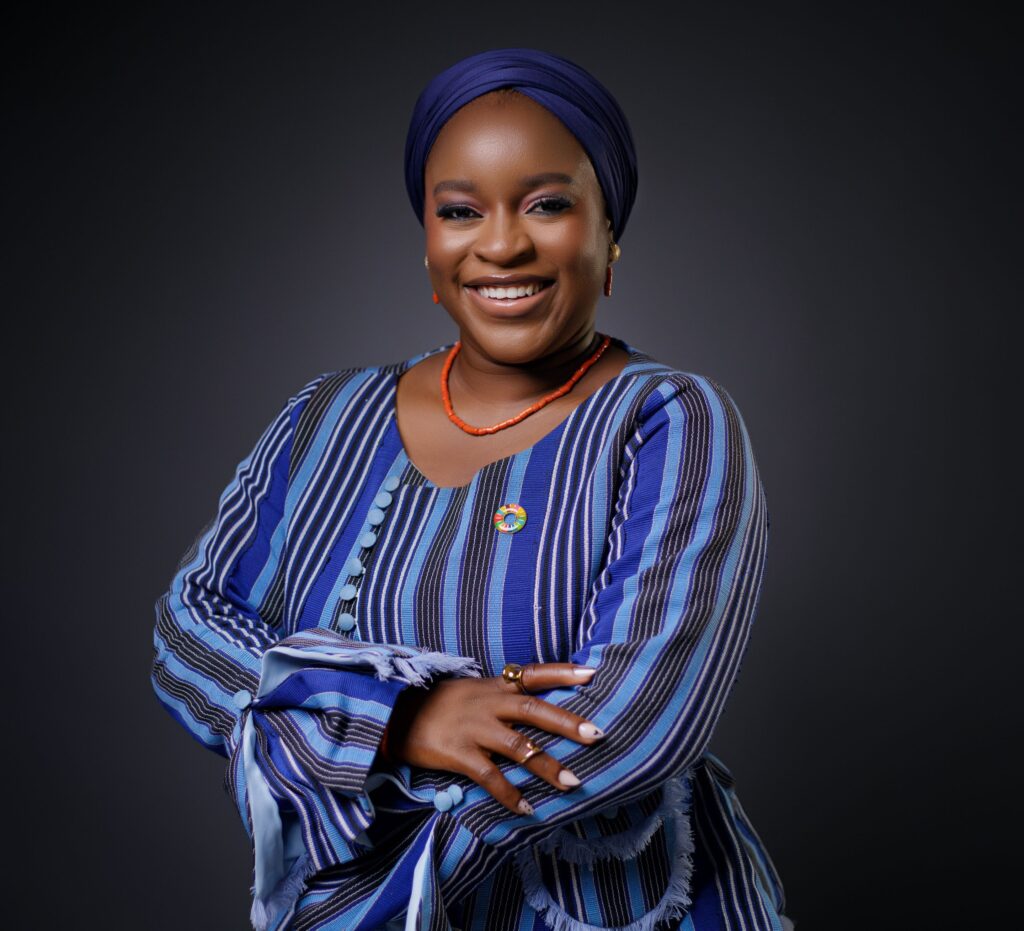
Karimot Olábísí Odébòdé is a lawyer, poet, and education advocate from Ìbàdàn Nigeria. She is the founder of the Black Girl’s Dream Initiative, a youth-led organization that works on Education, leadership and Gender equality. Karimot is the author of a poetry collection, “a woman has many names” and she uses her poetry as a means of advocacy. She graduated with a masters degree in Education Policy and Analysis from Harvard University and Karimot is one of the 17 Young Leaders for the SDGs recognized by the United Nations.
Session 027: ‘The Lifeline’: Experiences of Grassroots Feminists in accessing Public Money for Economic Advancement
The Session will demonstrate the impact of the exclusion of critical groups of womxn and girls who are economically active from key financial and developmental initiatives and programs. The Session dialogue will further critically analyse how the appropriate distribution and channeling of public money towards grassroots feminists who are highly active as small to medium enterprises can economically yield better results and increase support and financing for their development.
Speakers:
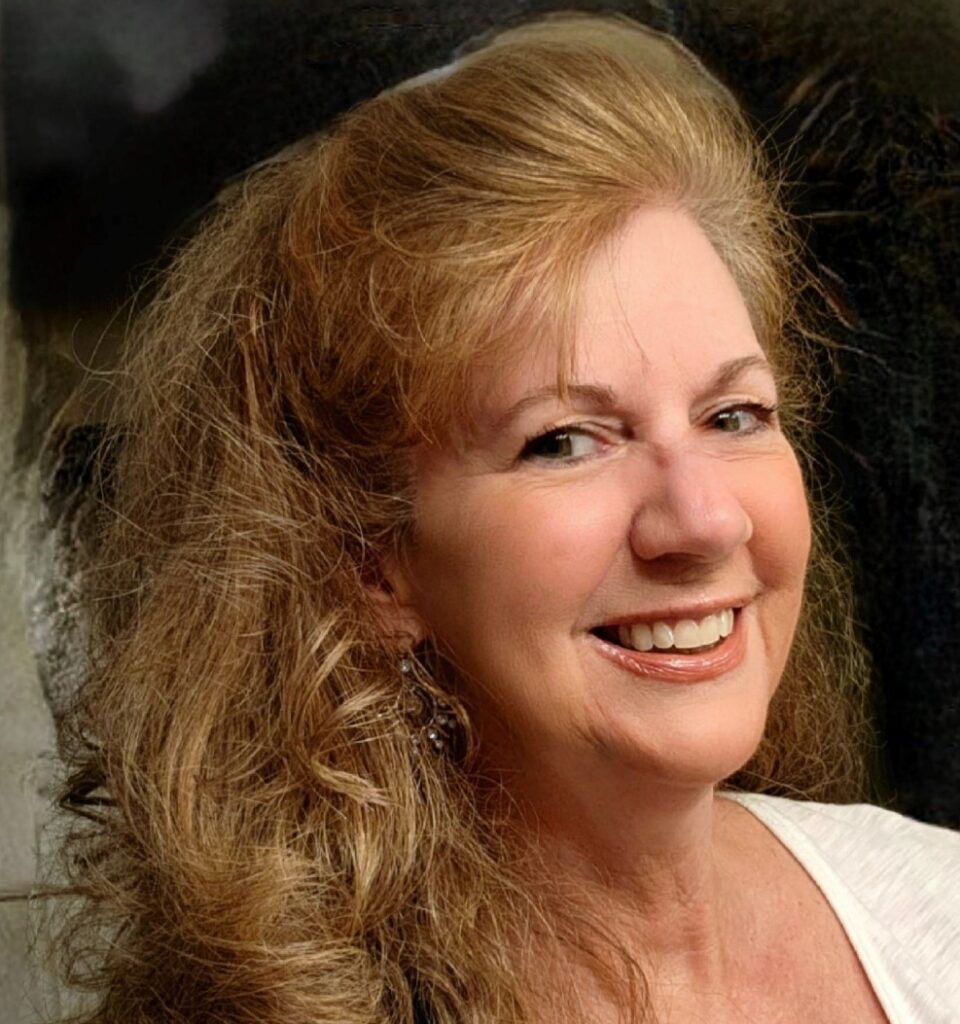
Carla B. Neumann, MS, LMFT, serves as President of Dream Sponsors, Inc., and founded the small grassroots non-profit organization in 2006. She is the creator of the My Girl TRIBE Inner Wellness Program, a train-the-trainer female empowerment initiative targeting girl beneficiaries through collaborative partnerships in 4 African countries. Neumann has over 30 years’ experience in the mental health field, treating children, adults, couples, and families with a variety of presenting issues, including trauma and anxiety. She currently provides psychotherapy services in a private practice setting. She has served in administrative roles in community mental health, in addition to developing and implementing prevention and acute care programs for rural communities in Florida, USA and Africa.
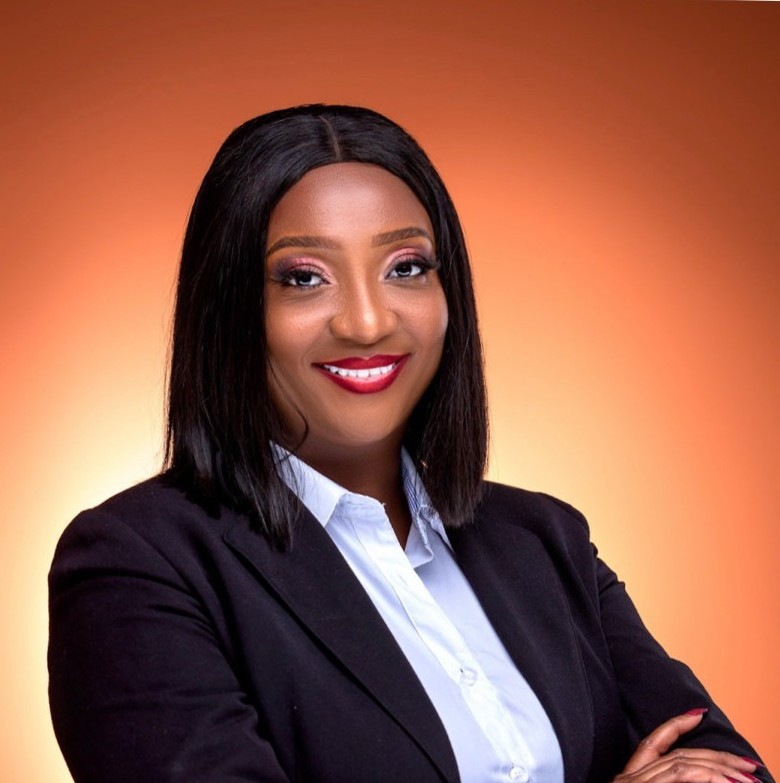
Limpo Chinika is a seasoned development and public health leader with over 15 years of experience across East and Southern Africa. She specializes in SRHR, feminist movement building, and strategic partnerships, currently serving as Country Manager at Hivos Zambia and Regional Program Manager for the Regional SRHR Fund at Hivos. Limpo is passionate about gender justice, systems transformation, and amplifying marginalized voices through rights-based approaches.
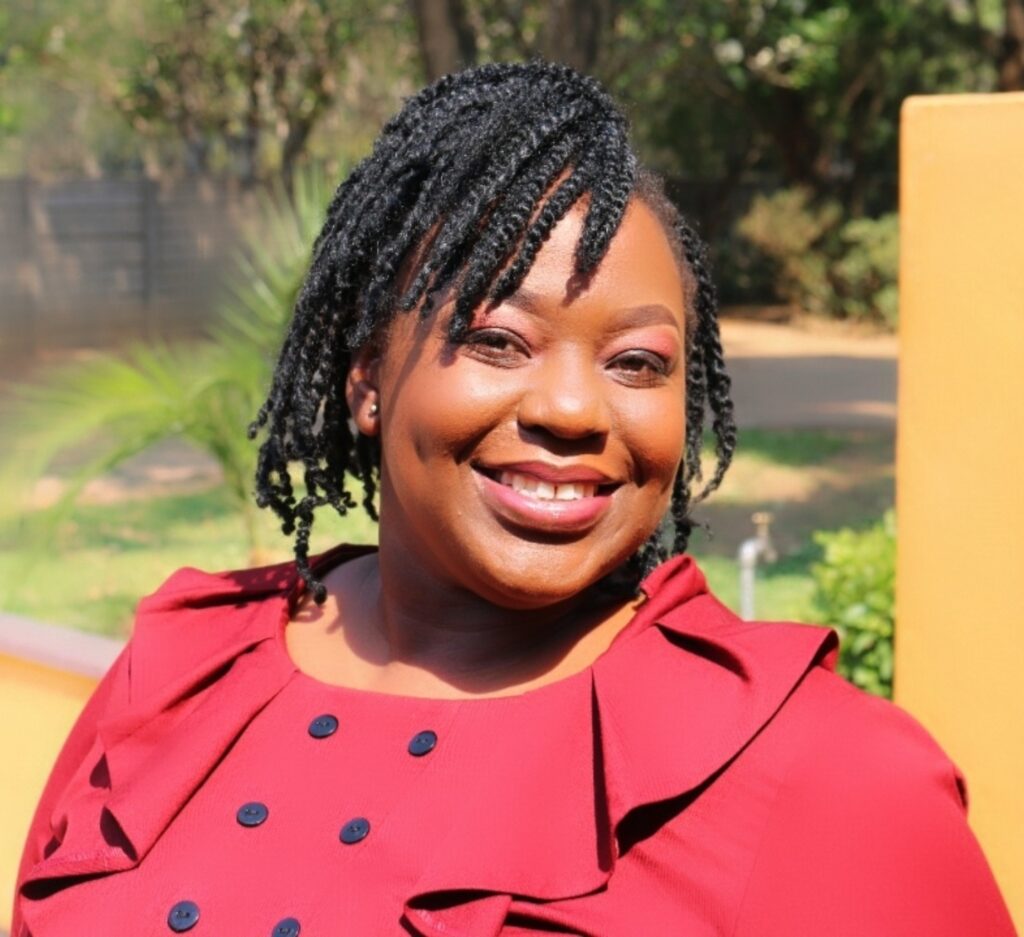
Vimbai Yvonne Mlambo is the founder of a feminist grassroots movement in Zimbabwe, the Feminist Leadership and Economic Advancement Initiative (FemLEAD). Vimbai has over 15 years of experience in gender equality and SRHR activism and programming, movement building, and resource mobilization. Vimbai has a proven track record of providing expert development and implementation of effective programme strategies and successfully executing country programs related to gender, health, and youth development.
Session 028: Financing the invisible: women with disabilities at the heart of the feminist future [Session held in French]
This session reveals a major blind spot in funding: the neglect of women with disabilities. Through the Fresque HandiFemme, we demonstrate how the invisibility of these women in funding mechanisms creates a domino effect of exclusion and impacts the goal of equality. Three experts from Africa (Cameroon, Togo, DRC) testify to the realities on the ground and propose possible solutions.
Speakers:
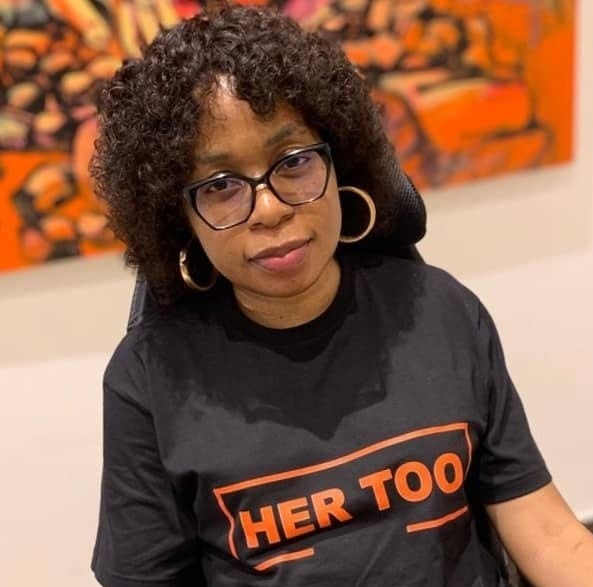
Michèle SOJIP, a survivor of a traffic accident that fuelled her activism, embodies intersectional feminism where disability and gender come together in the same fight for equality and social justice. Founder of the Handicapés et Fiers association and initiator of the Voices for Inclusion and Equality Movement, she defends women and girls with disabilities while supporting our common struggles.
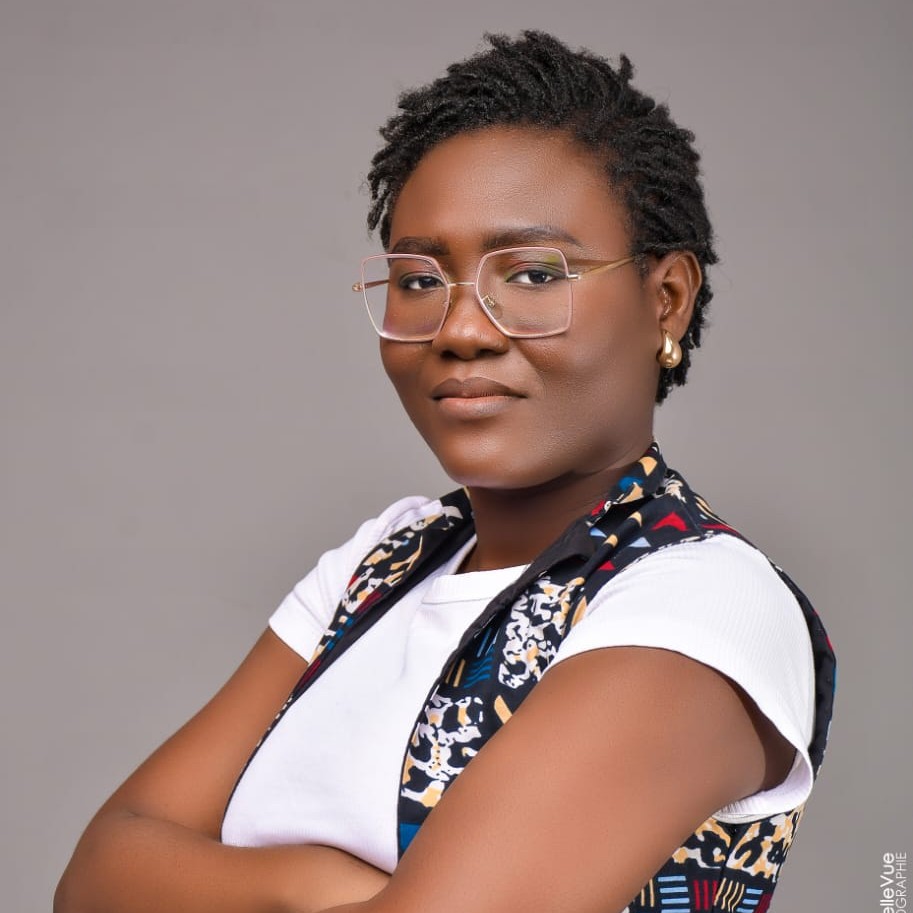
Abra Rosaline TSEKPUIA, feminist activist and strategist from Togo. She works with Purposeful where she supports young feminist groups in Francophone West and Central Africa through funding, political education and movement building. She is also a member of Les Négresses Féministes, a collective committed to dismantling patriarchal systems, and supporting and protecting feminist activists, especially online.
Session 029: EU–LAC Bi-regional Care Pact [Session held in Spanish]
The session will focus on defining the purpose, expected outcomes, and next steps for the adoption of the Bi-regional Pact on Care between the EU and LAC within the framework of the IV CELAC-EU Summit, scheduled to take place in Colombia in November 2025. Civil society from both regions have been collaborating for over two years to ensure that this pact reflects the critical demands and agendas of civil society and feminist movements in both regions.
Speakers:
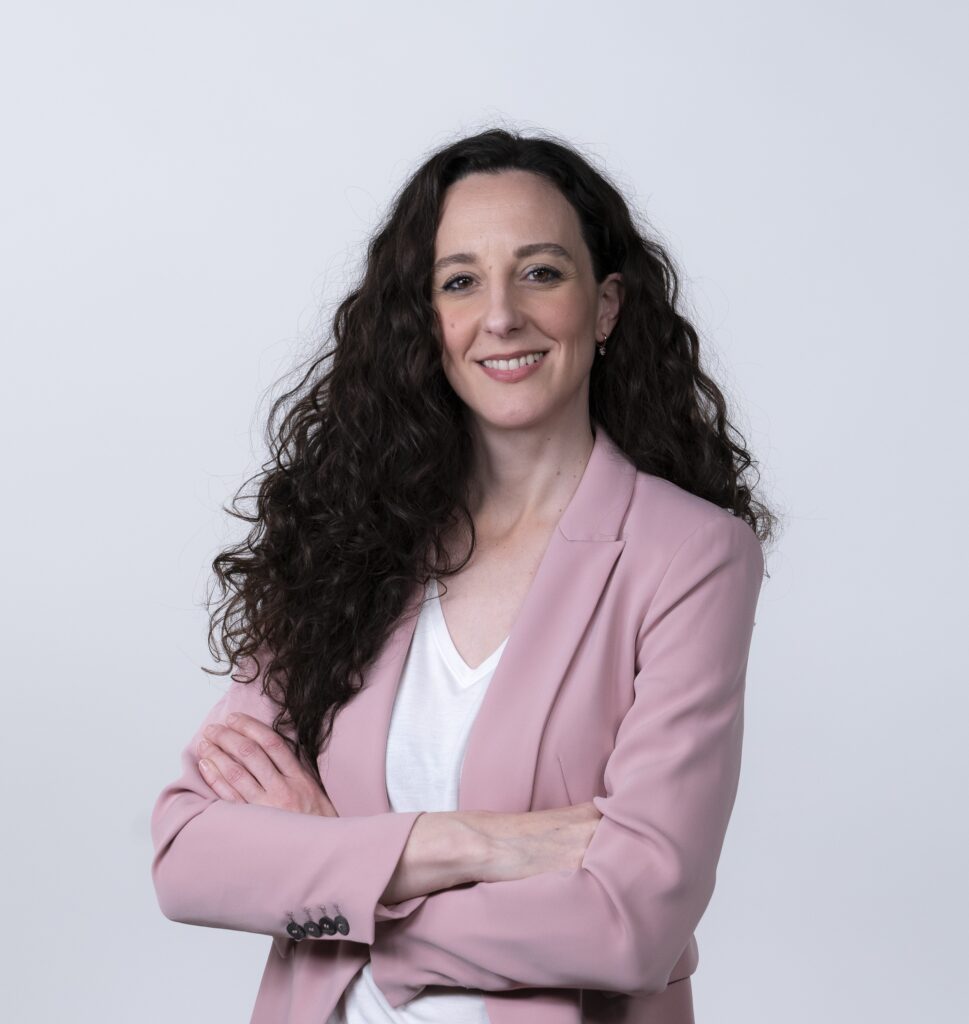
Inma D. Alonso is responsible for EU-Latin America and Caribbean relations and development financing at La Coordinadora. She has a degree in Communication Sciences-Journalism, a Master’s degree in Political Action—specializing in gender equality and violence—a postgraduate degree in International Information, and is currently pursuing a PhD in Communication, researching public policies on care and communication. She has nearly 20 years of professional experience in civil society organizations in Spain and 12 countries in Africa and Latin America, leading strategies in public affairs and advocacy, communication, awareness-raising, and mobilization.
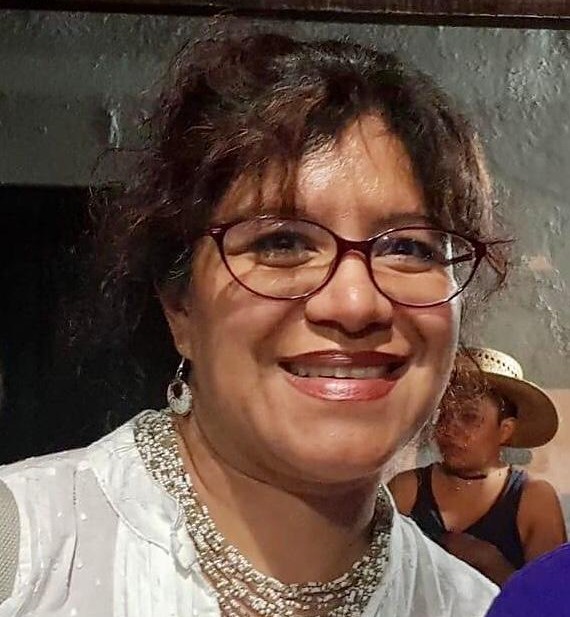
Alma Rosa Colin is the coordinator of Policies and Budgets for Equality and Sustainable Development in Gender Equality: Citizenship, Work, and Family, part of the Care Network in Mexico and the Trenzando Cuidados Network. She holds a degree in social psychology from the National Autonomous University of Mexico. She has more than 20 years of experience in advocacy for gender equality policies at all three levels of government, with a focus on the sexual division of labor. She is the author of various publications and methodologies on domestic and unpaid and paid care work, budget design and analysis, and gender mainstreaming.
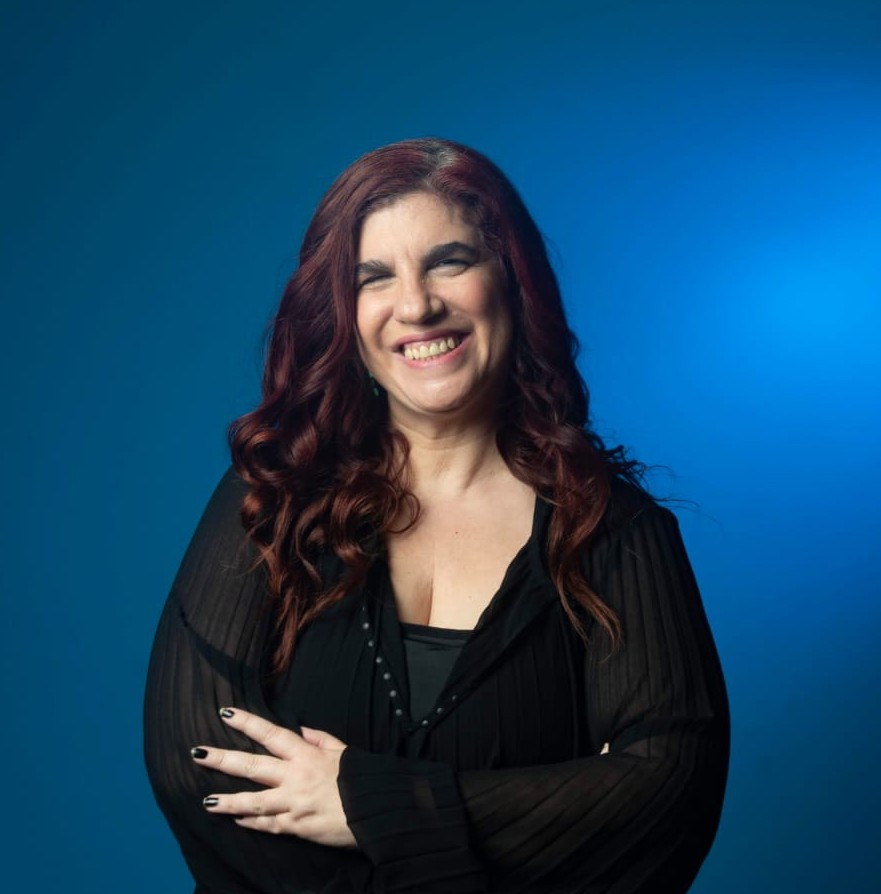
Luciana Peker is an Argentine journalist and writer specializing in gender issues. In 2023, she received the “For Women’s Lives, Not One More Death” Print Media Award from the United Nations Development Fund for Women for her work against femicide in Latin America and the Caribbean. In 2024, she was recognized by CNN as one of 30 people protecting the rights of women and the LGBTQ+ community around the world.
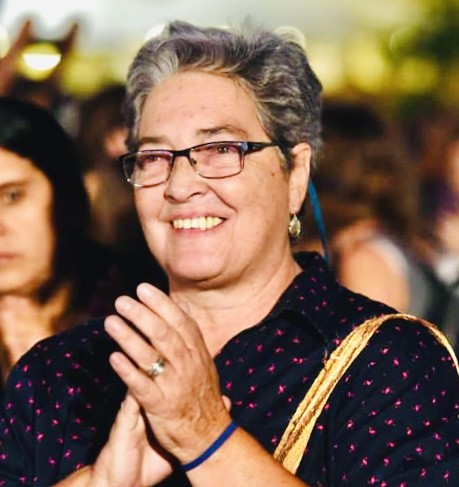
Lucy Garrido is a professor of literature, journalist, and creative producer. She is a member of Cotidiano Mujer, the Marcosur Feminist Network (AFM), and the Board of Directors of the Regional Fund. She coordinates Diálogos Consonantes, the ISOQUITO index, Causa Abierta, and the Regional Alert System on Sexual and Reproductive Rights (SAR), and is responsible for the campaign “Tu boca, fundamental contra los fundamentalismos” (Your mouth, fundamental against fundamentalisms).
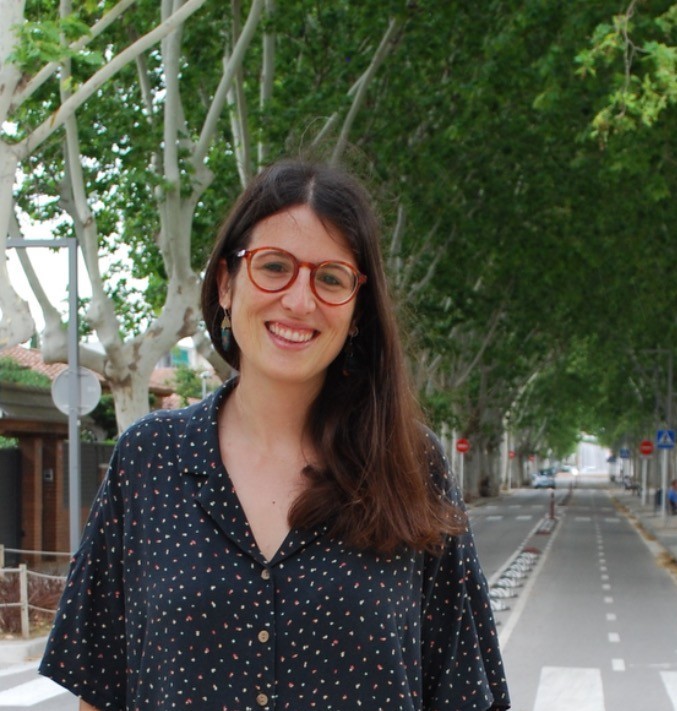
Cristina Rovira Izquierdo is a care advisor for Latin America and the Mediterranean at Oxfam Intermón and part of the Trenzando Cuidados Network. She has a degree in Political Science from Pompeu Fabra University and an MSc in Gender, Policy, and Inequality from the London School of Economics. She has been a member of the State Advisory Board on Care (2021-2023) of the Ministry of Equality. She is the author of several publications on care, job insecurity, and gender inequalities as part of her work at Oxfam Intermón.
